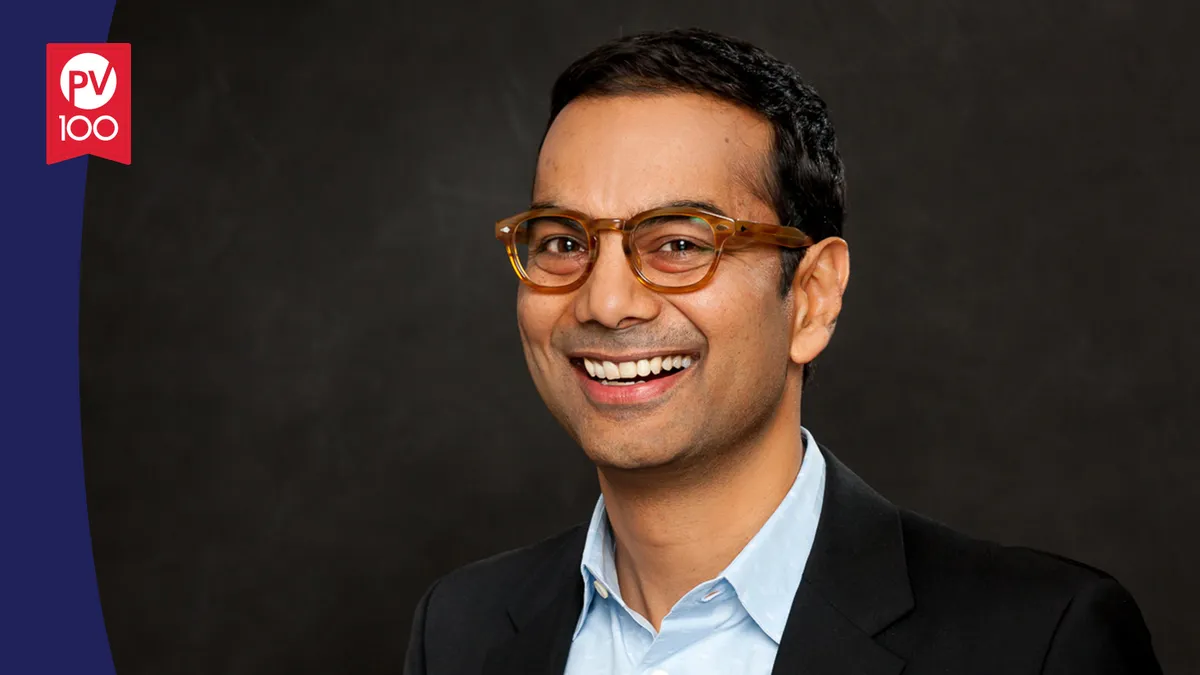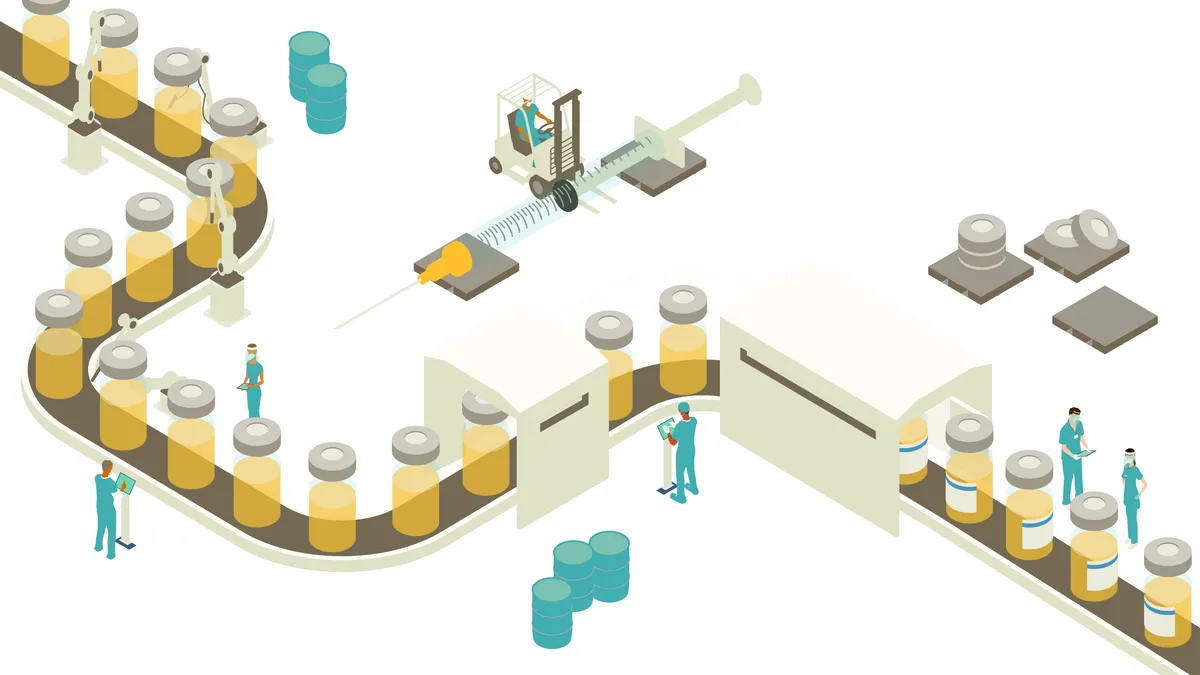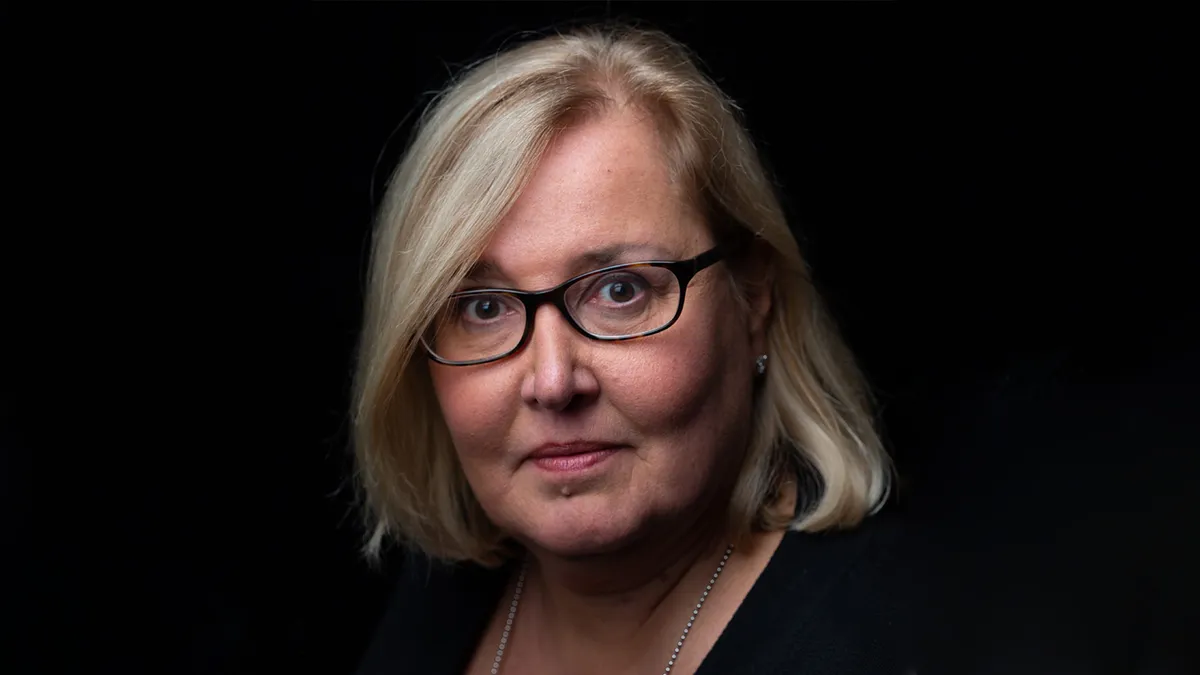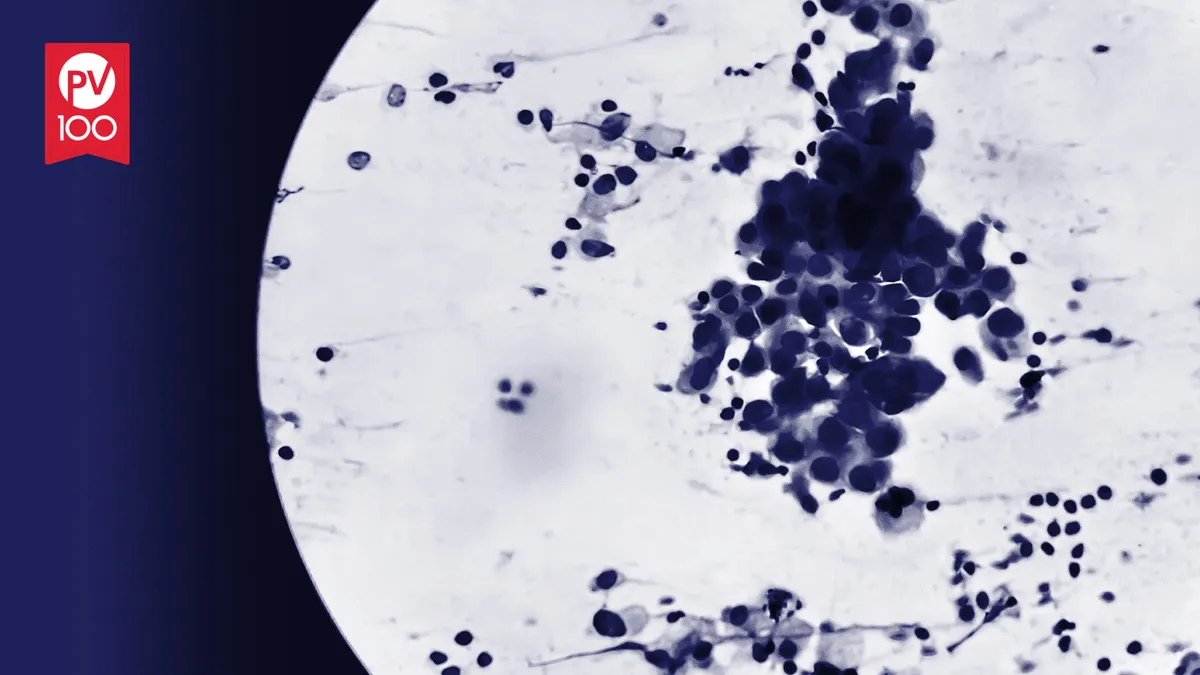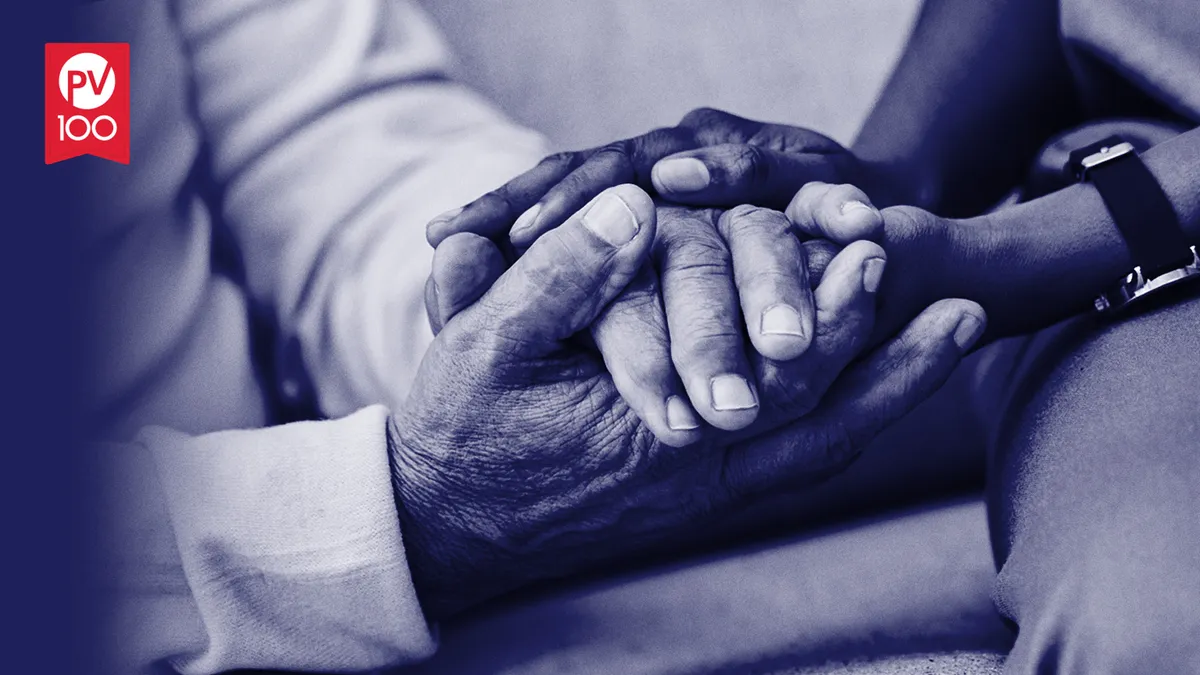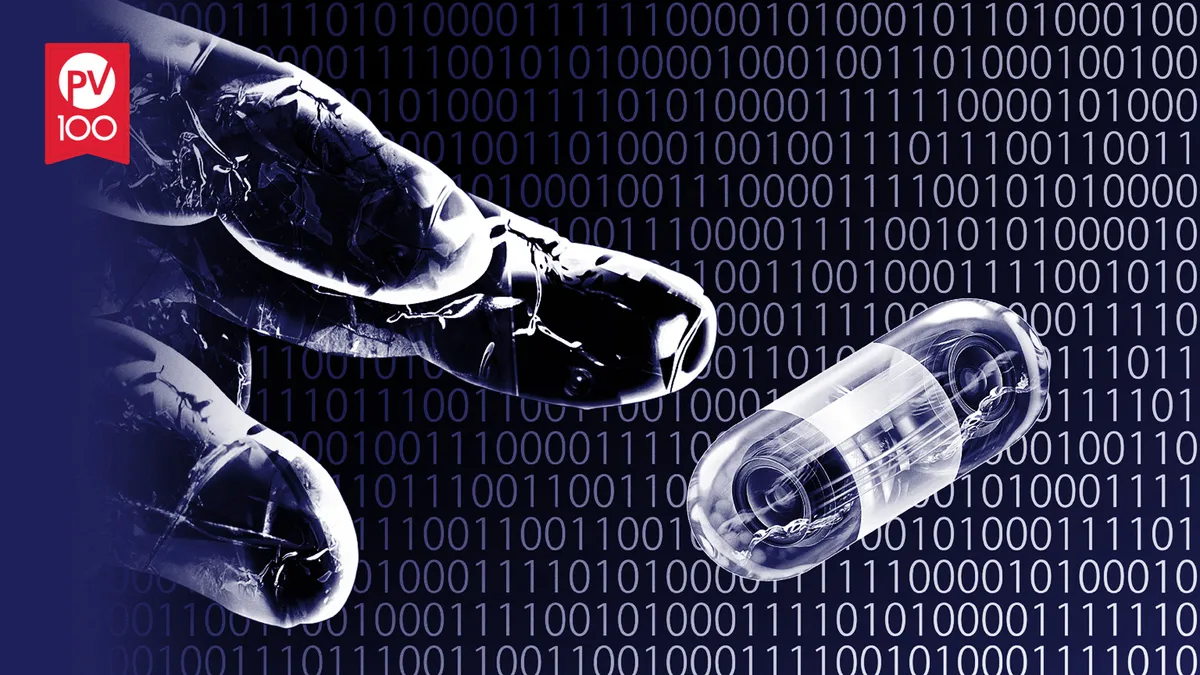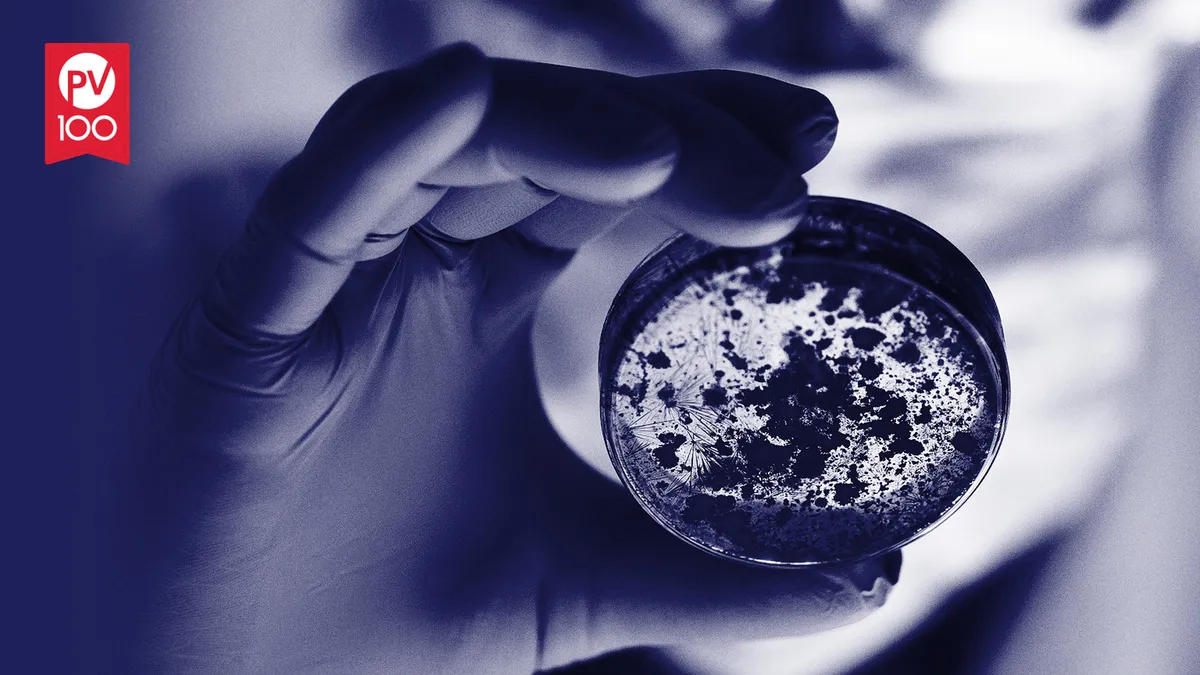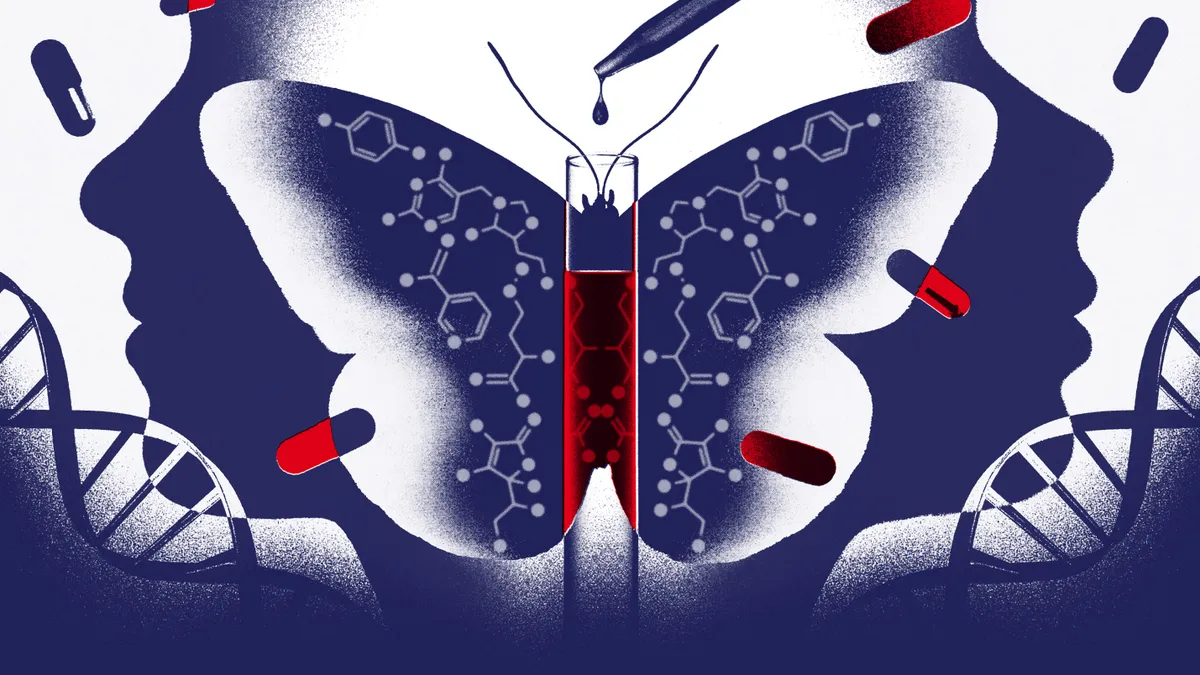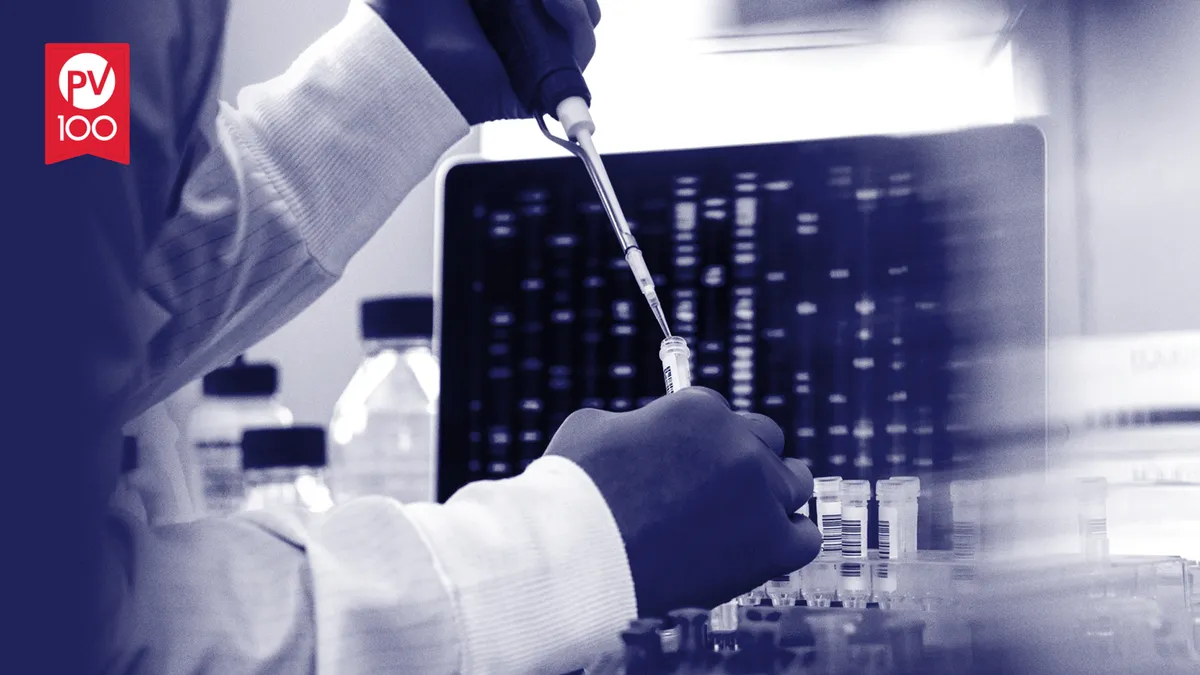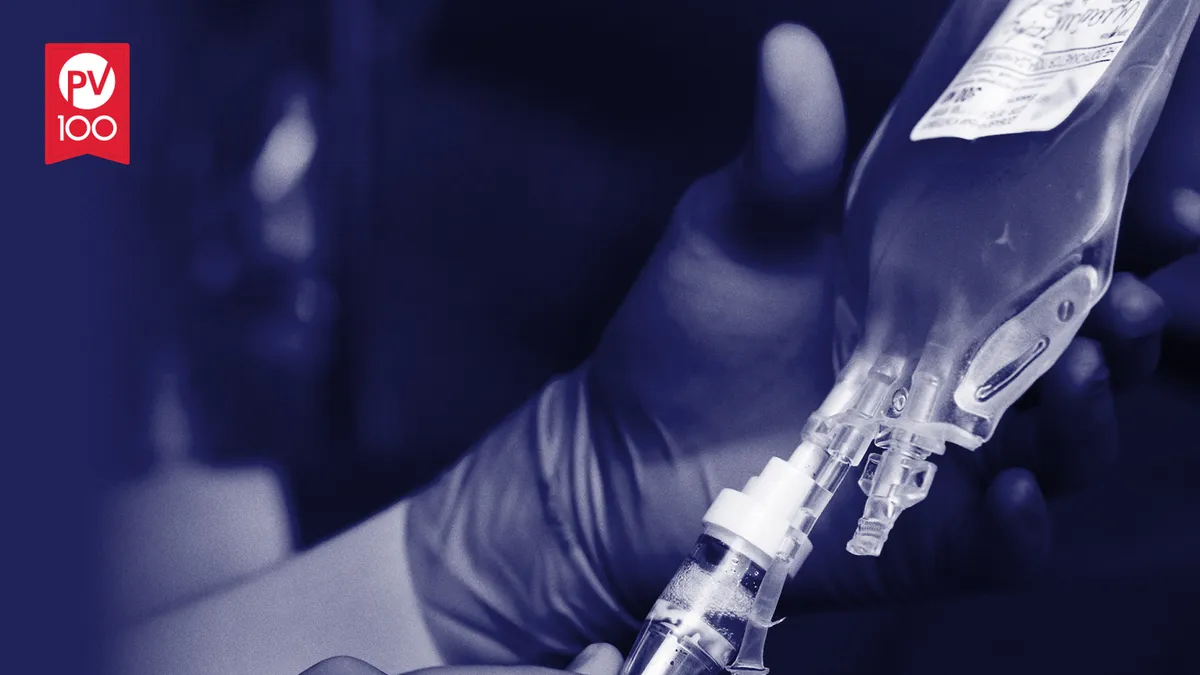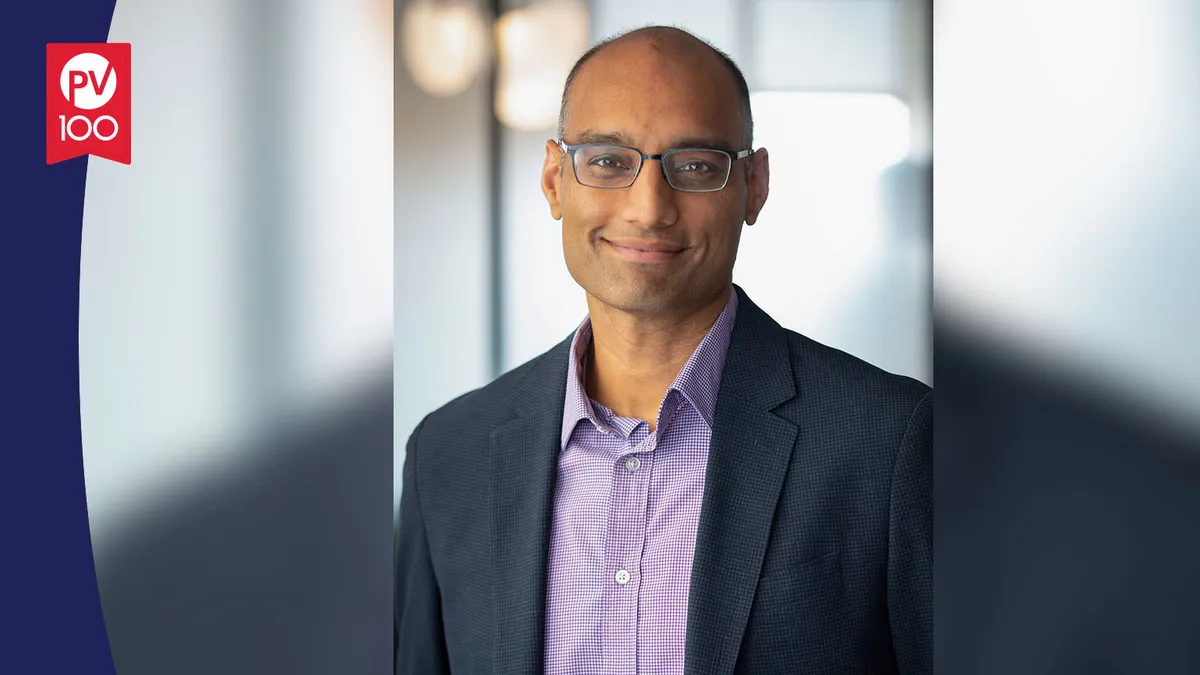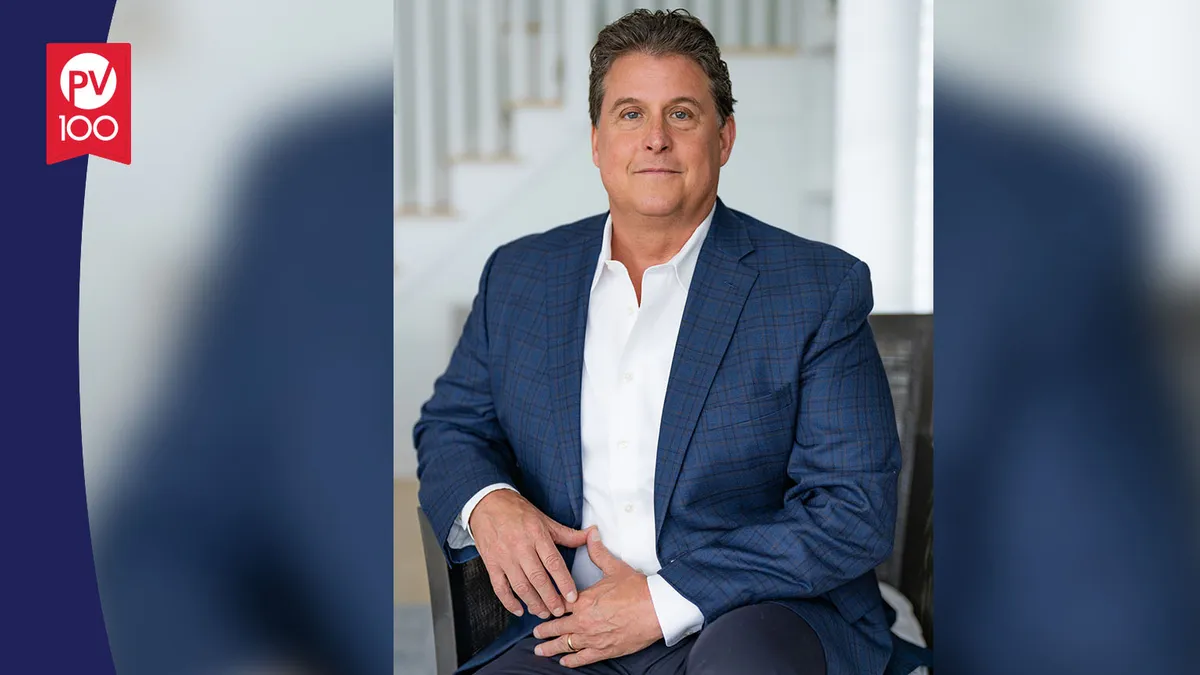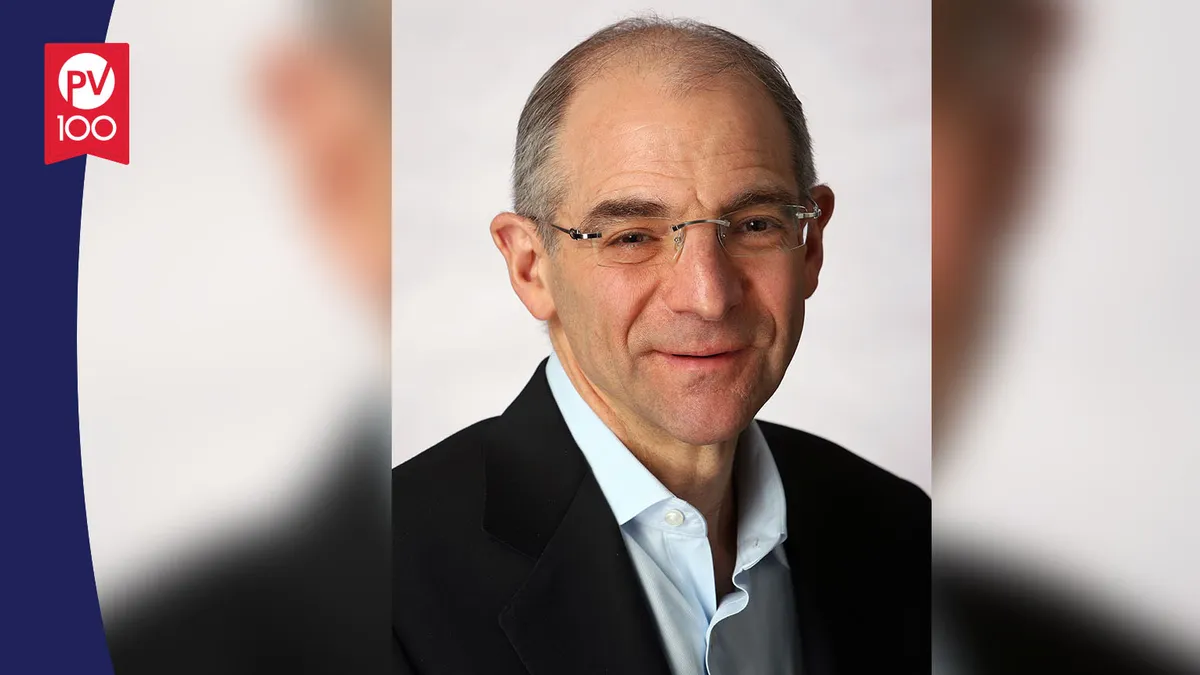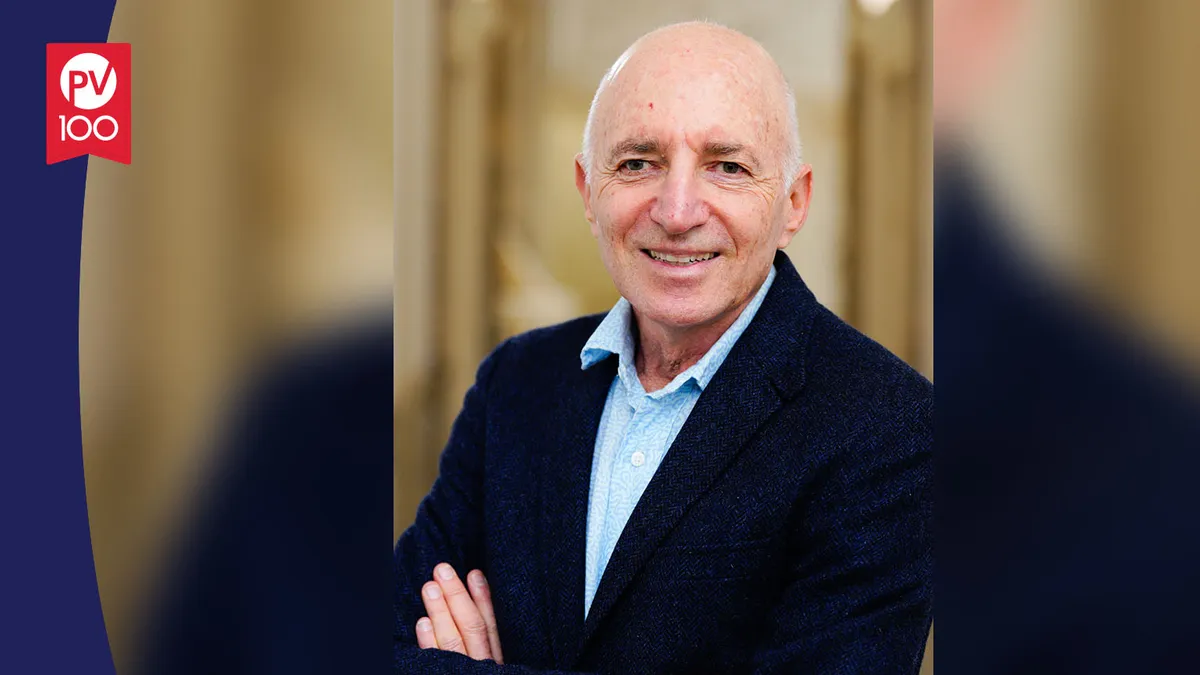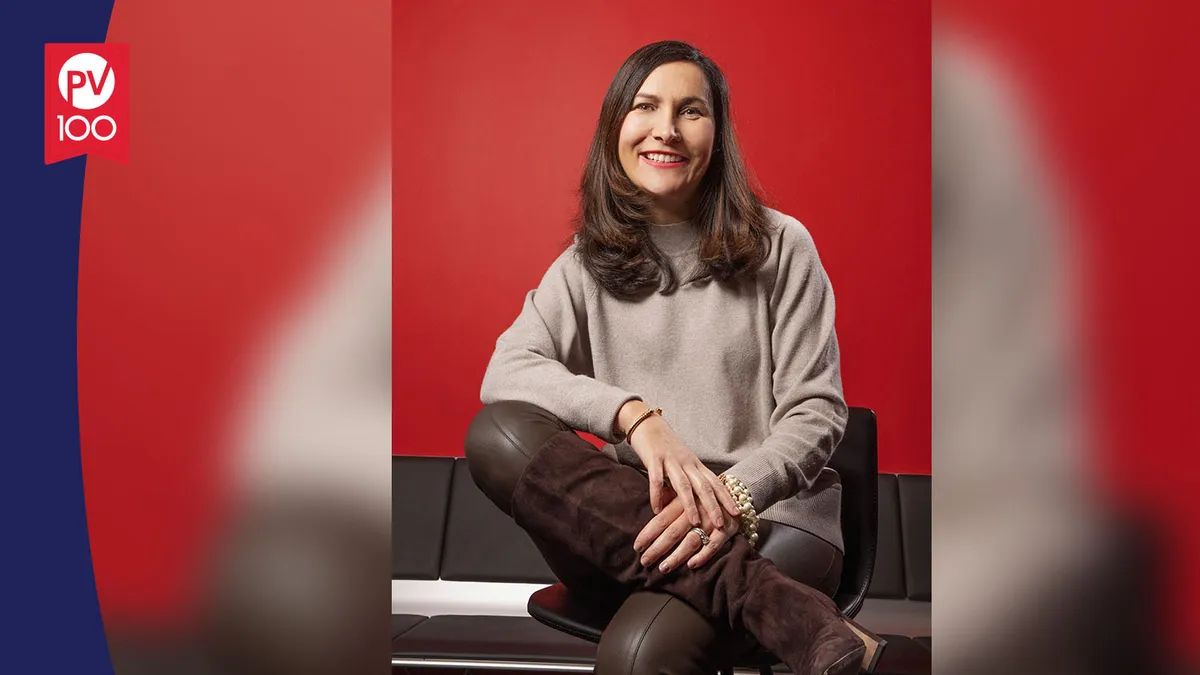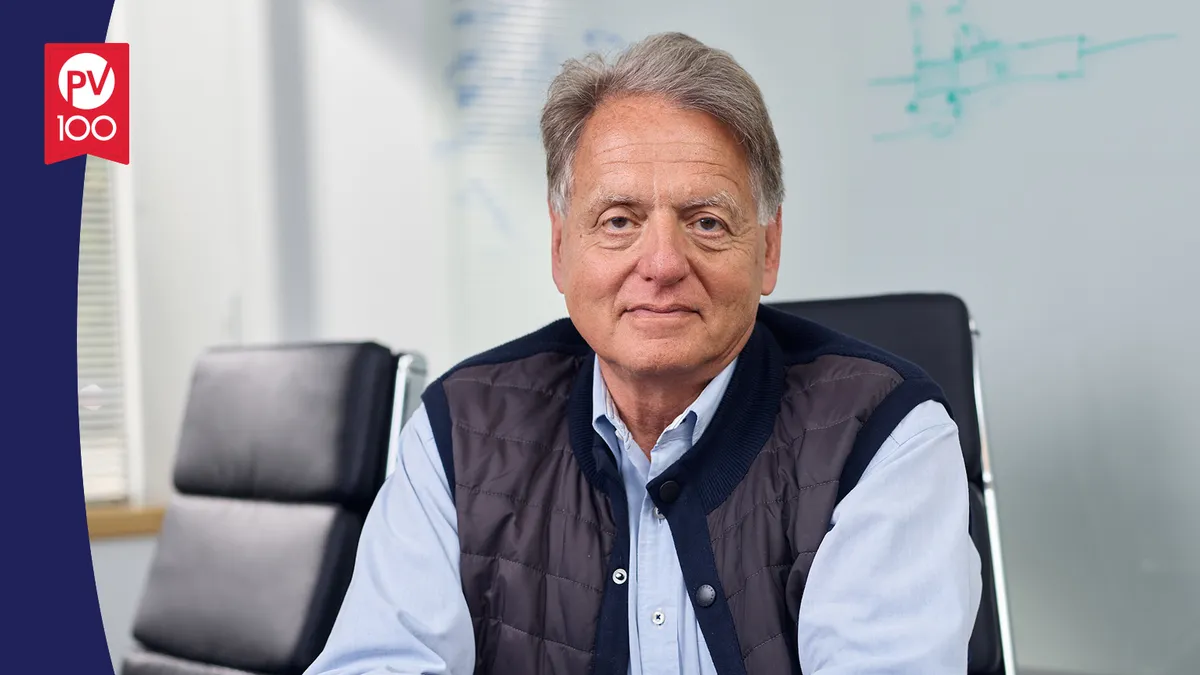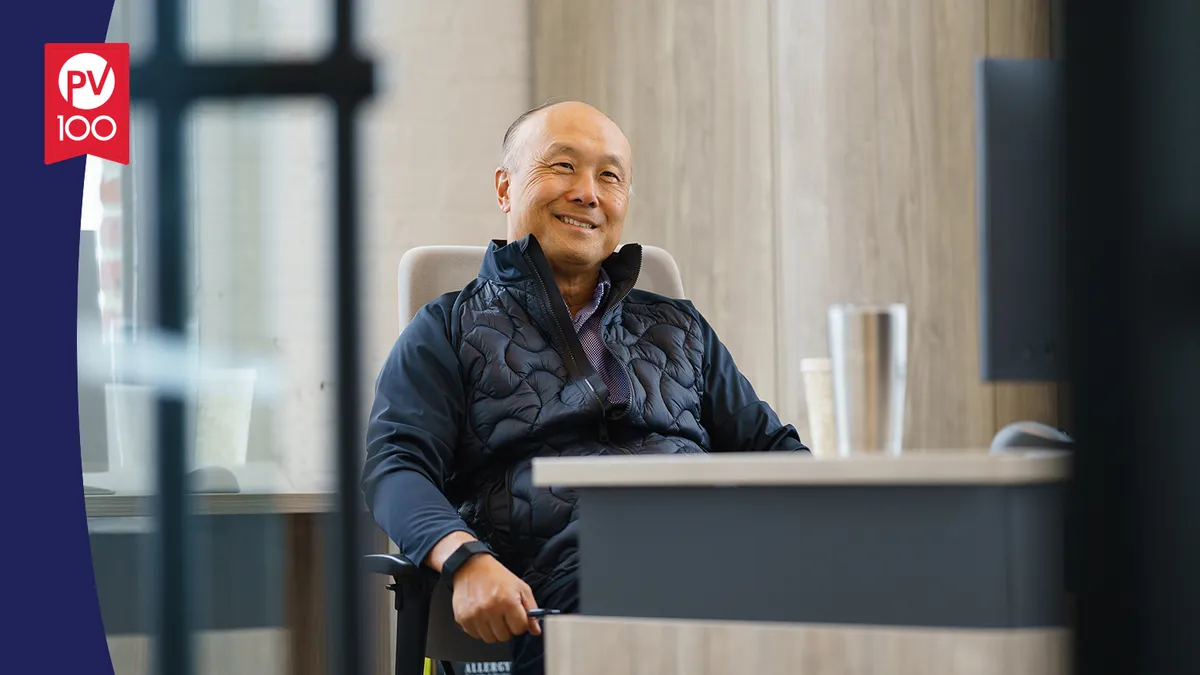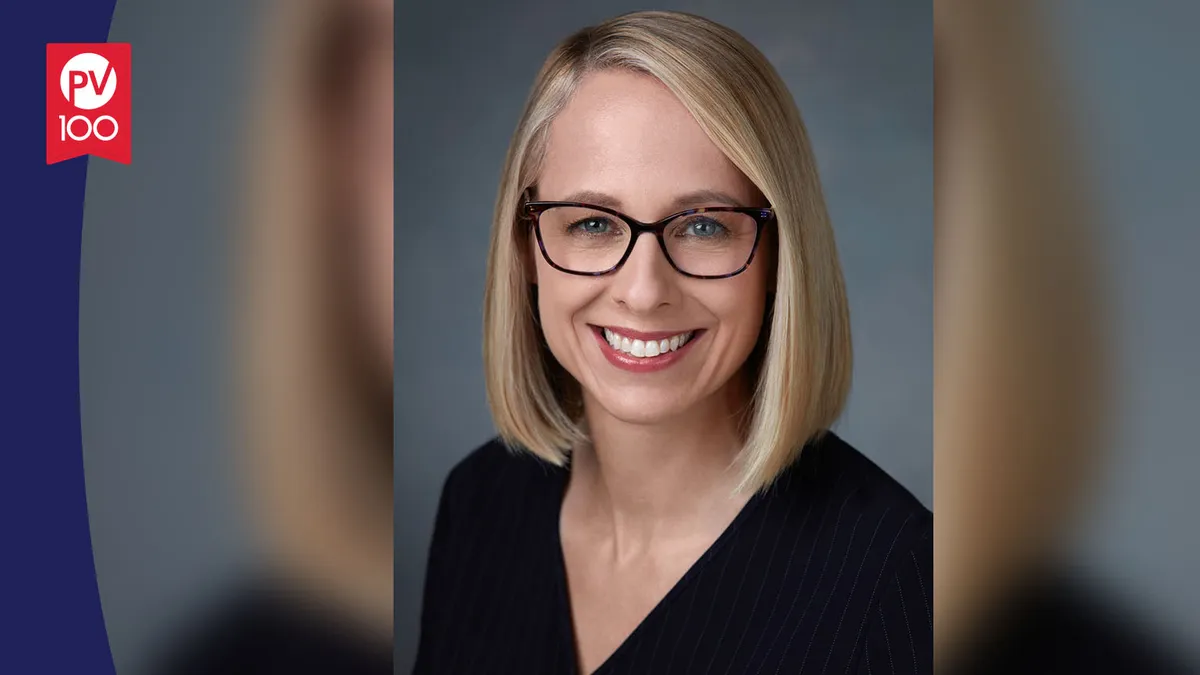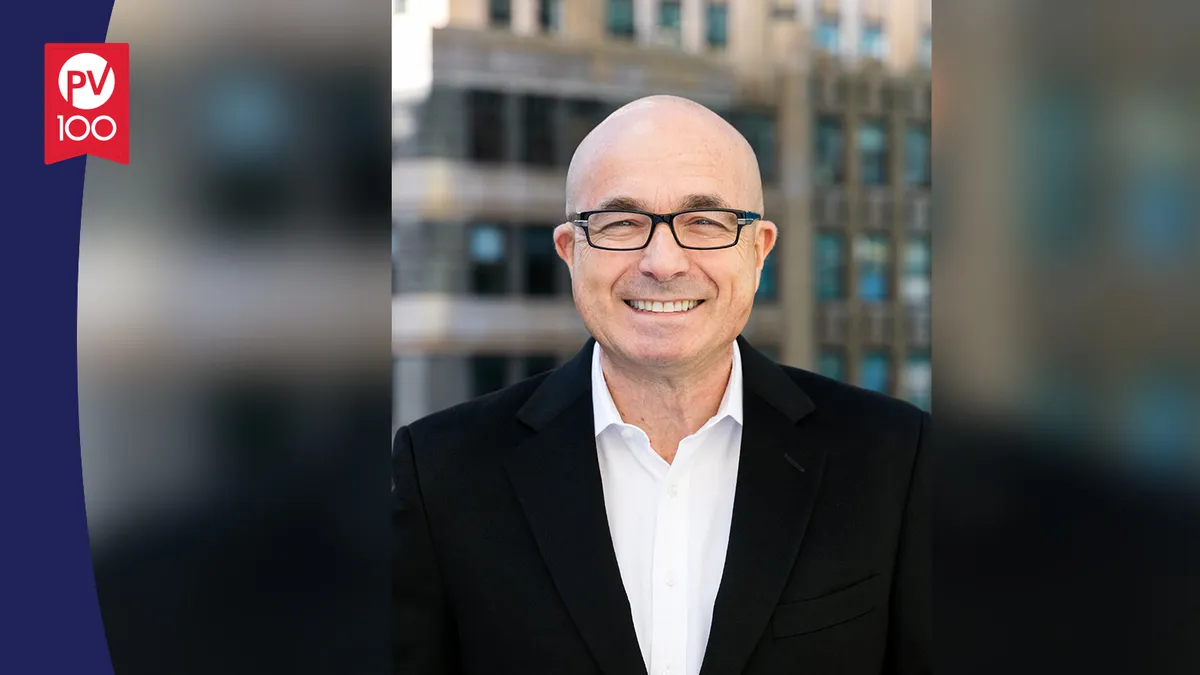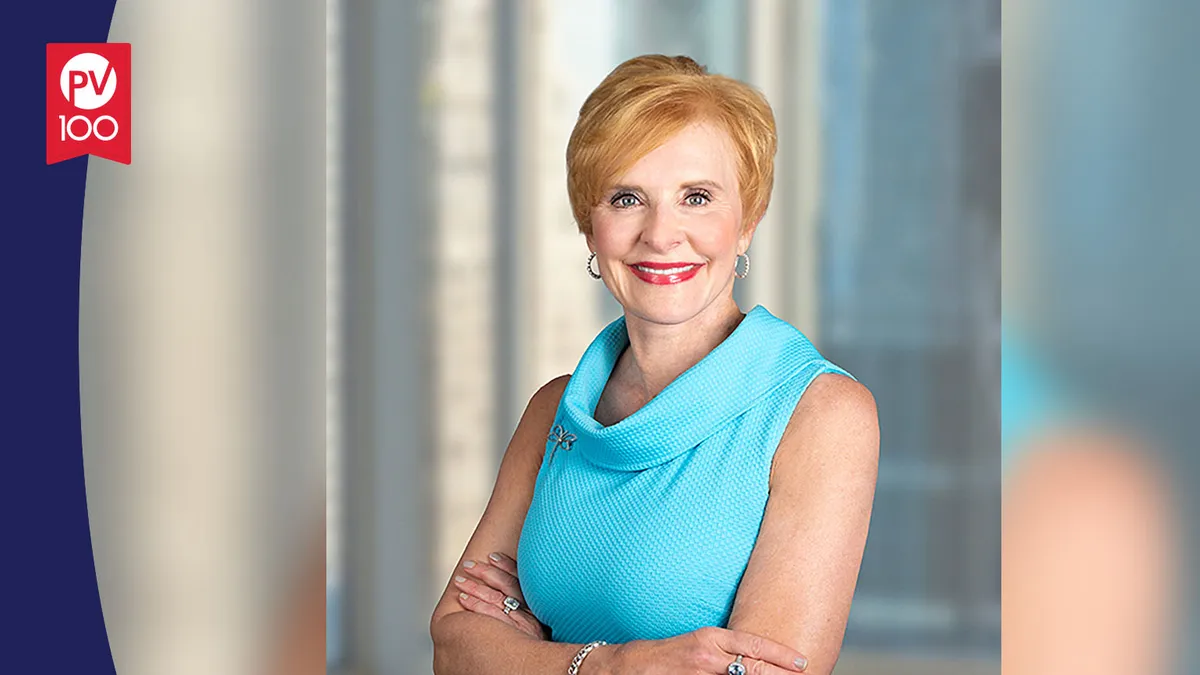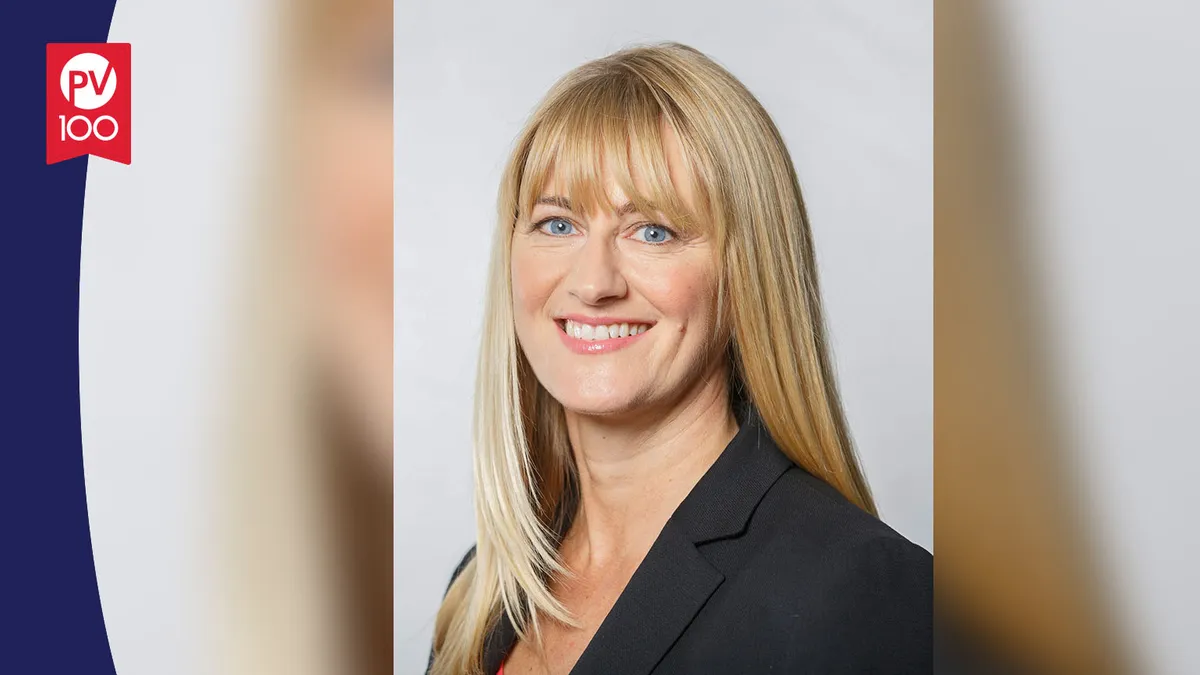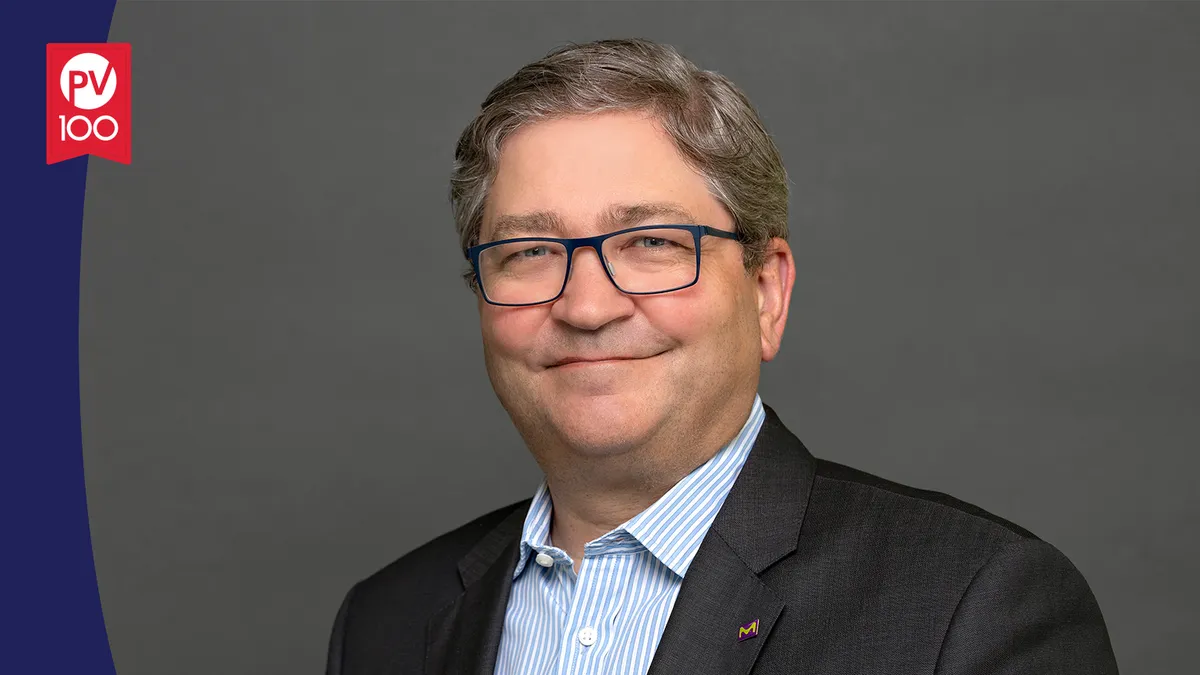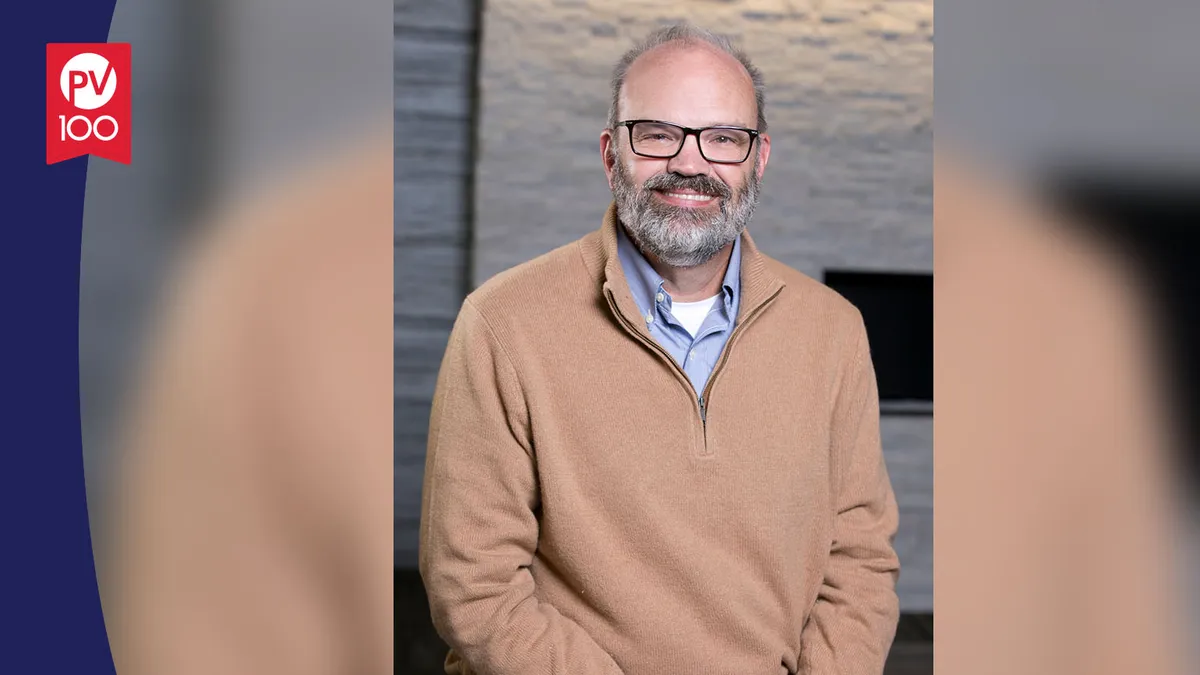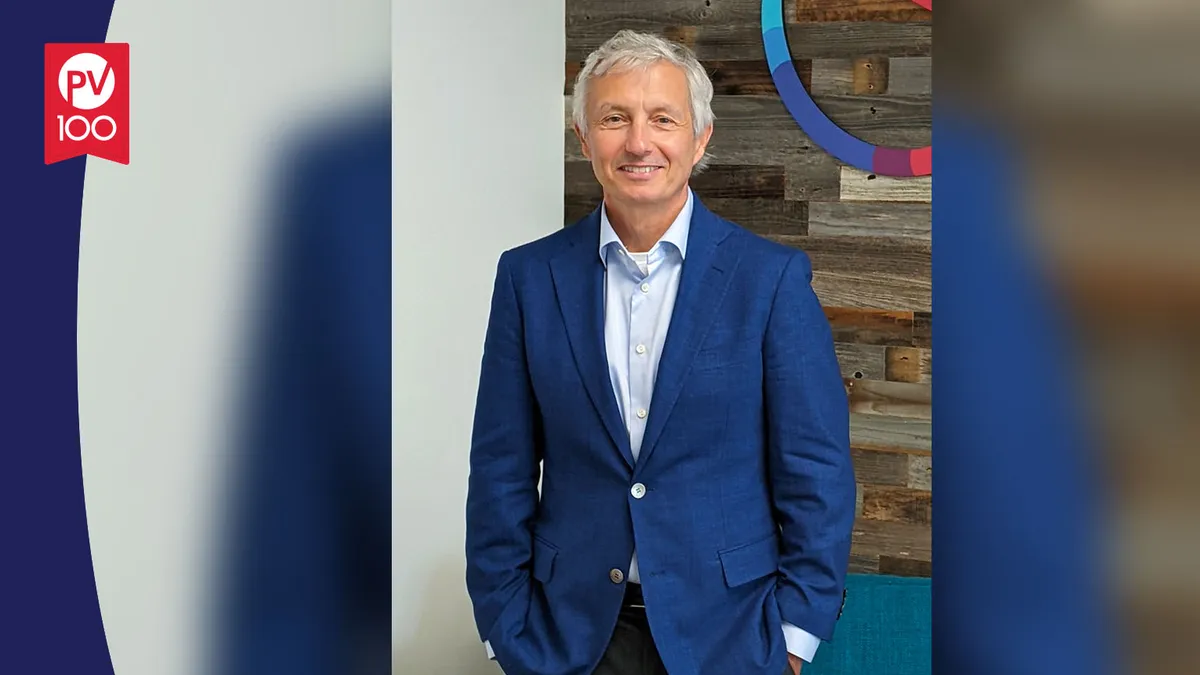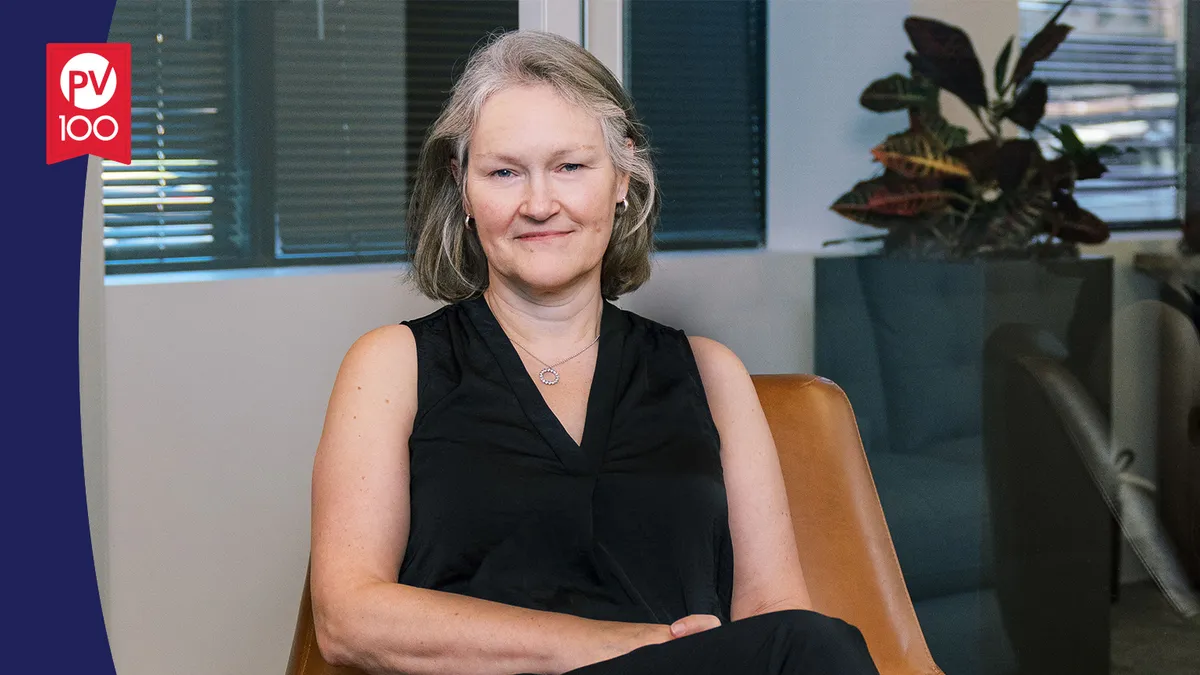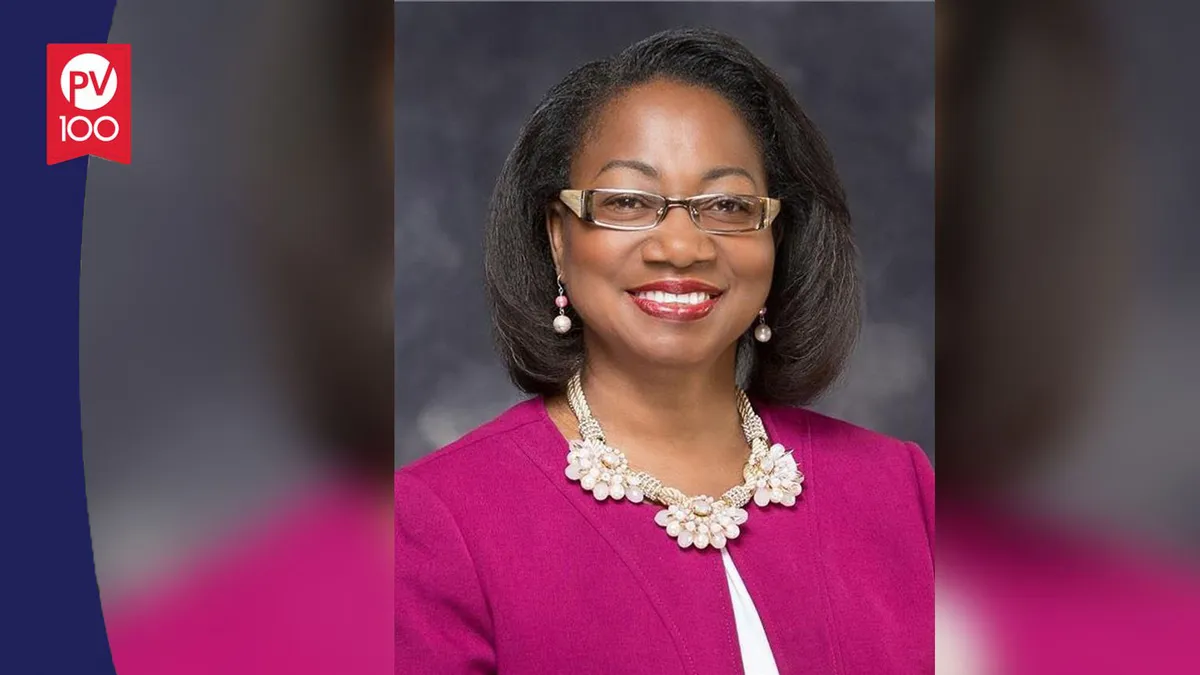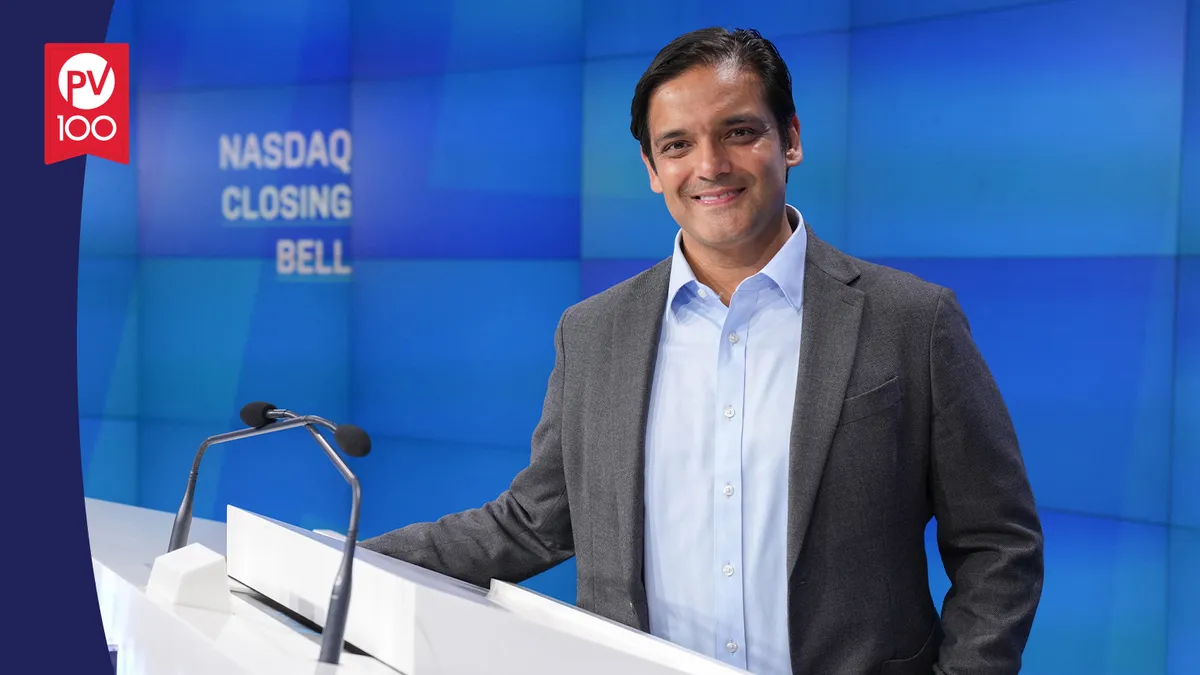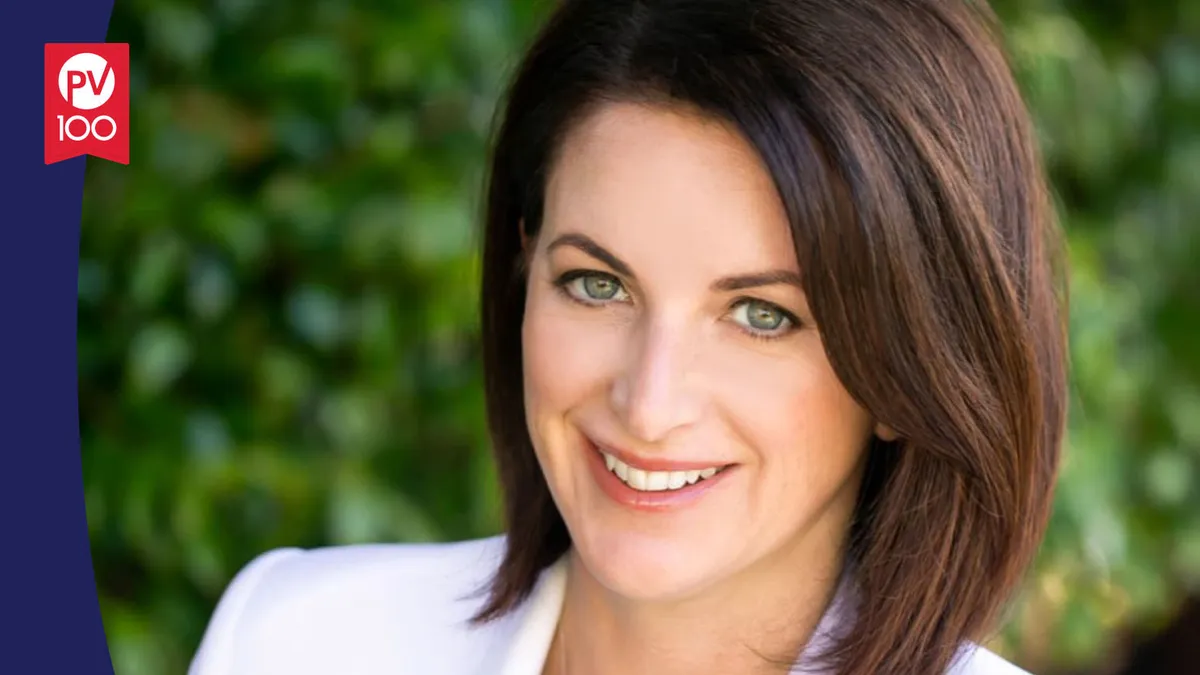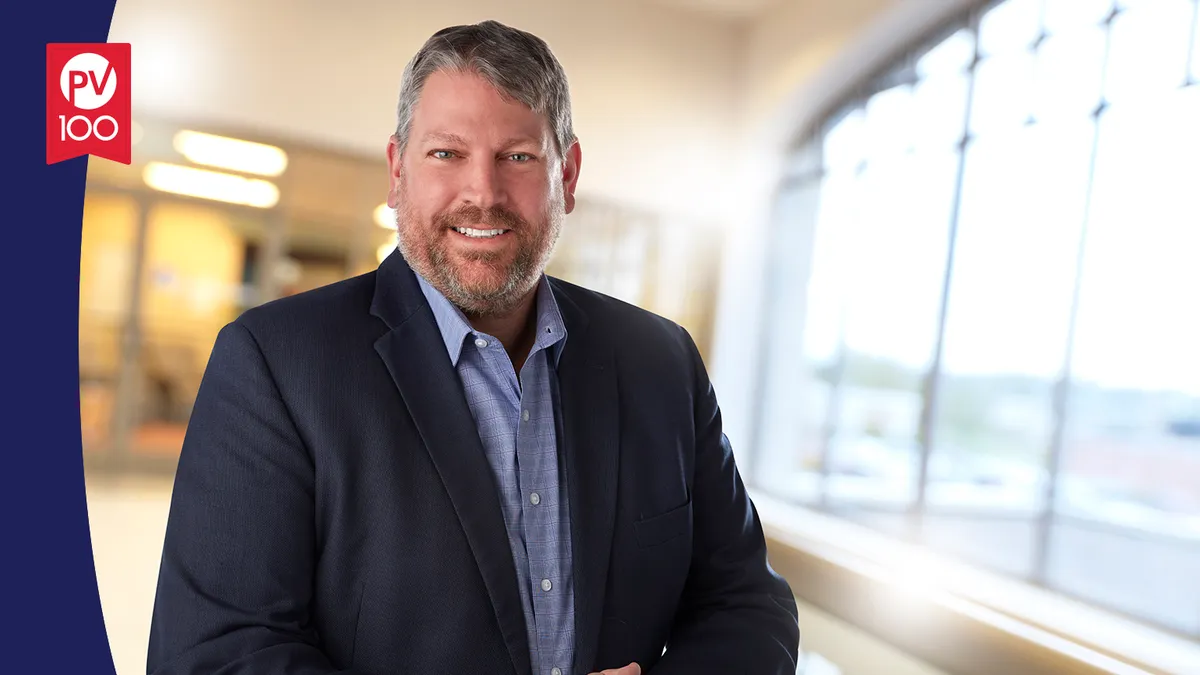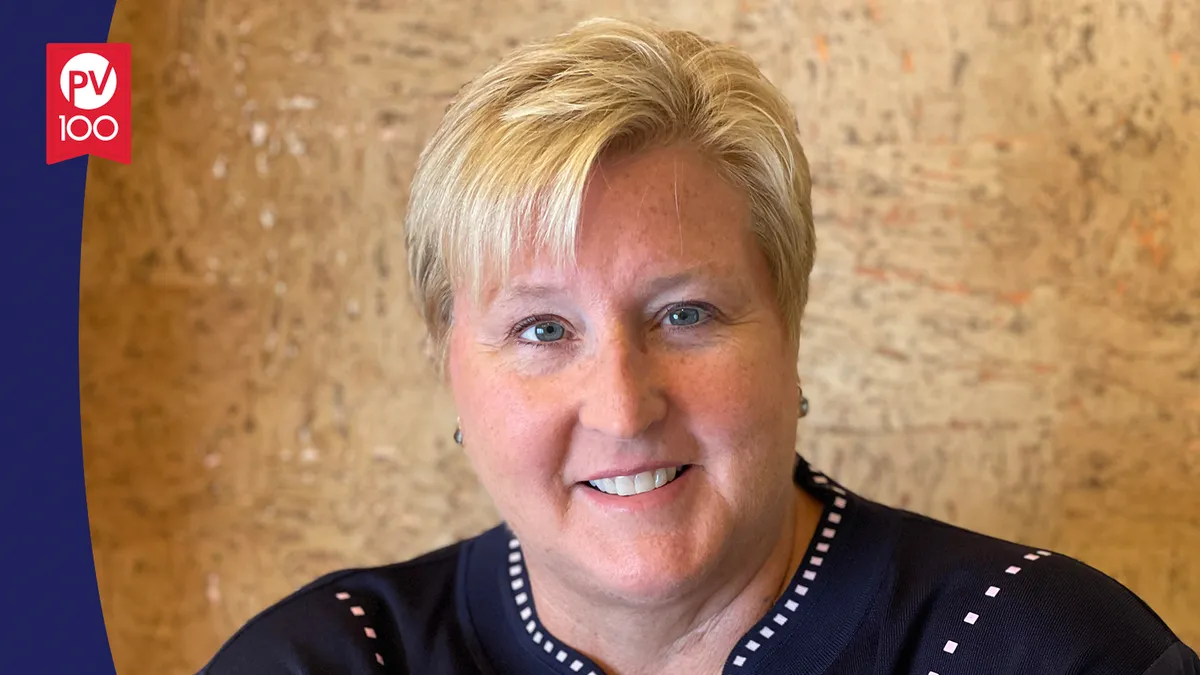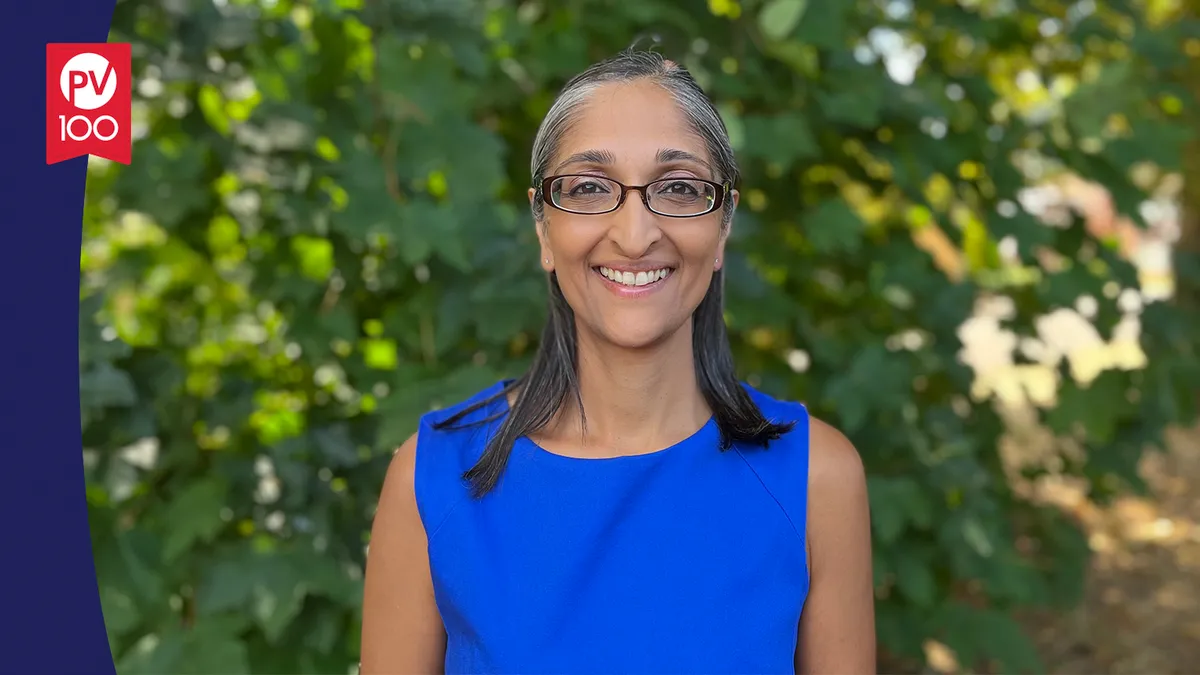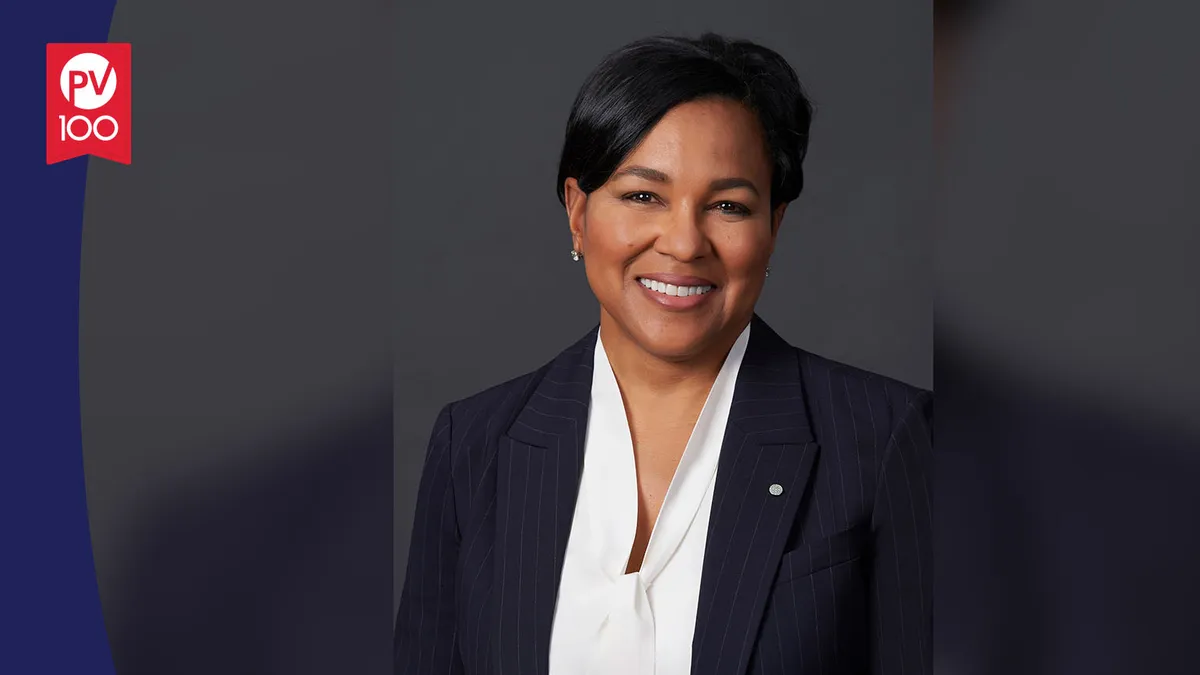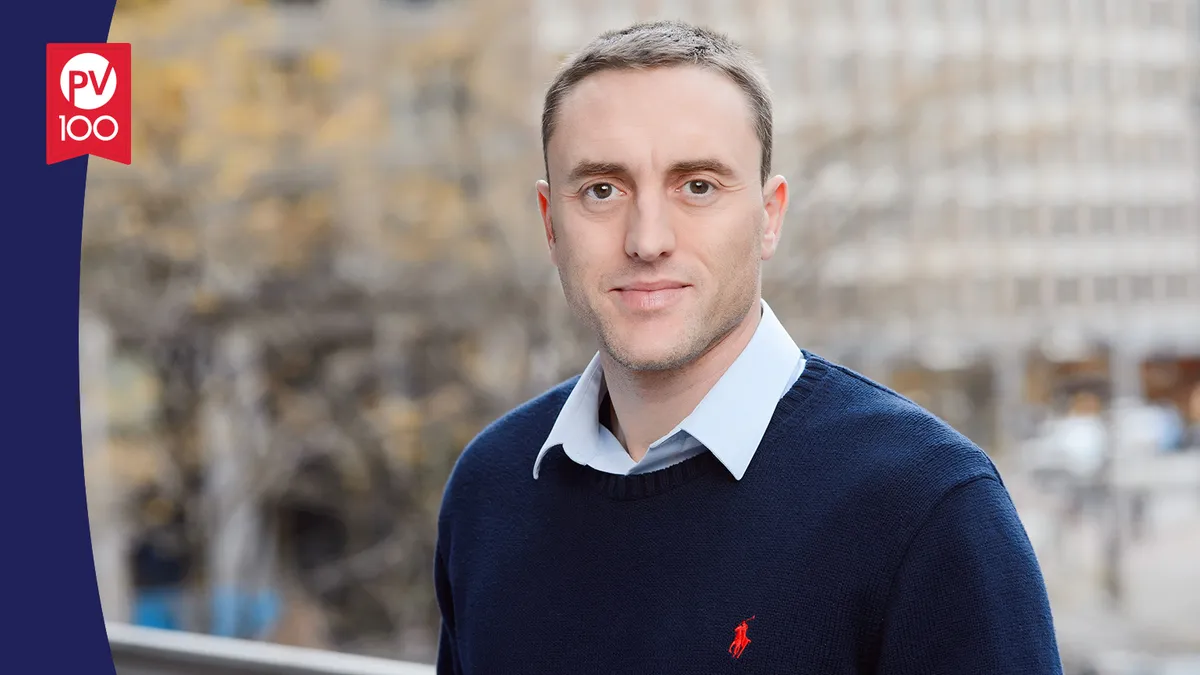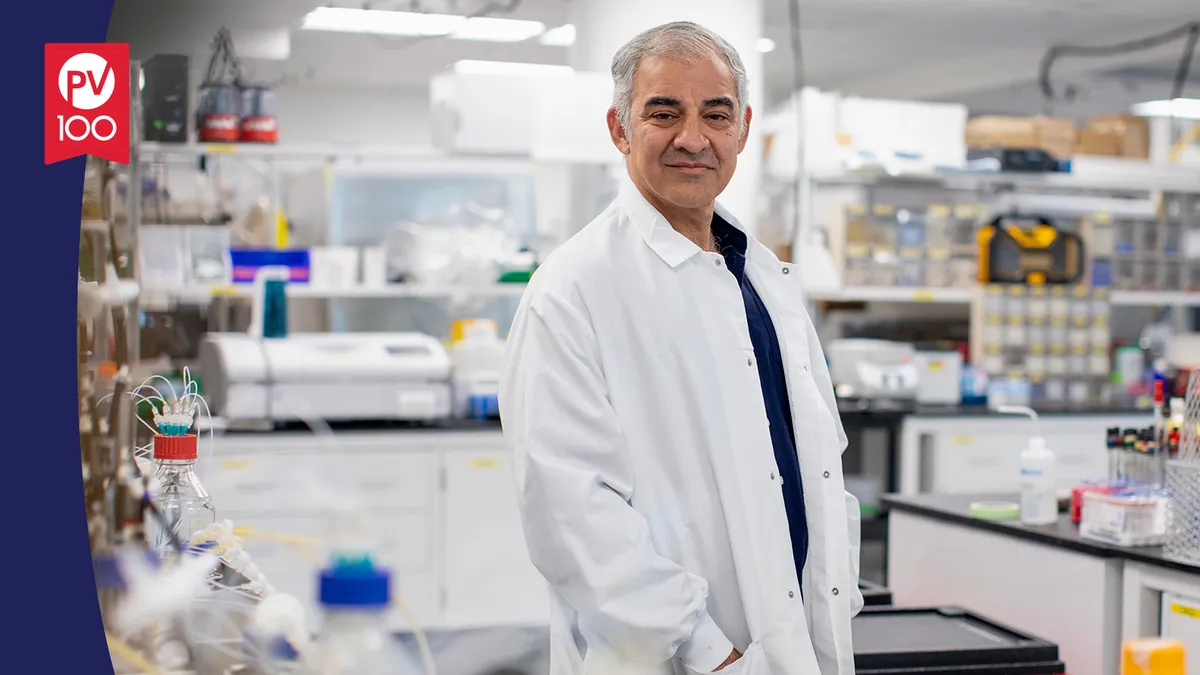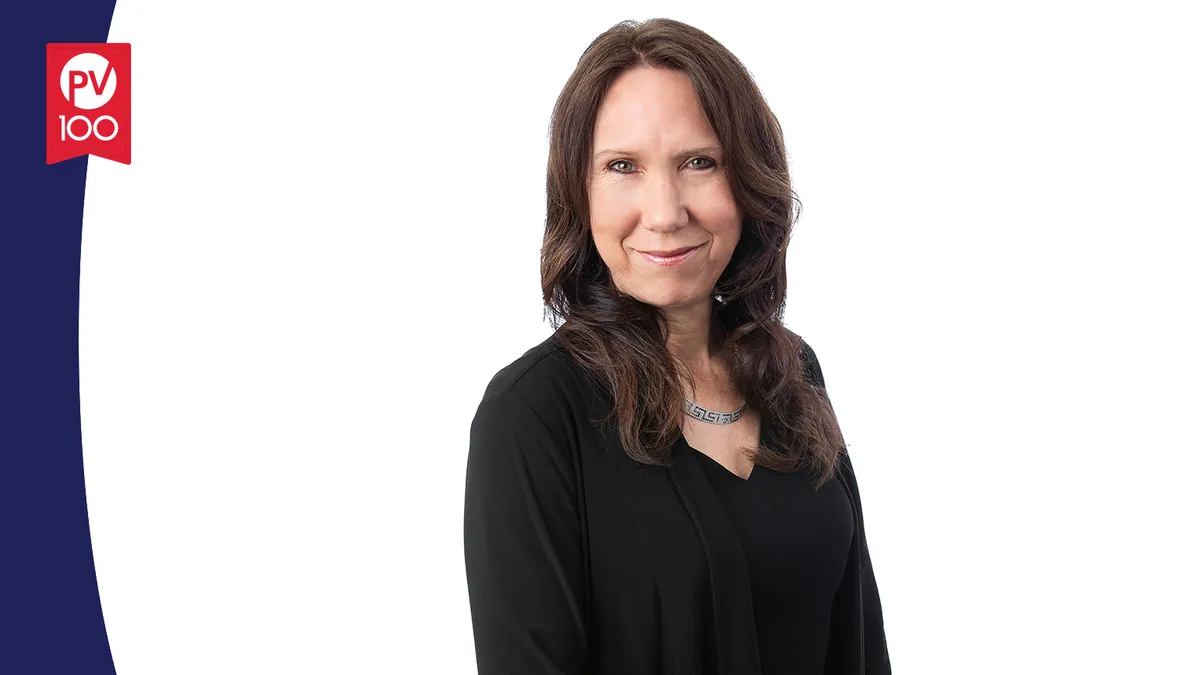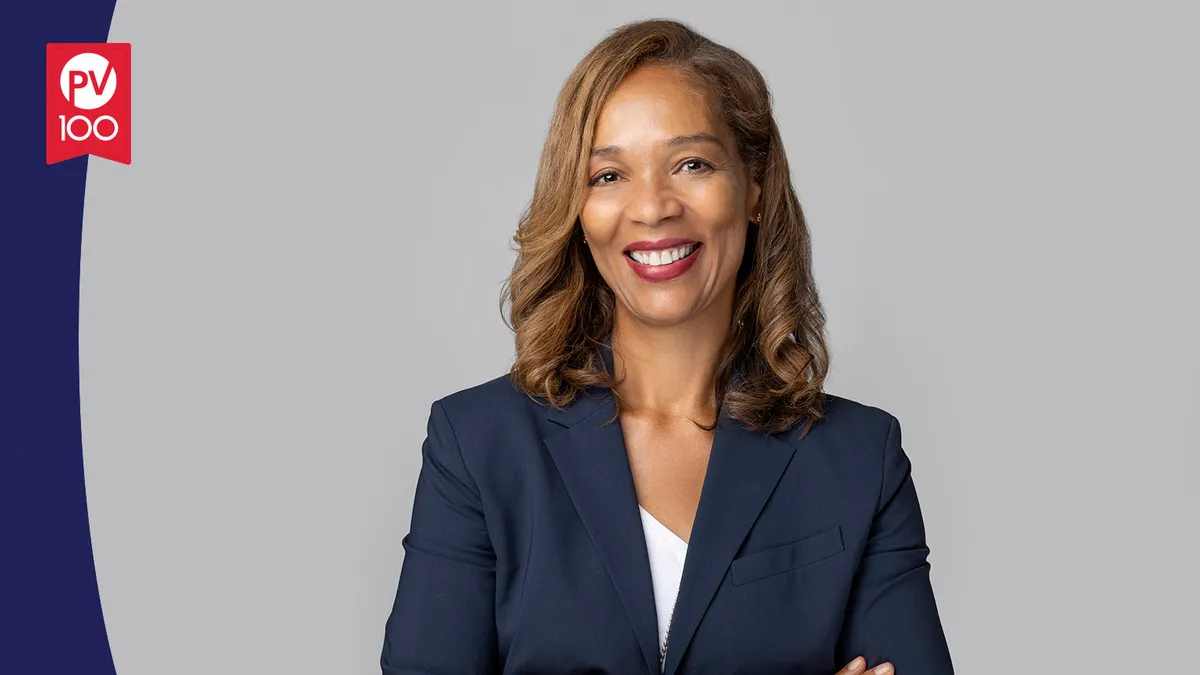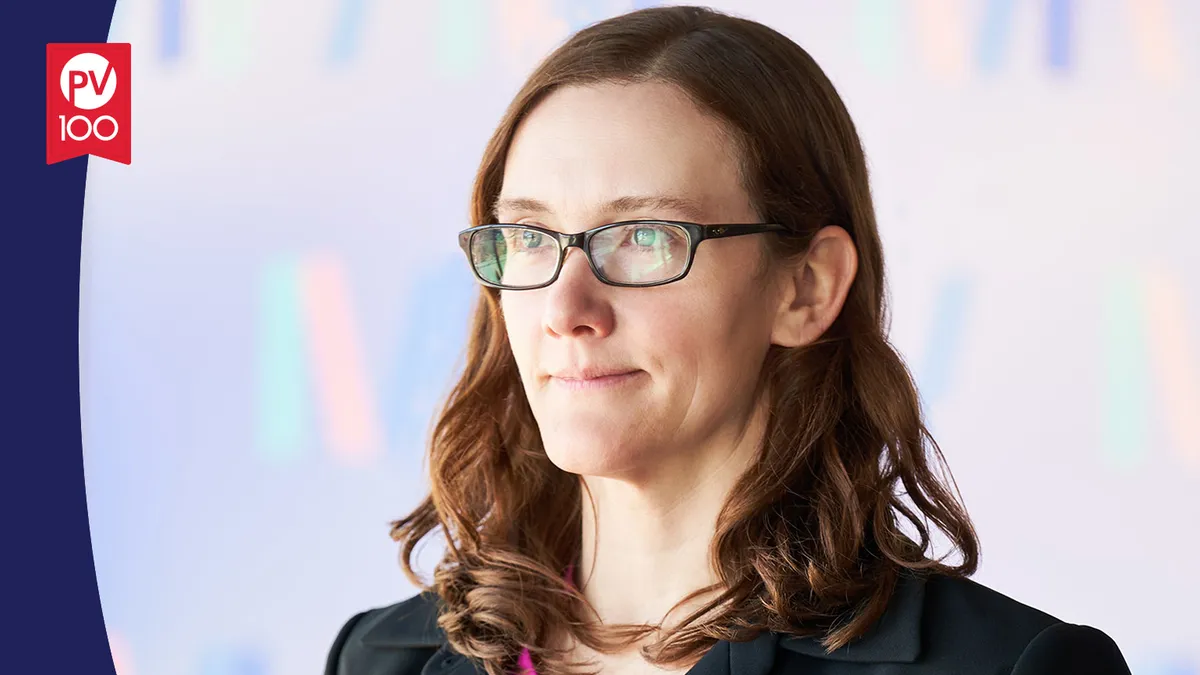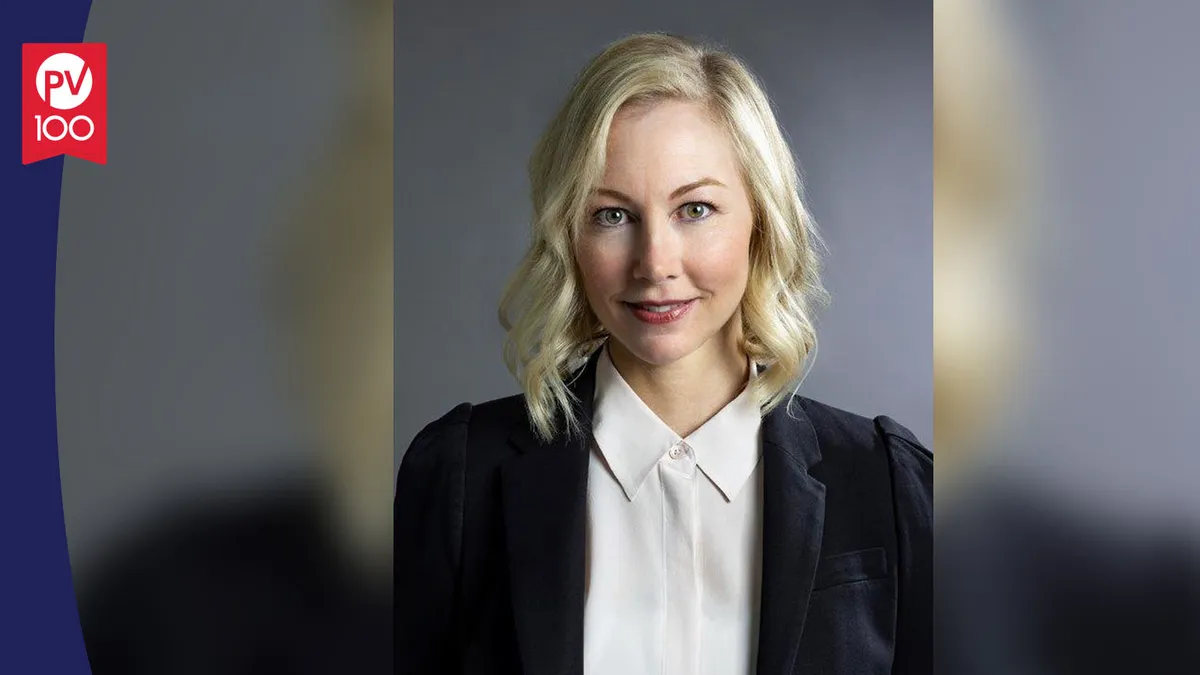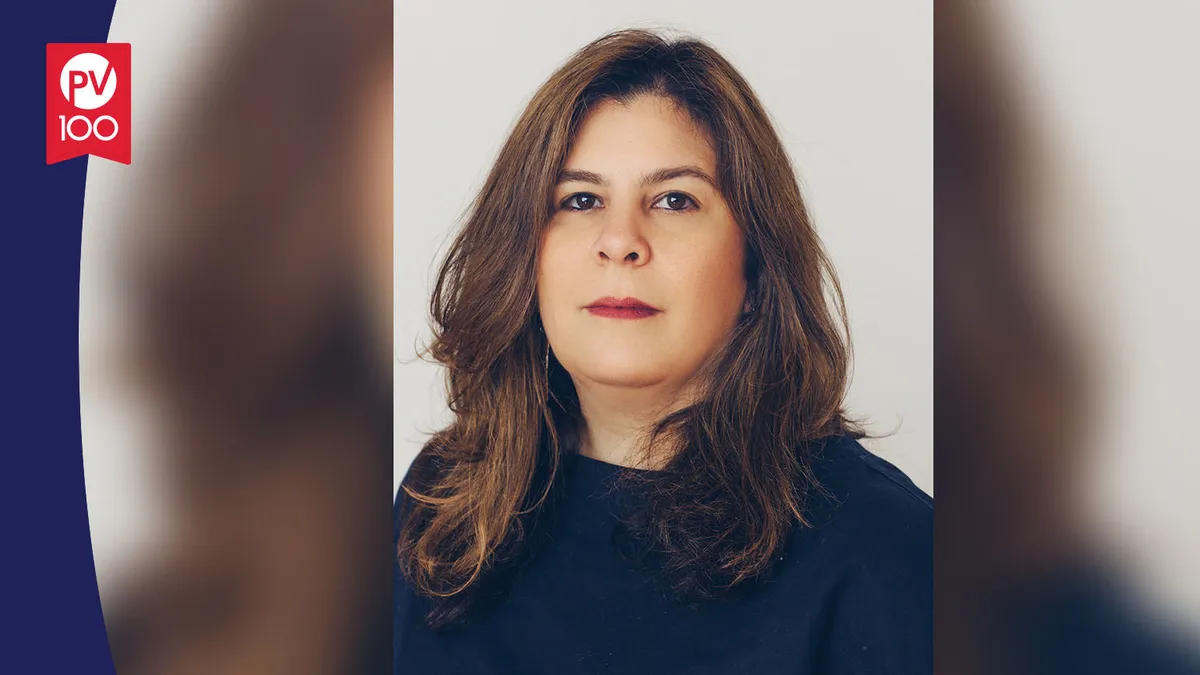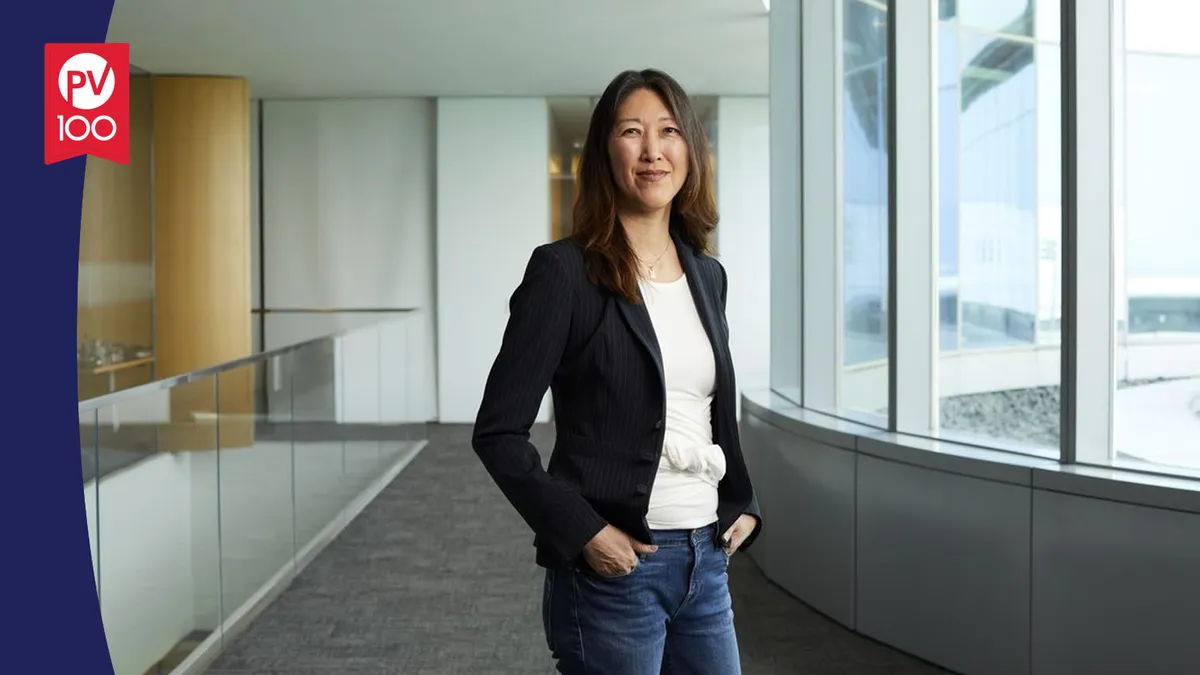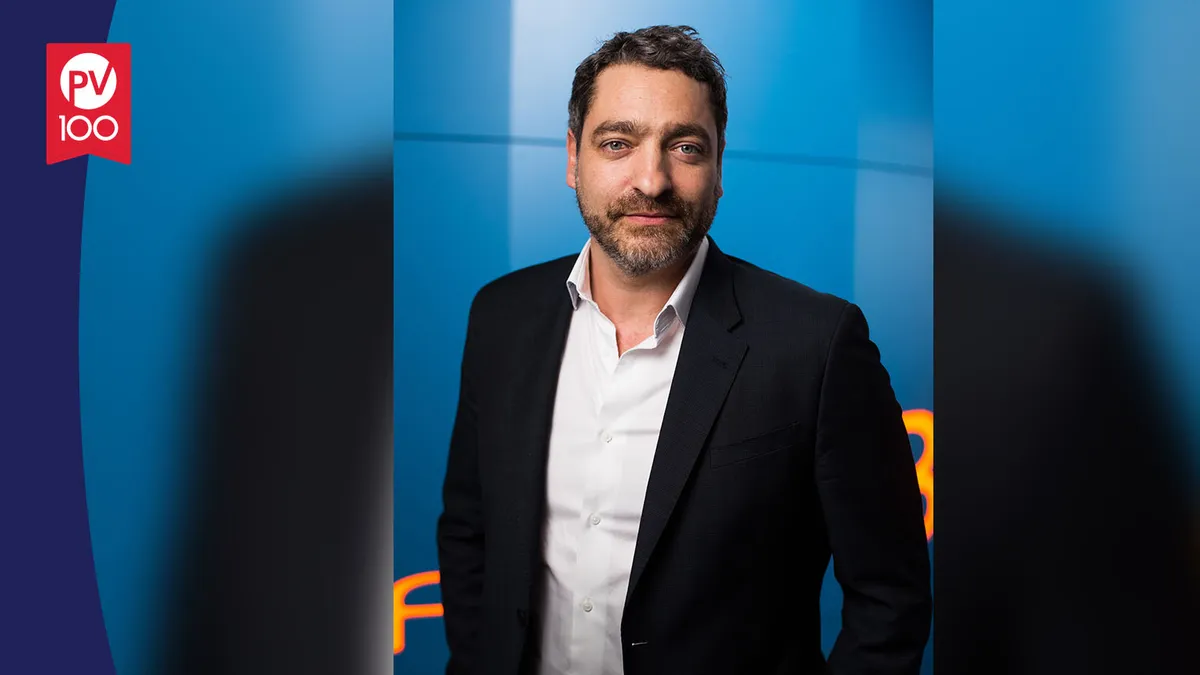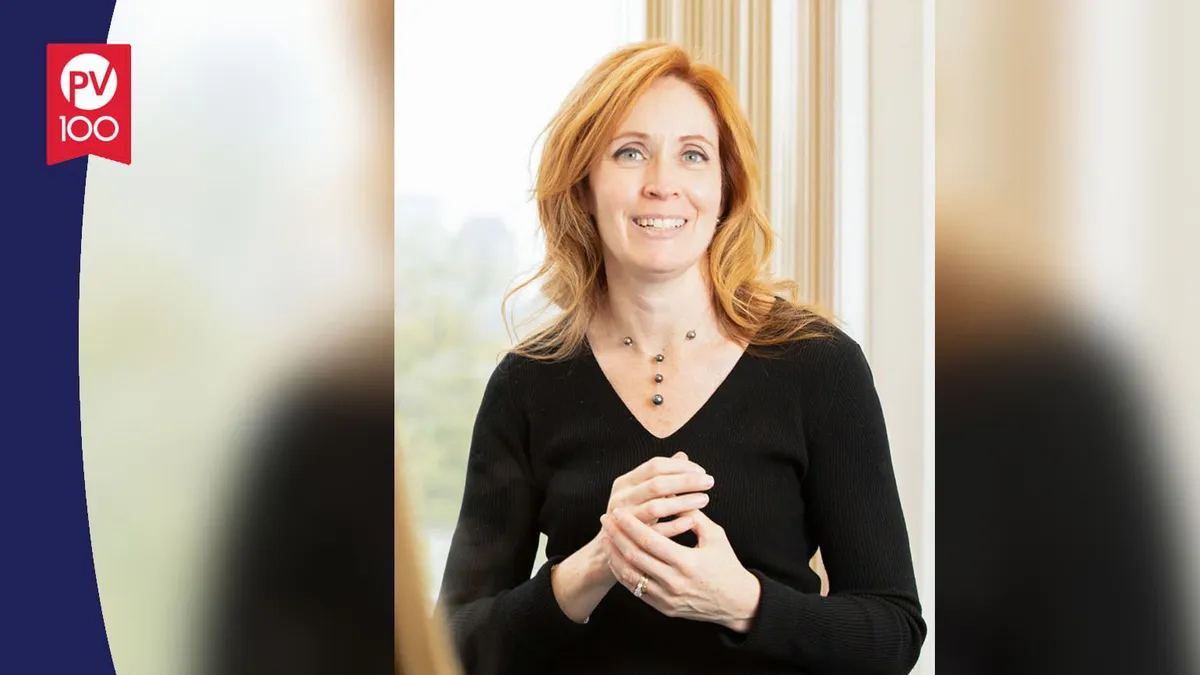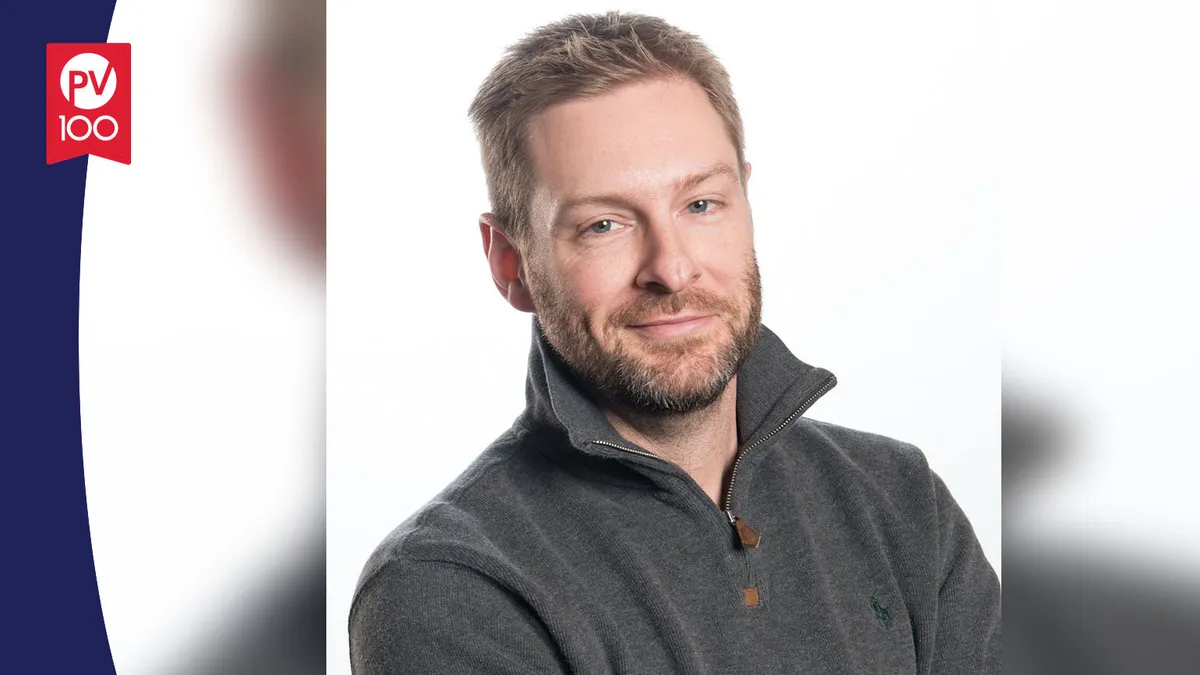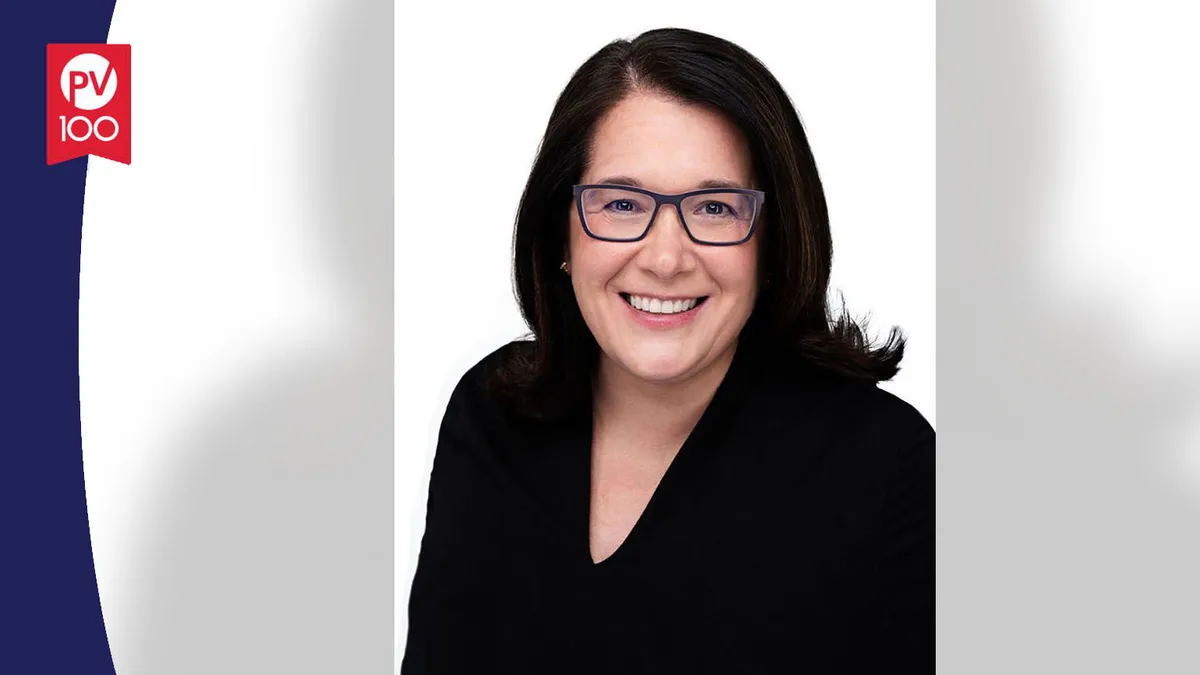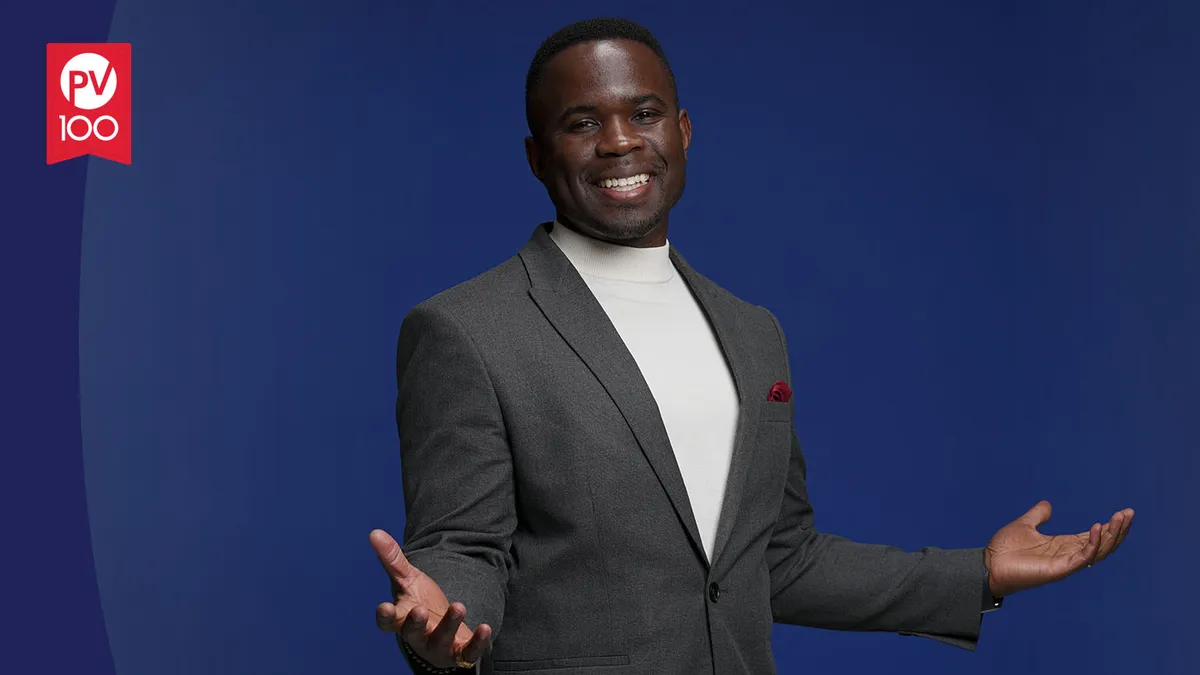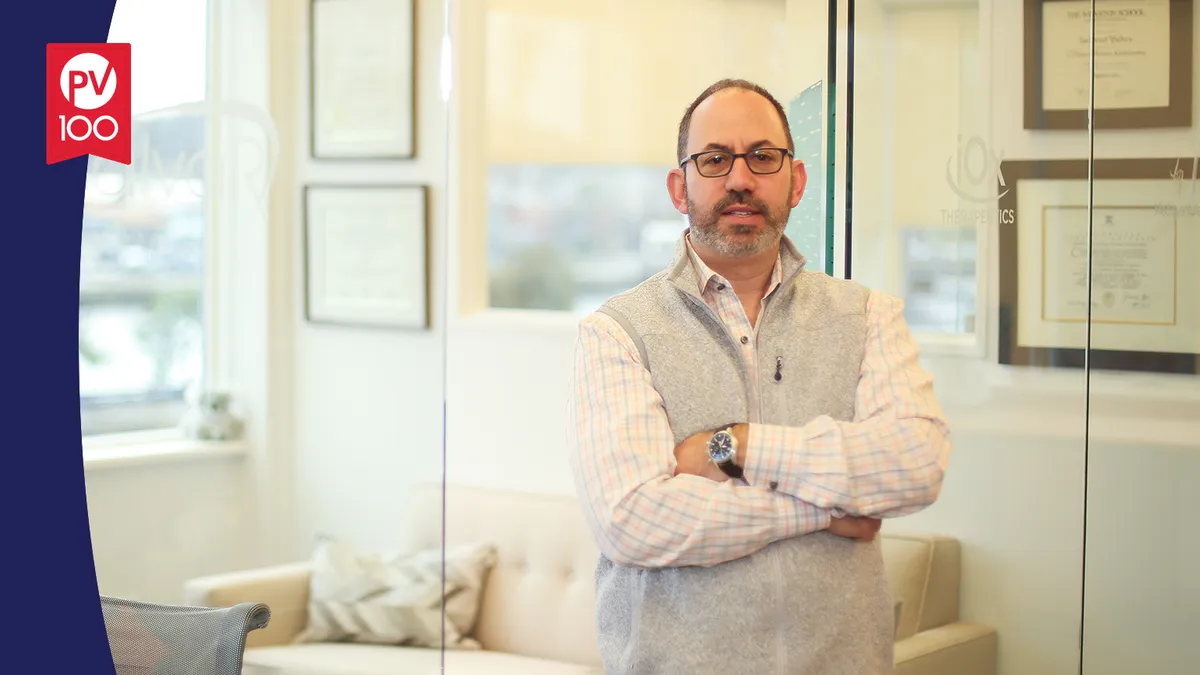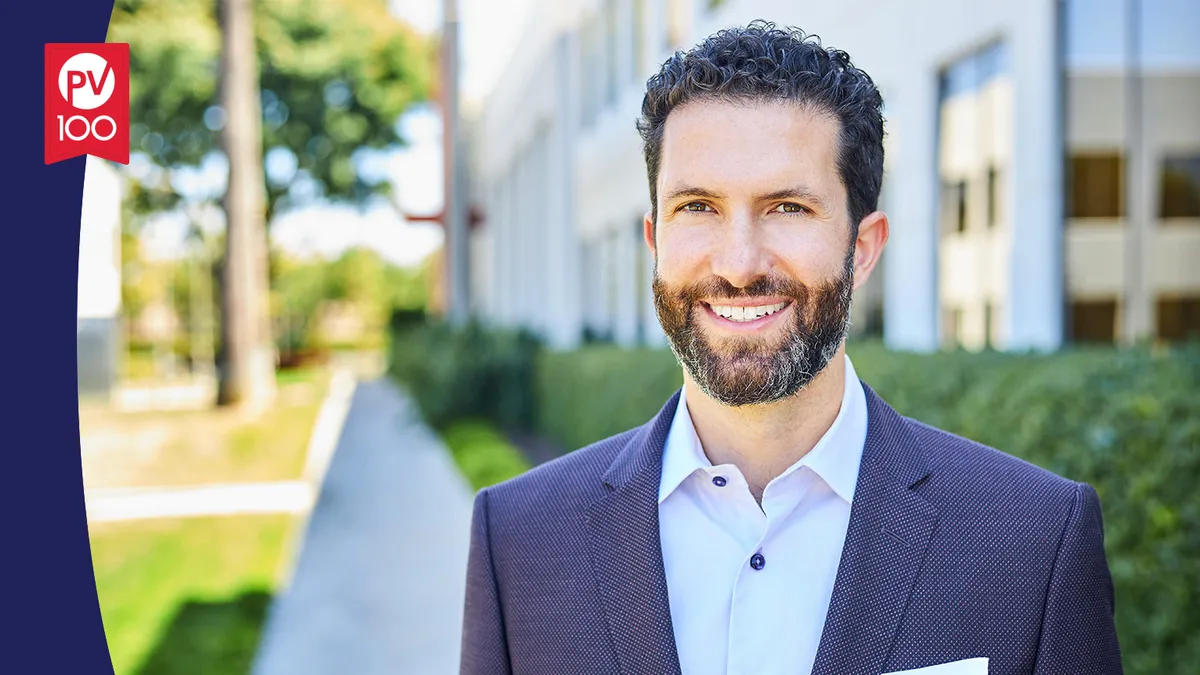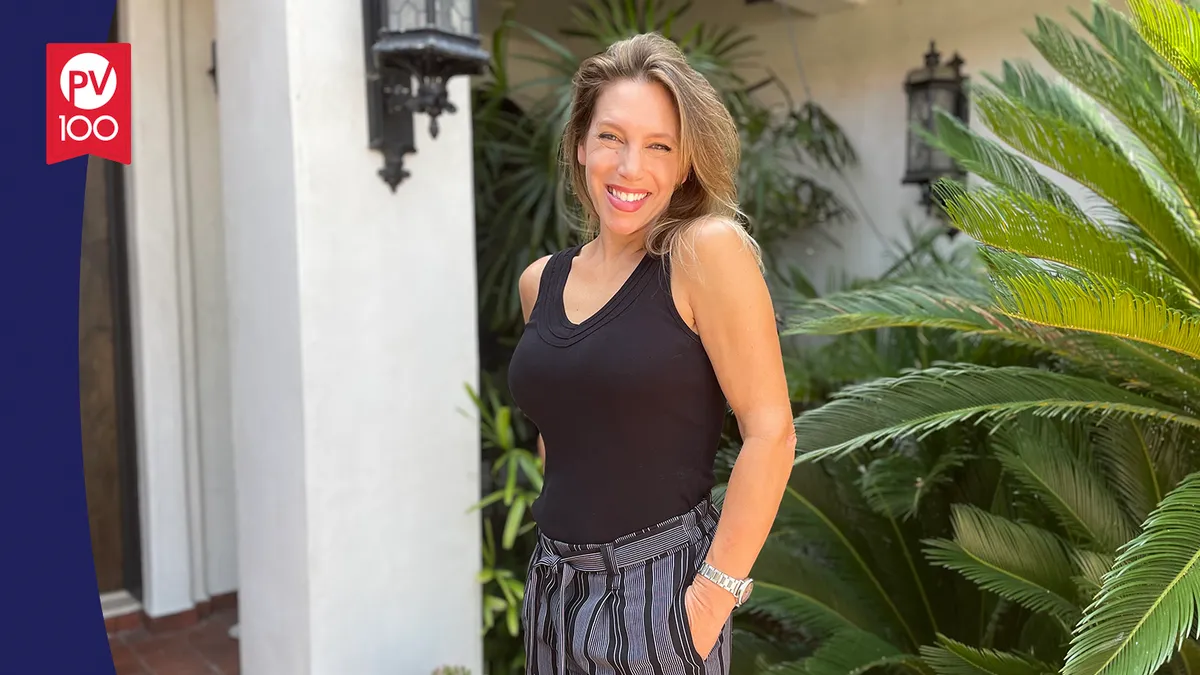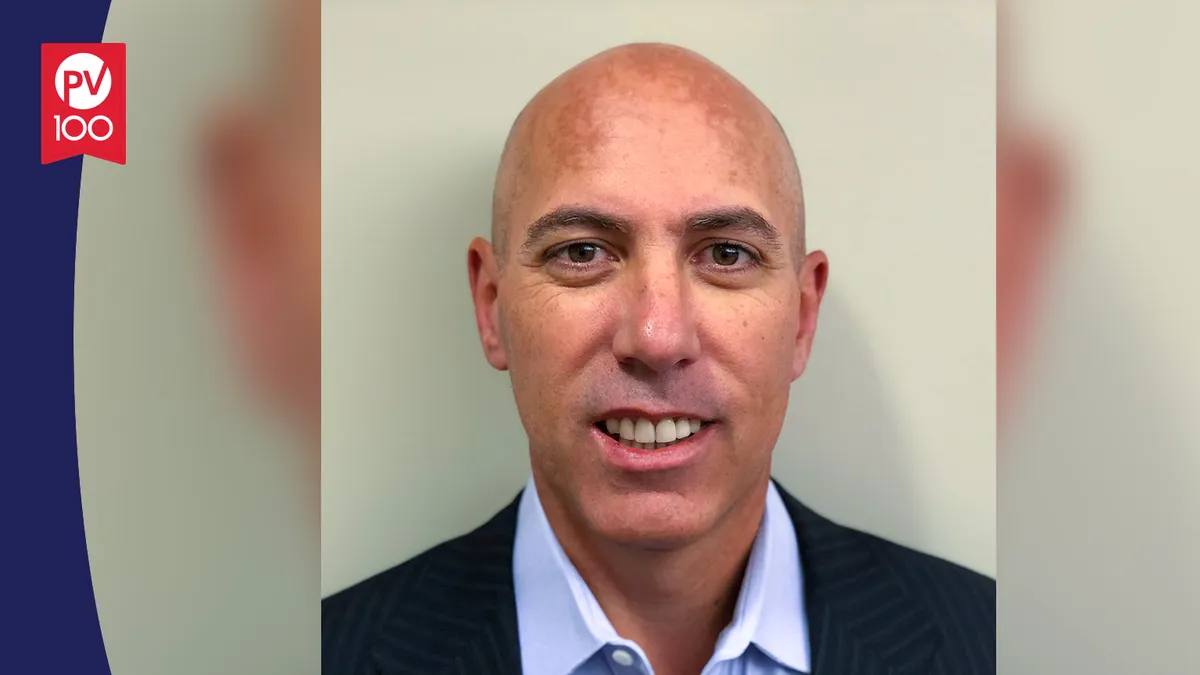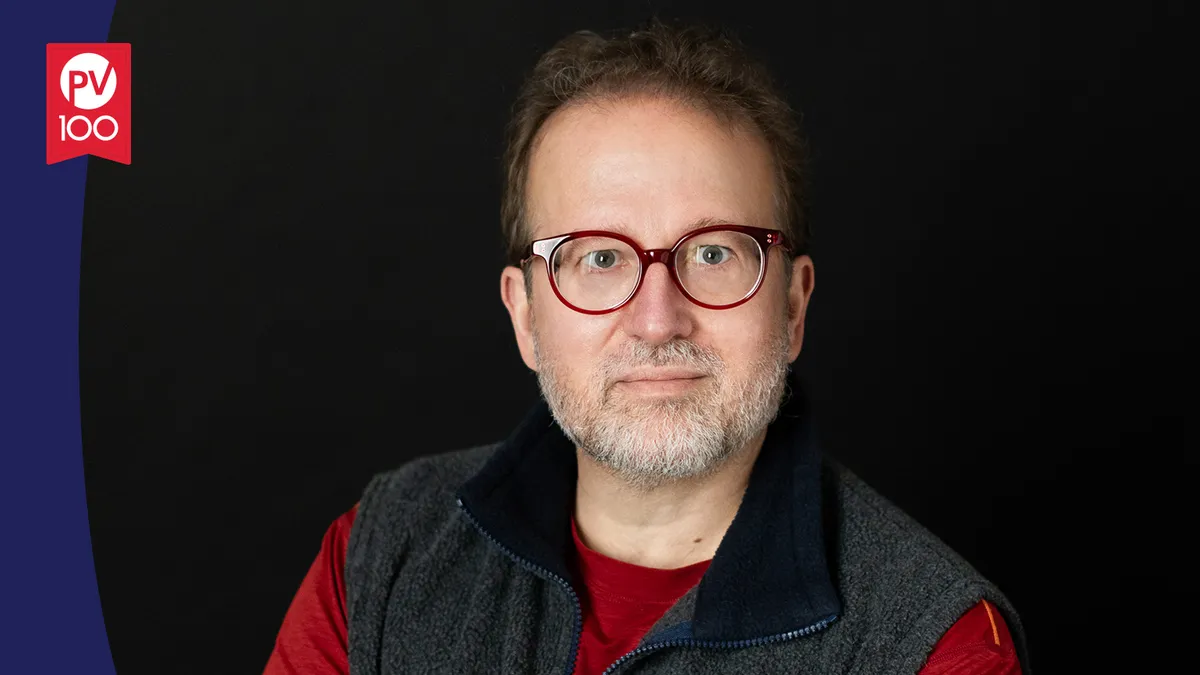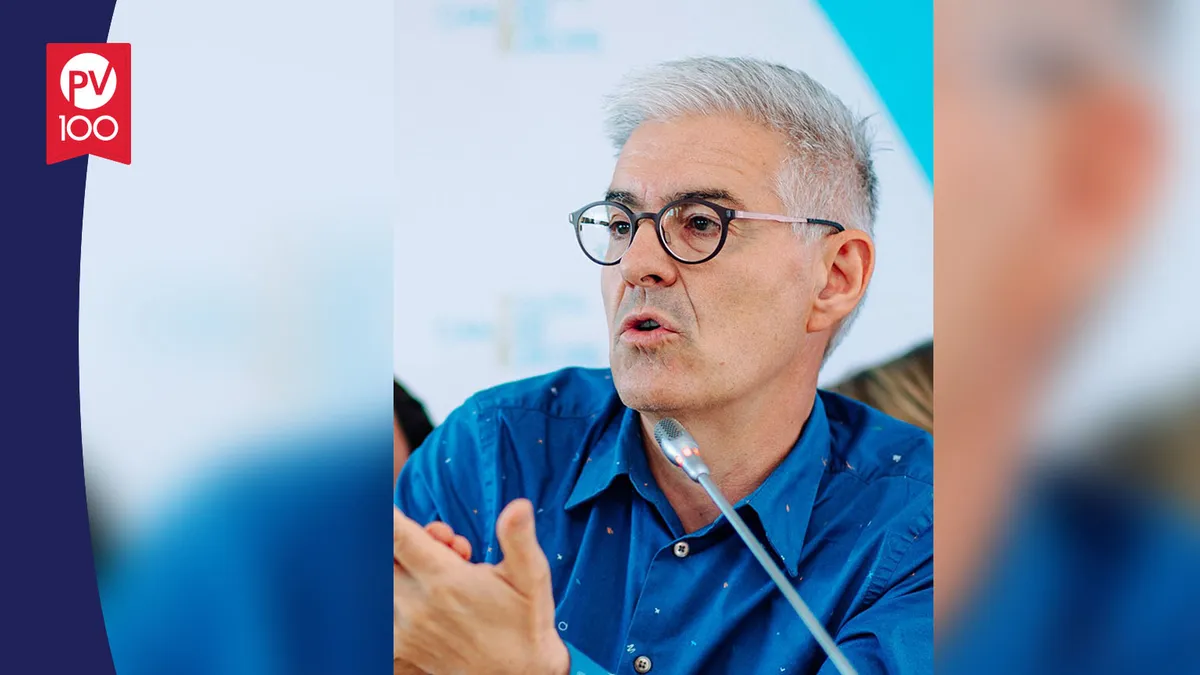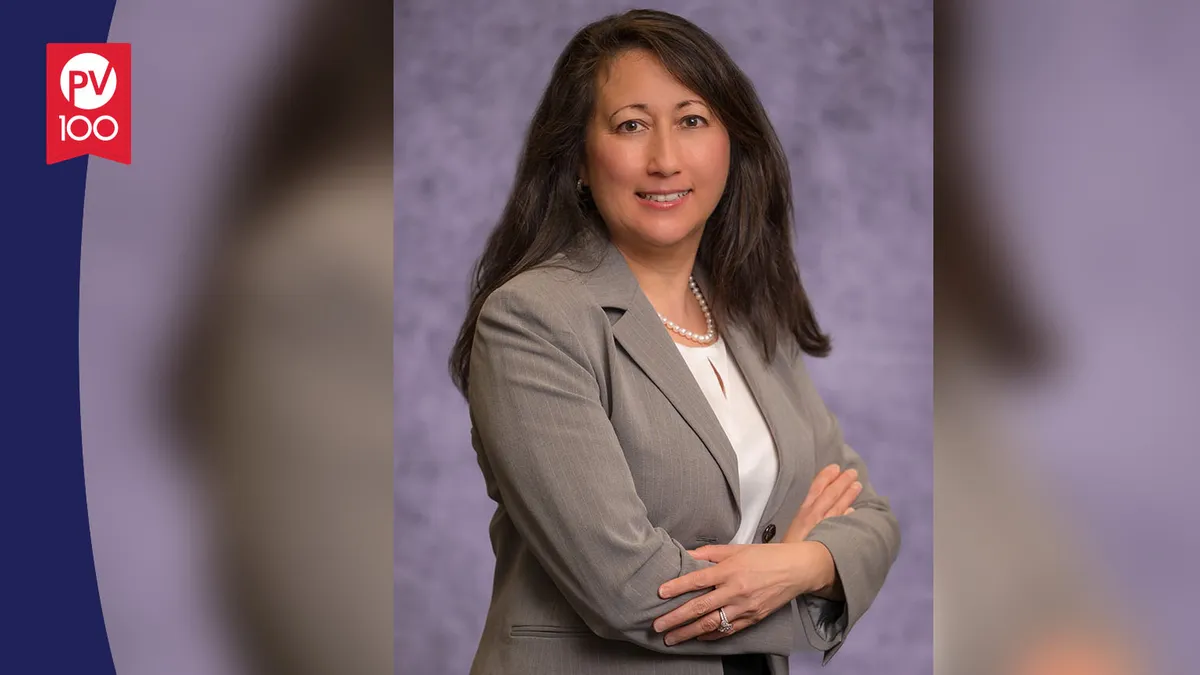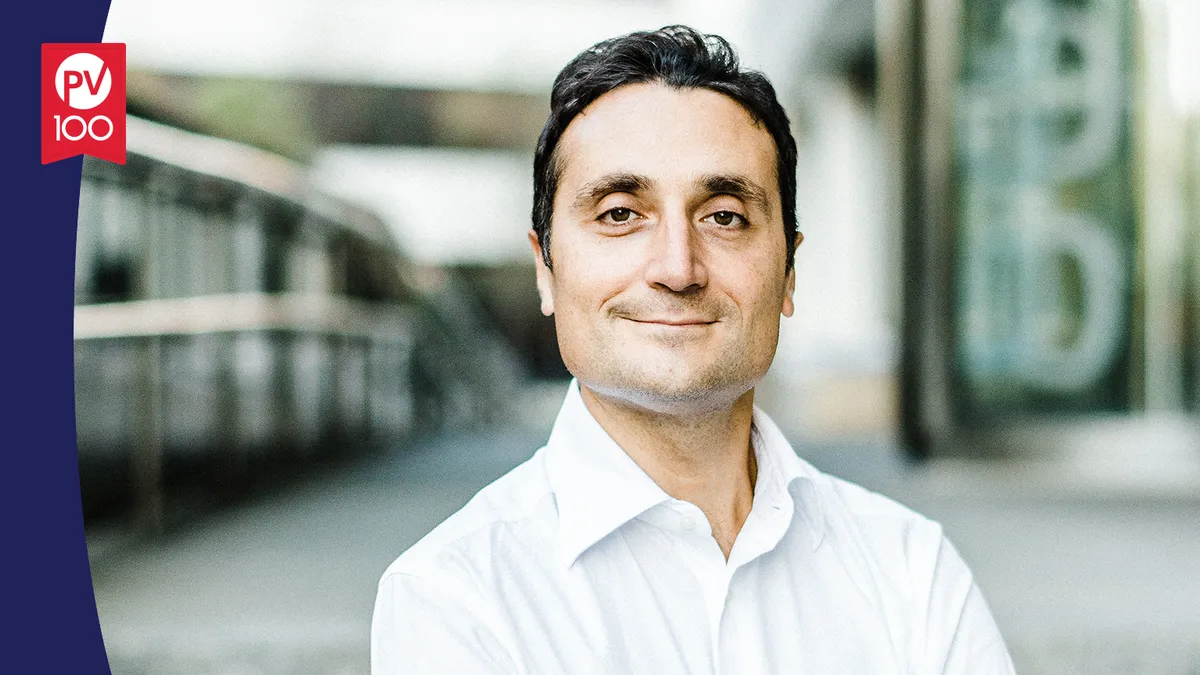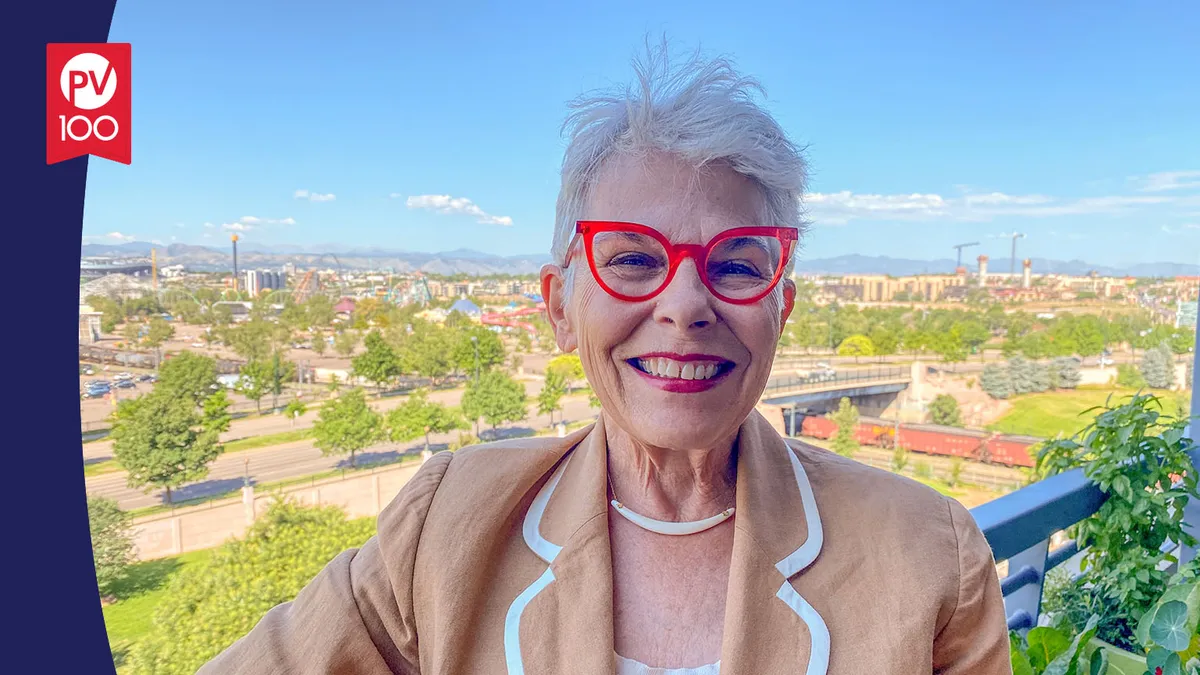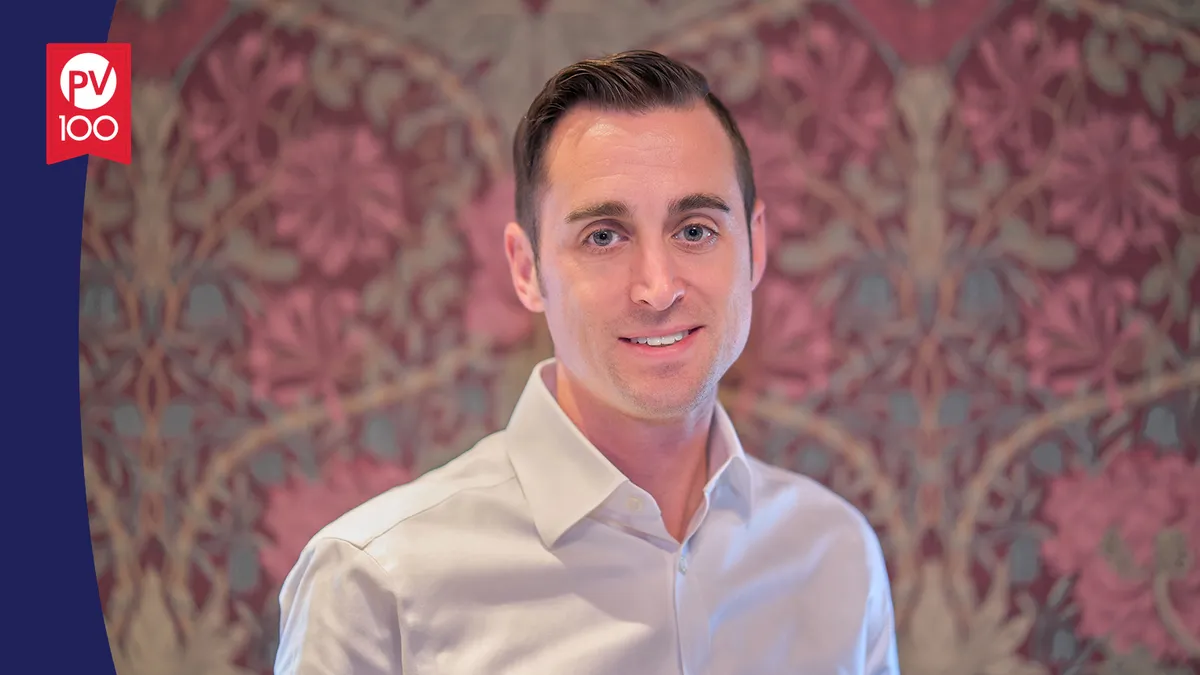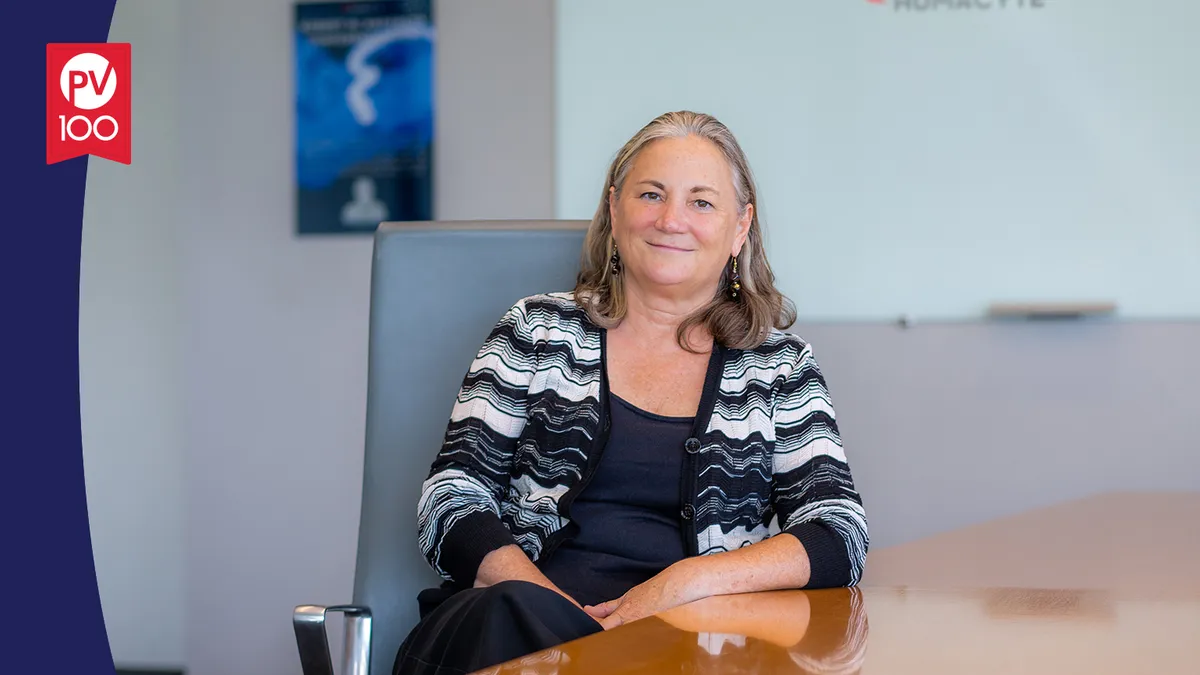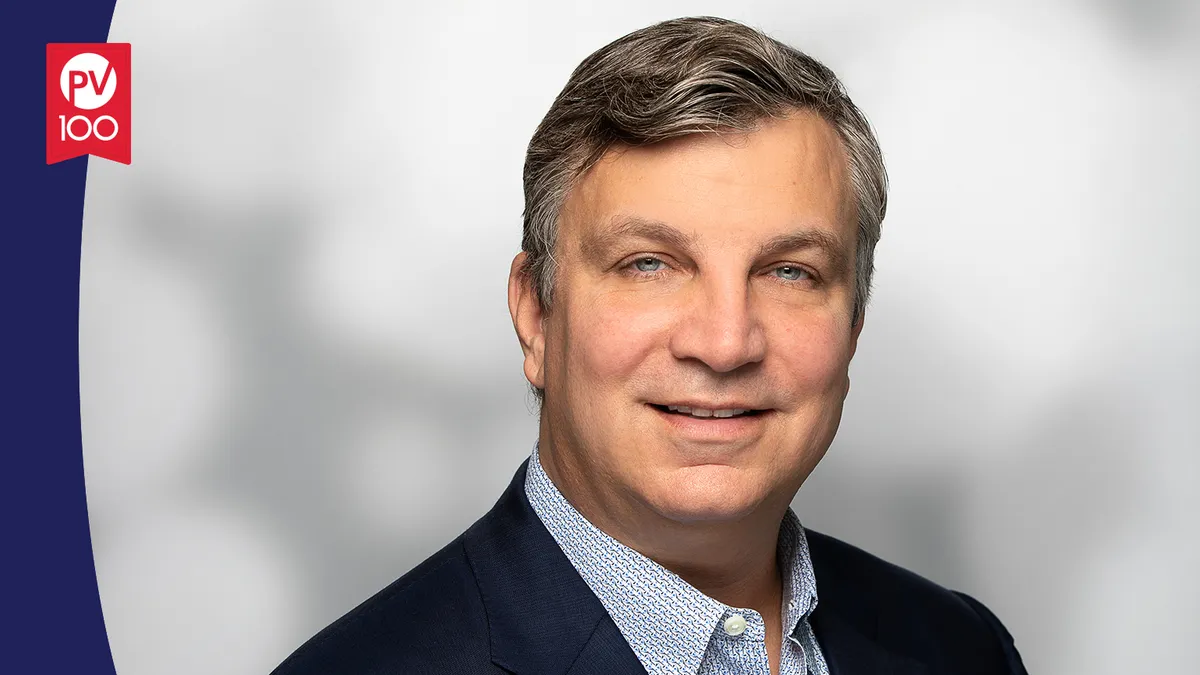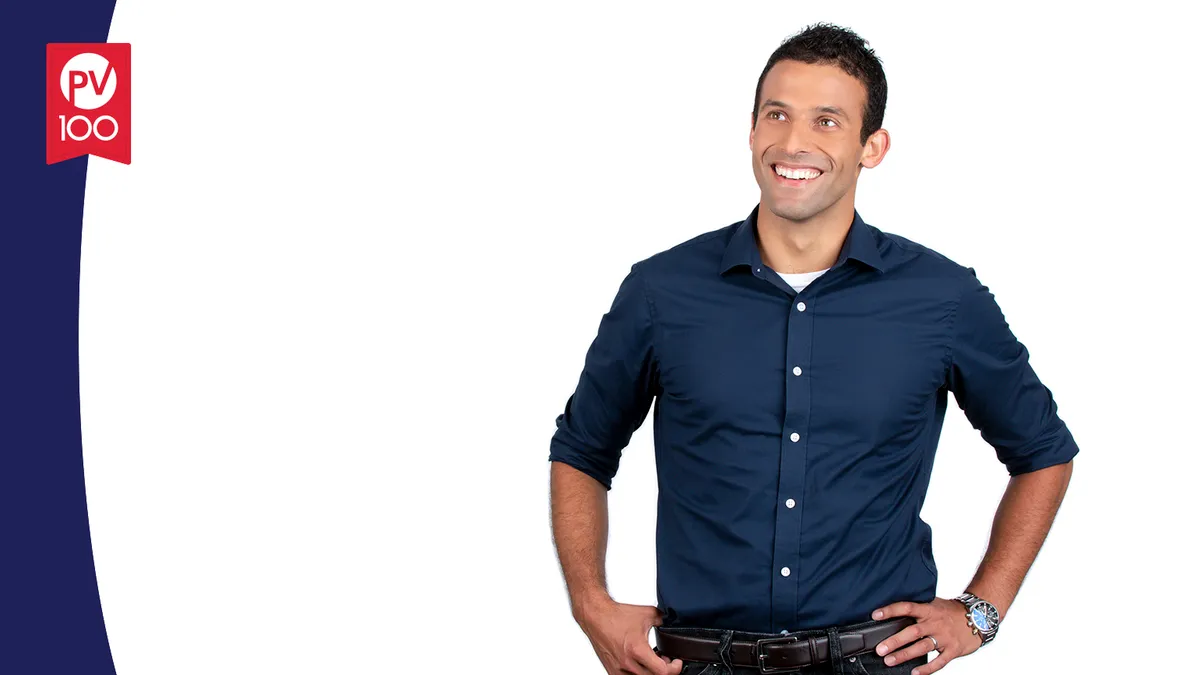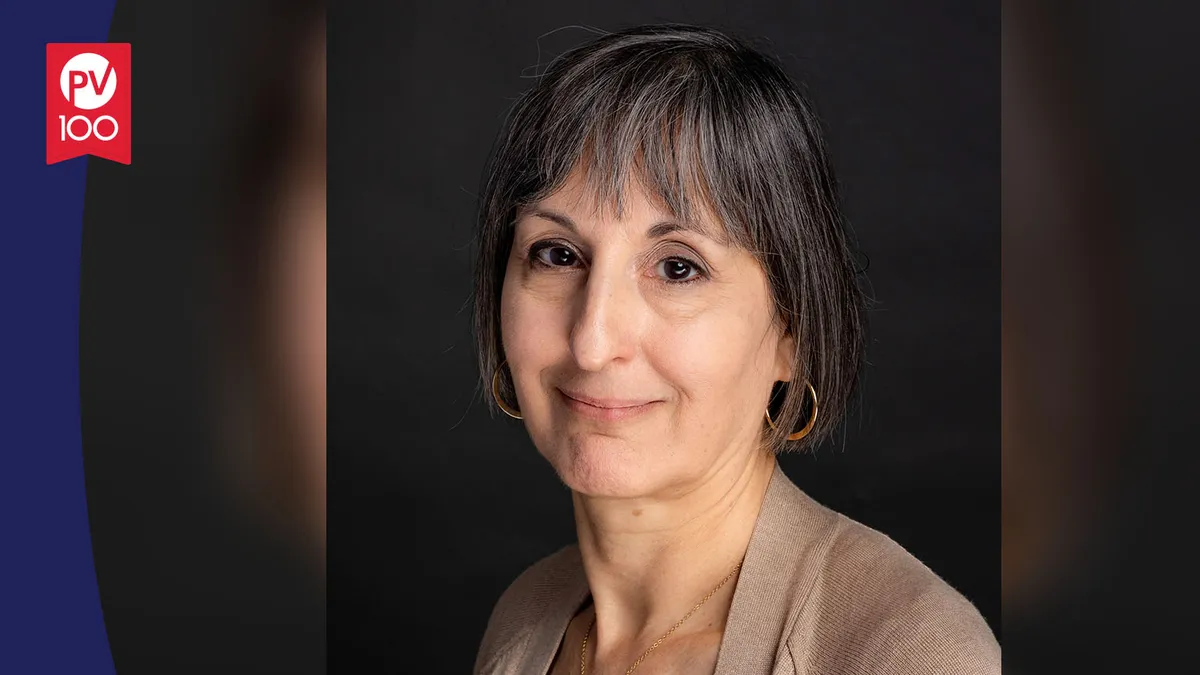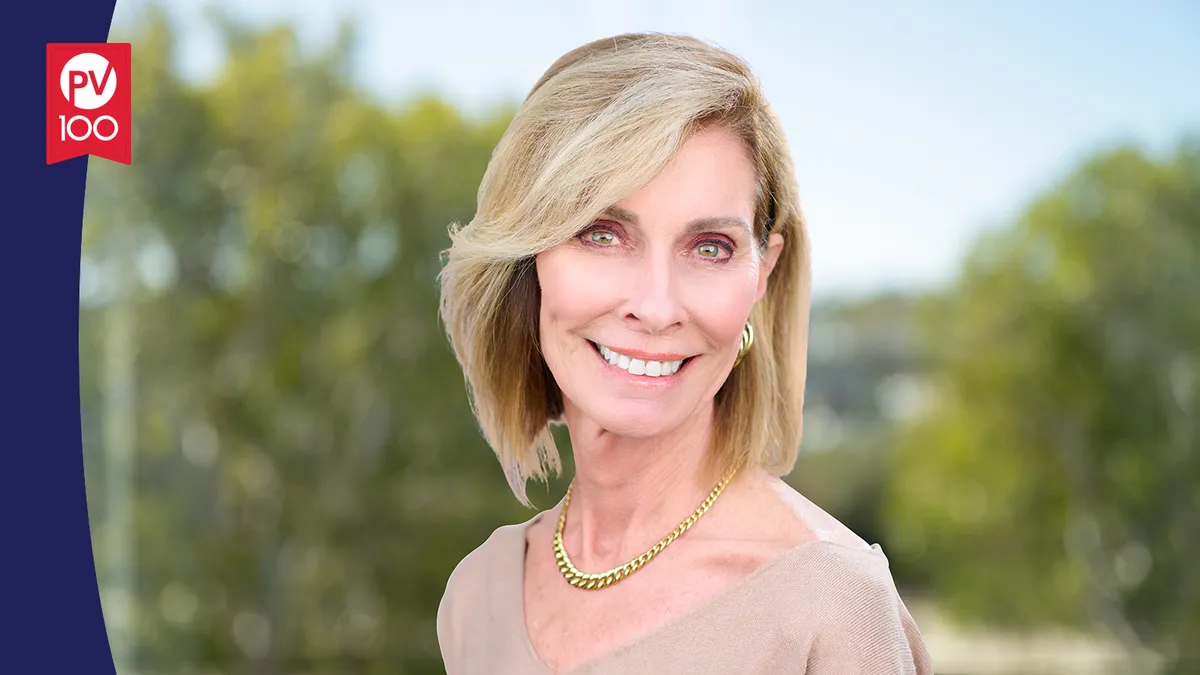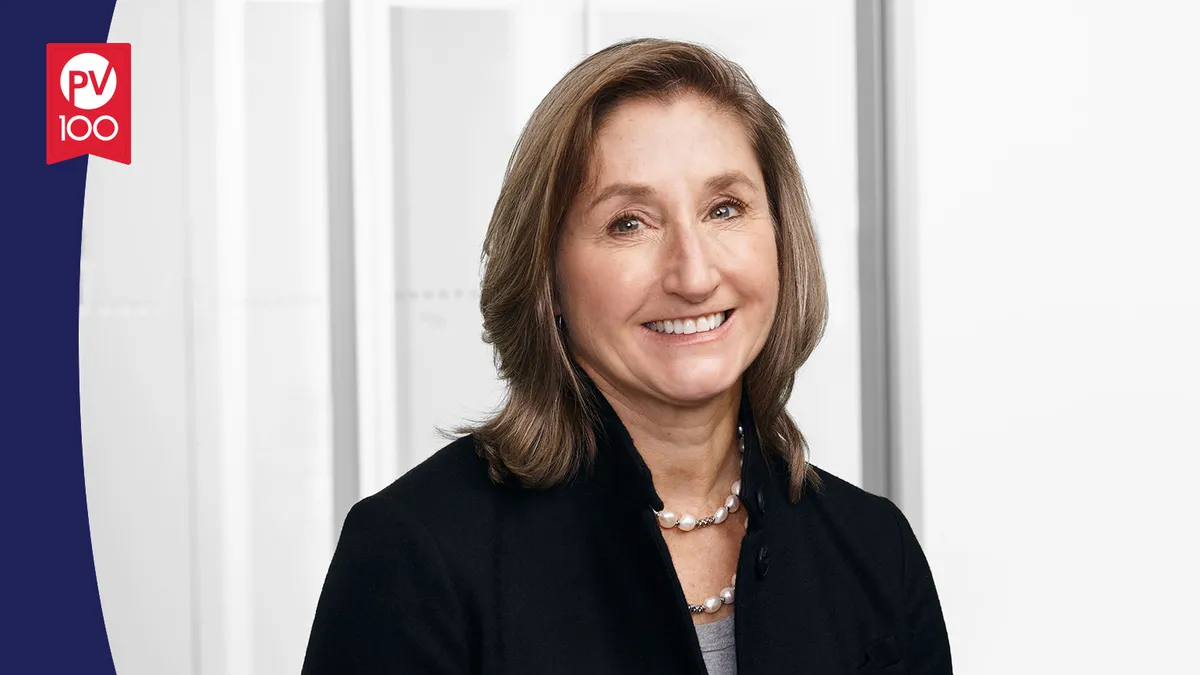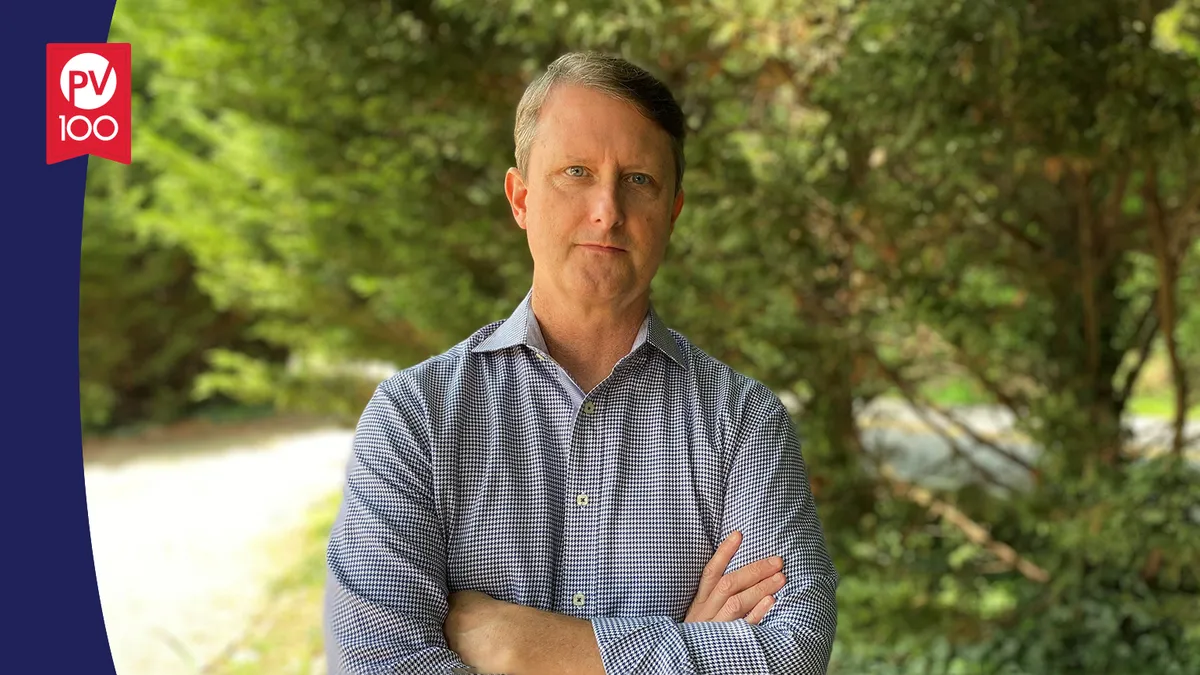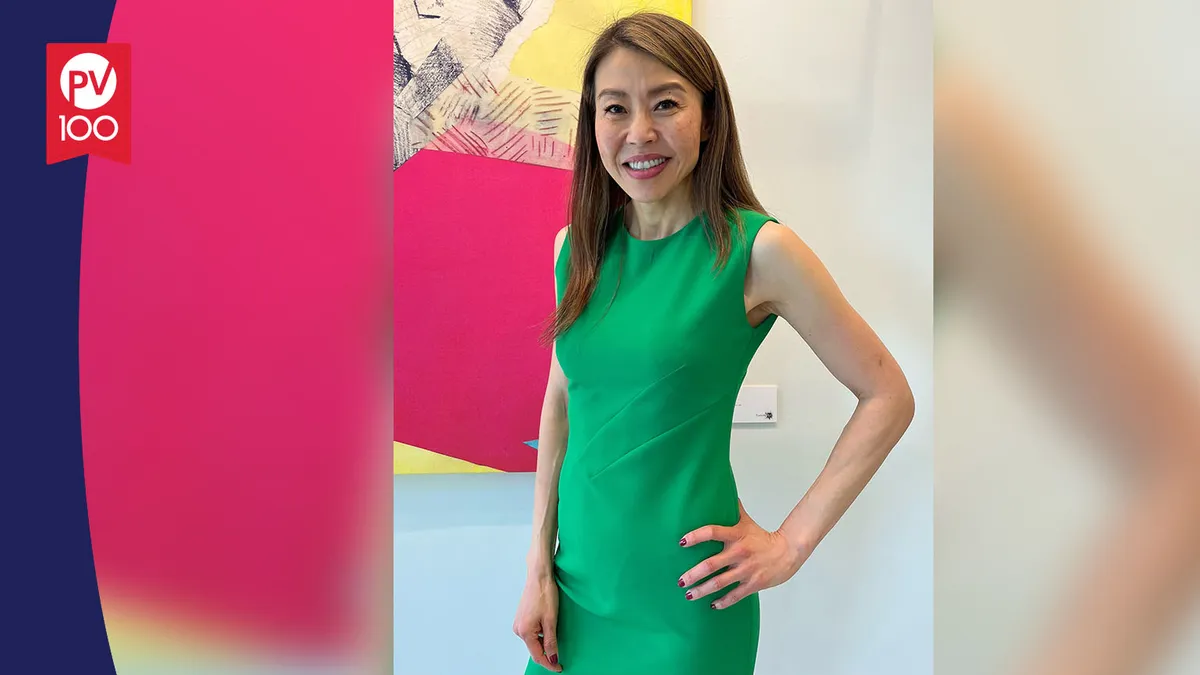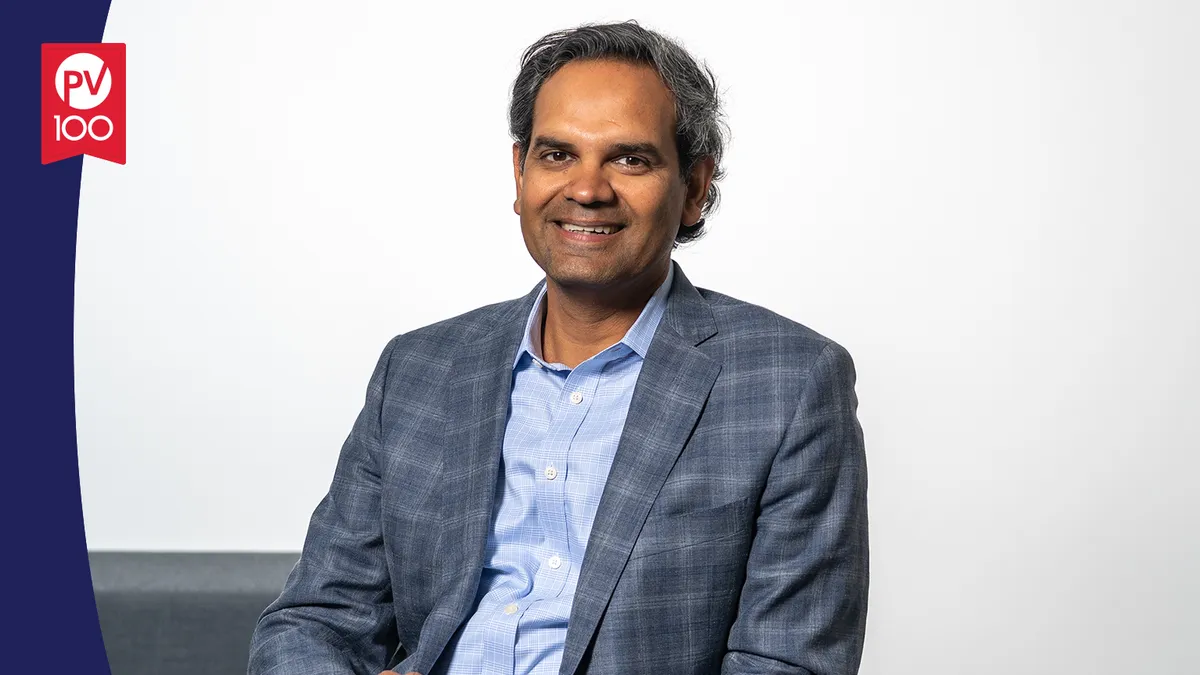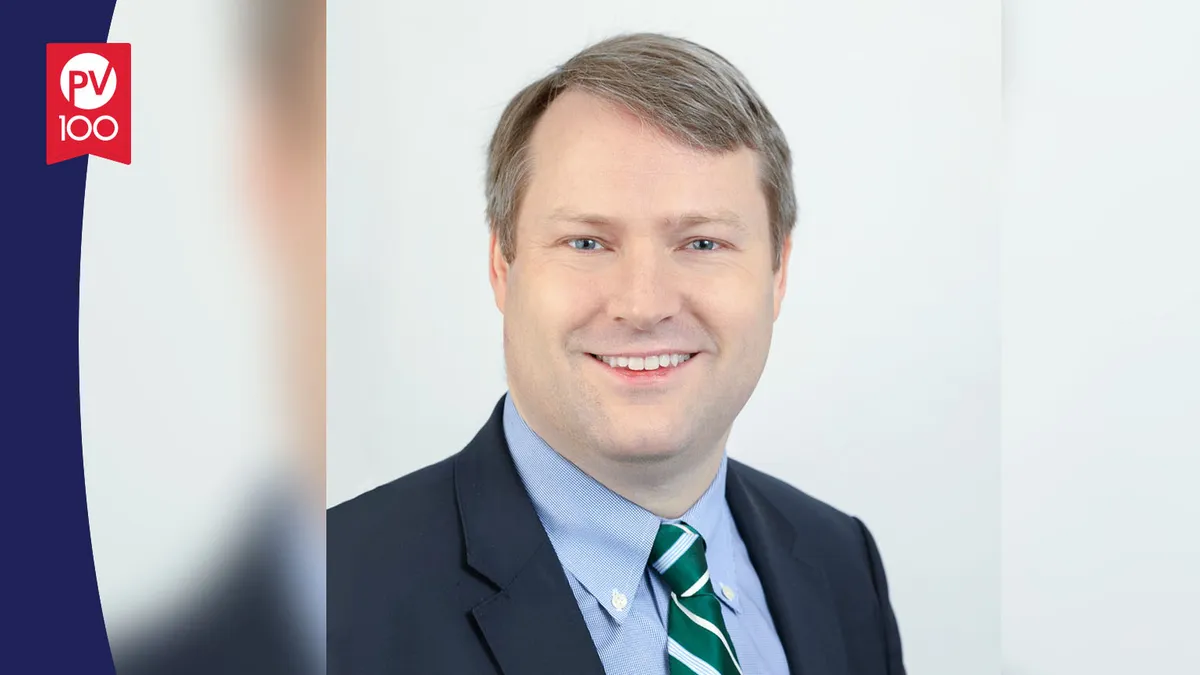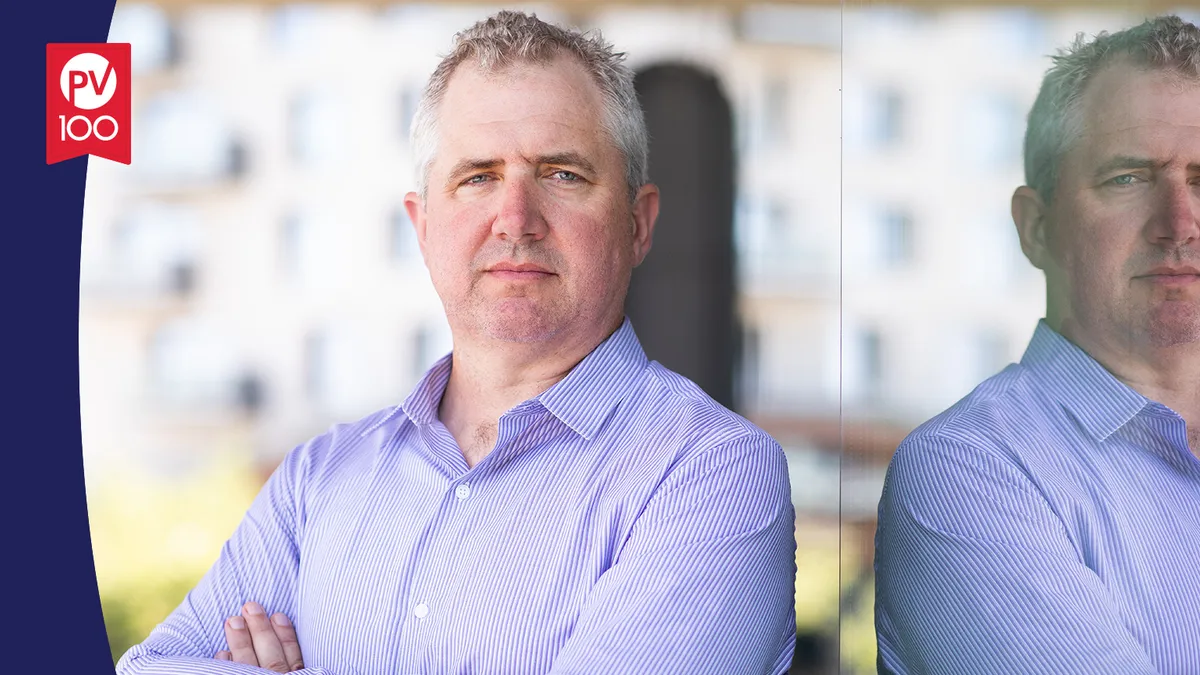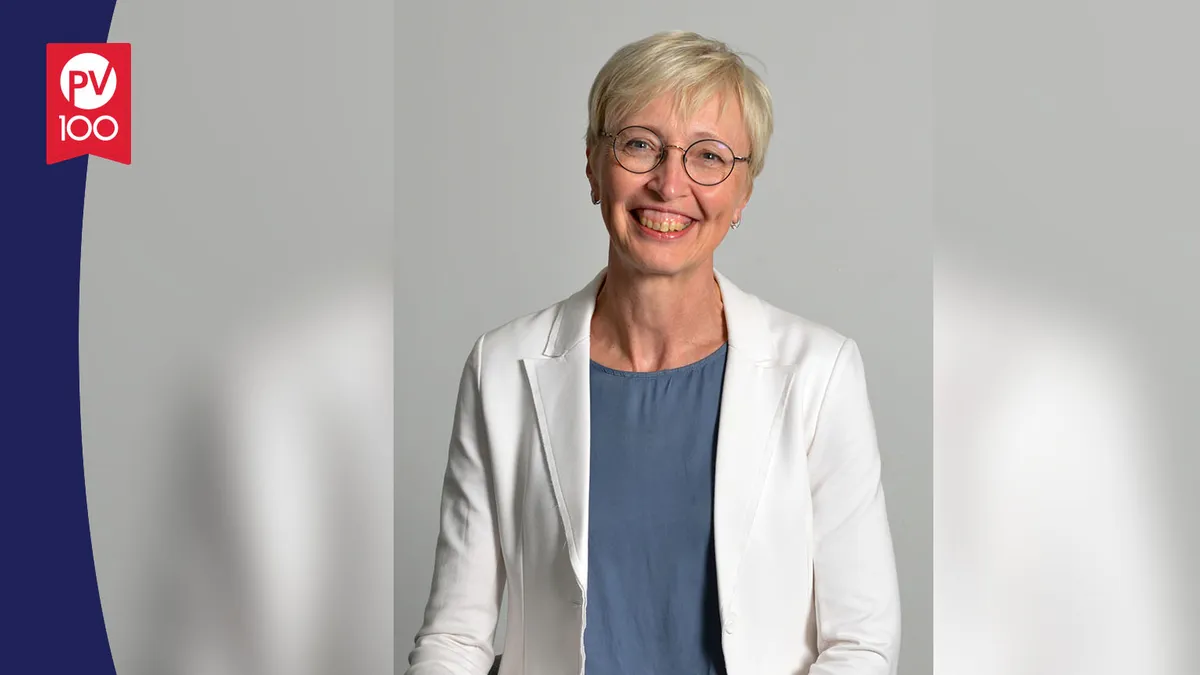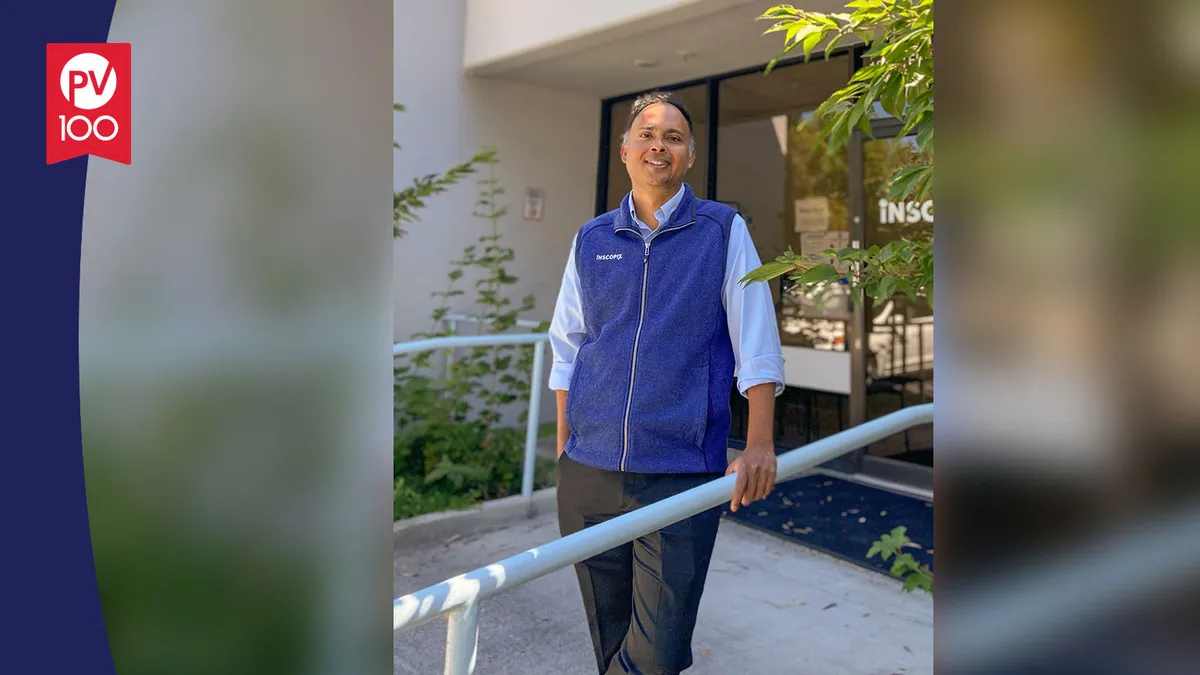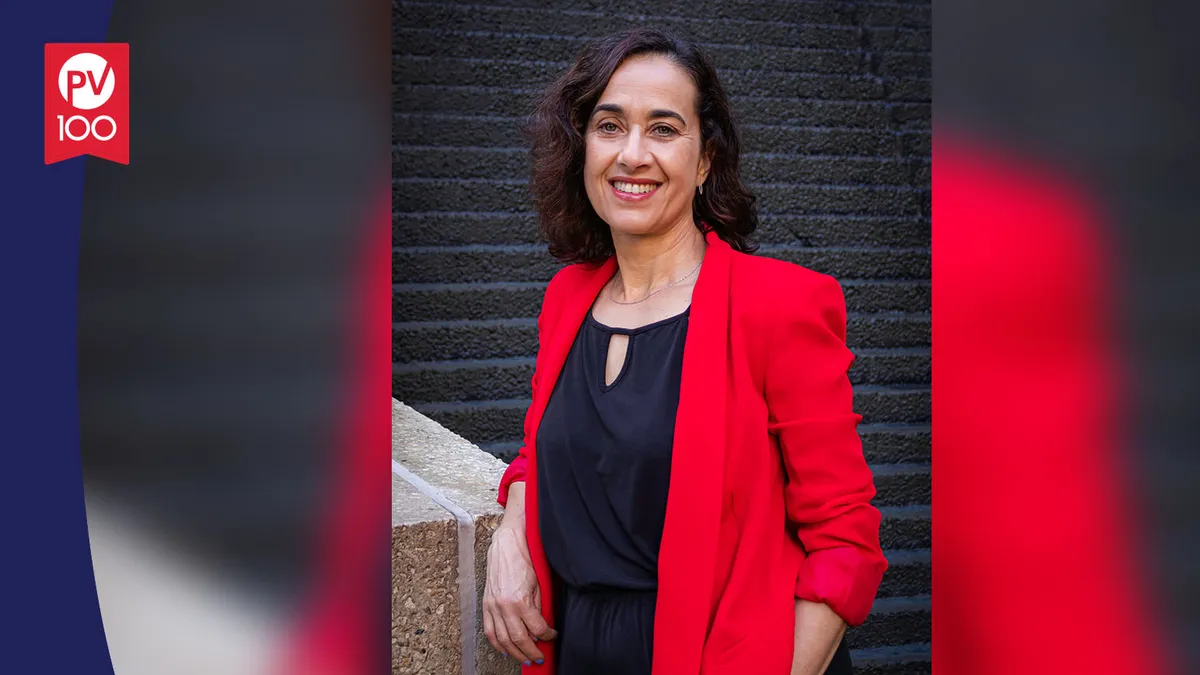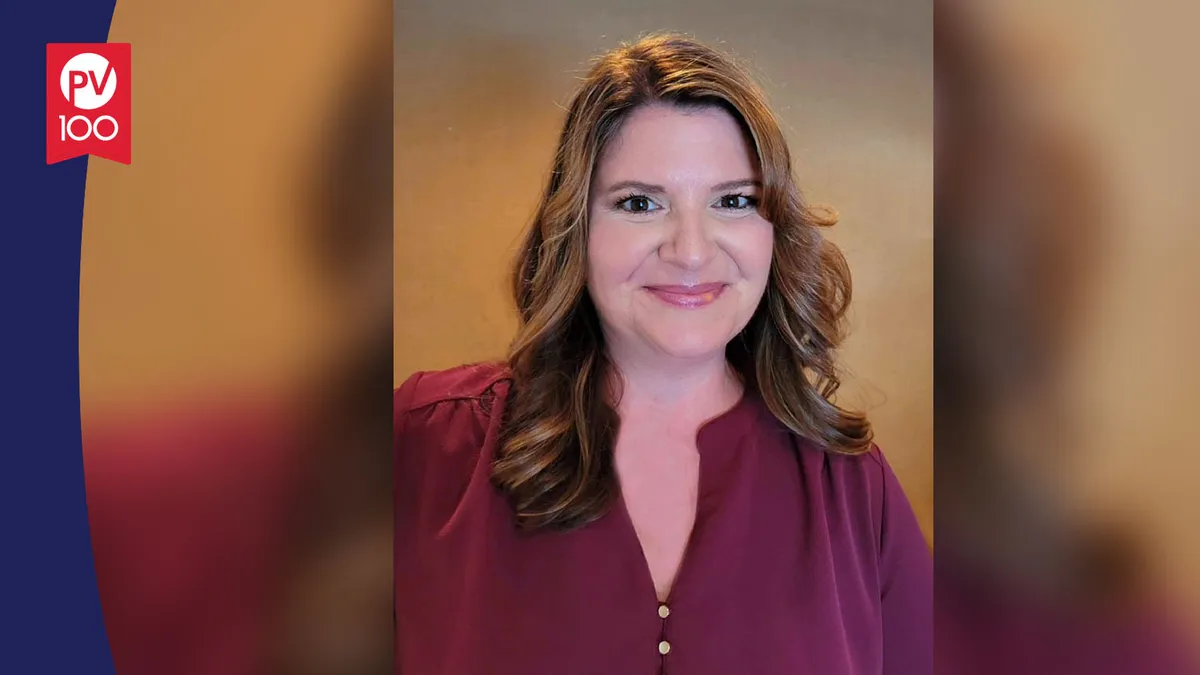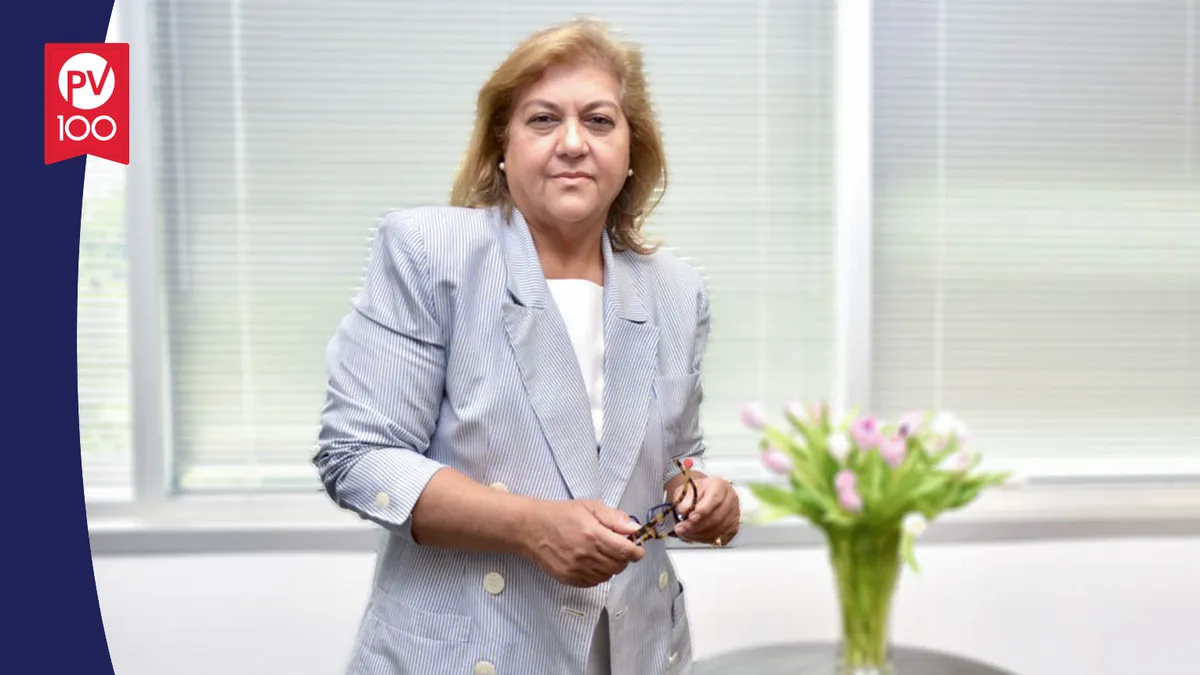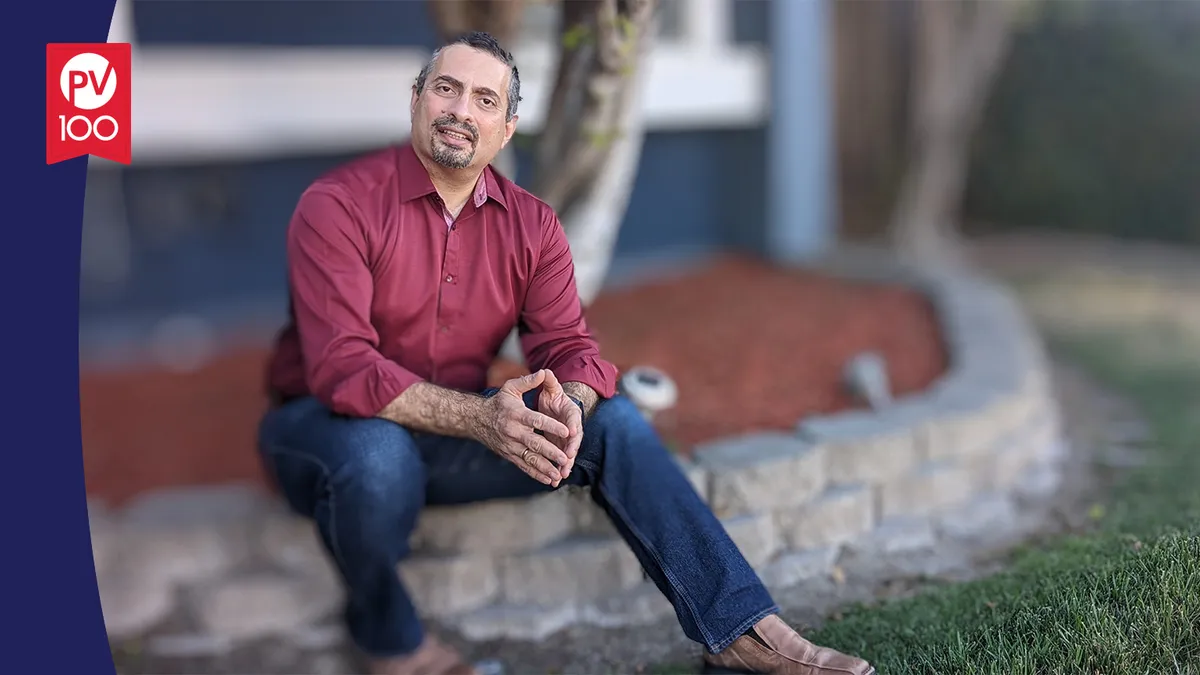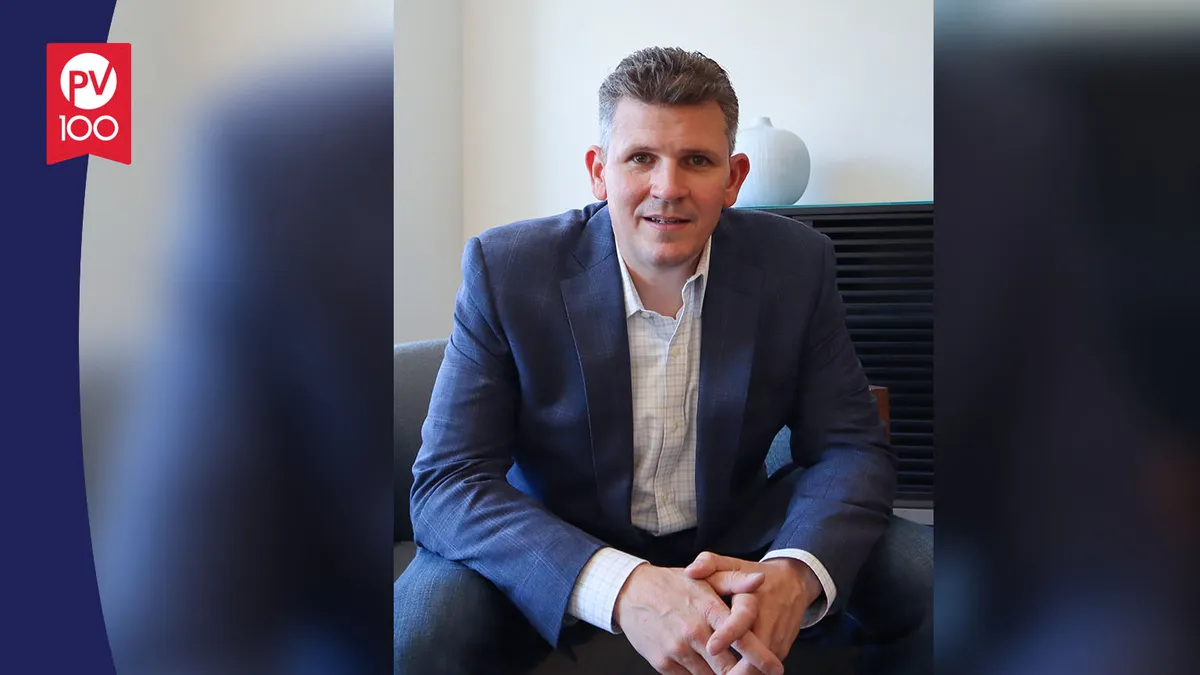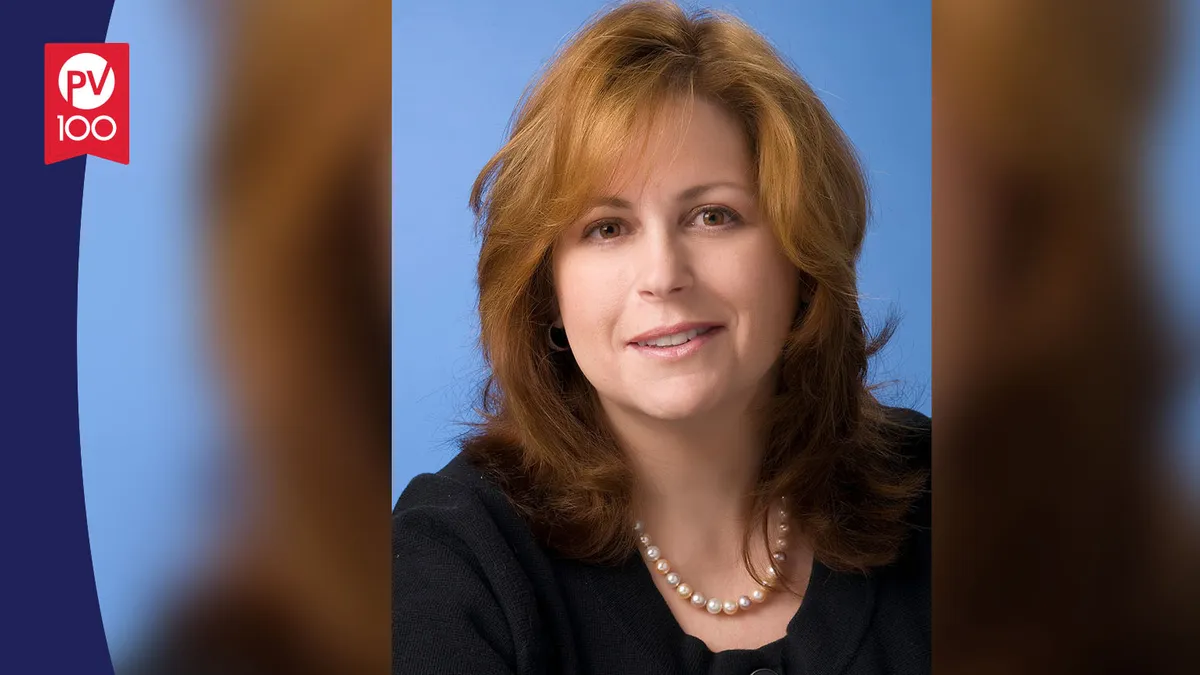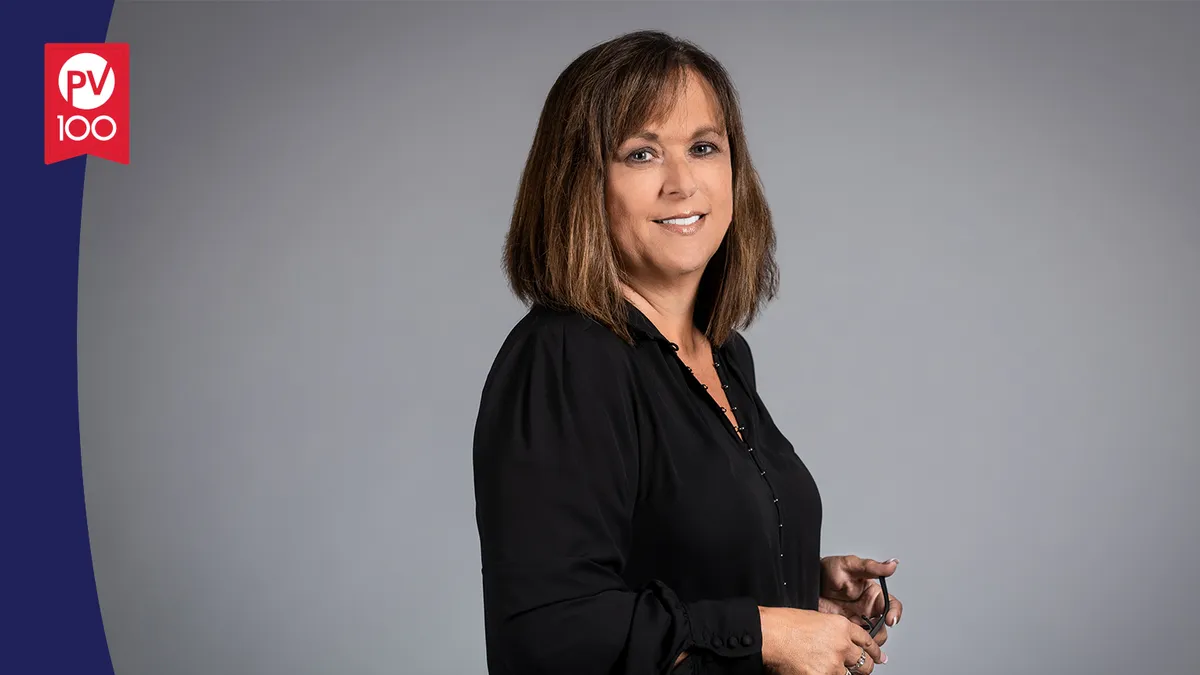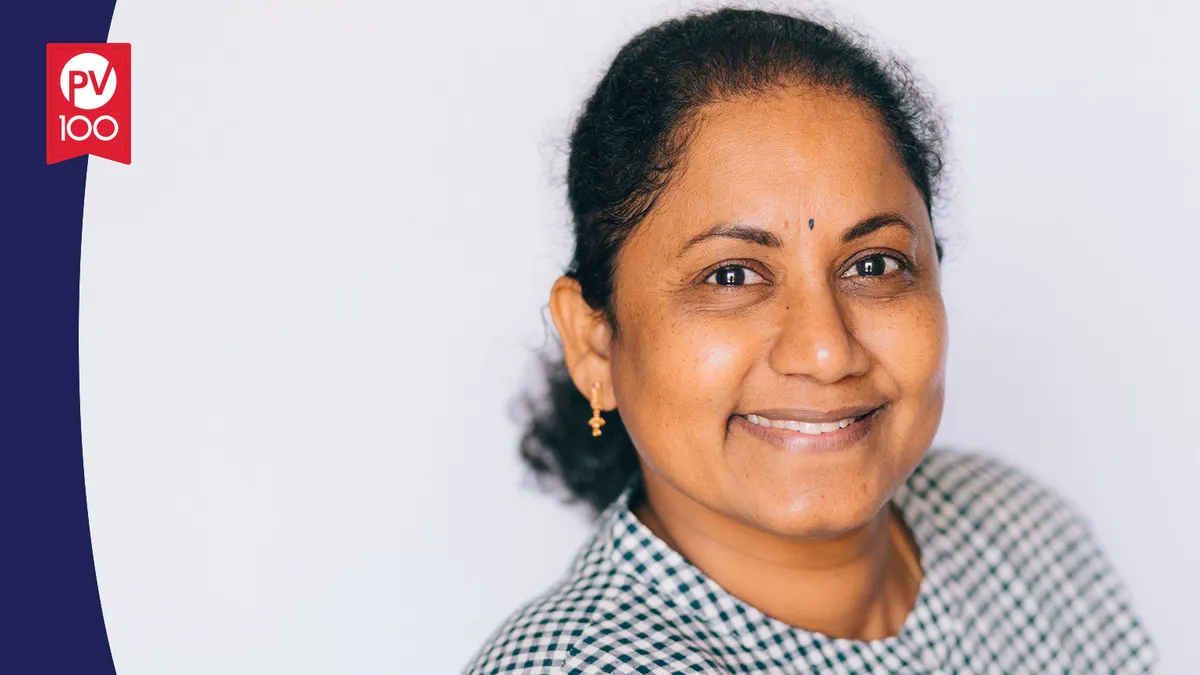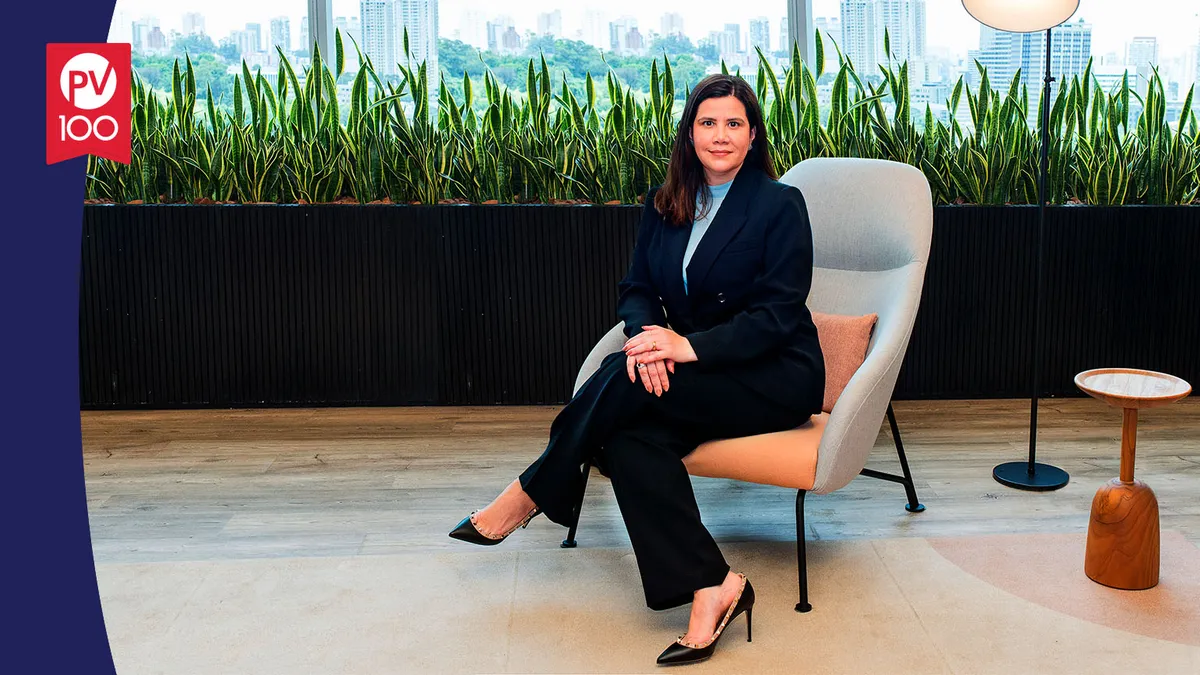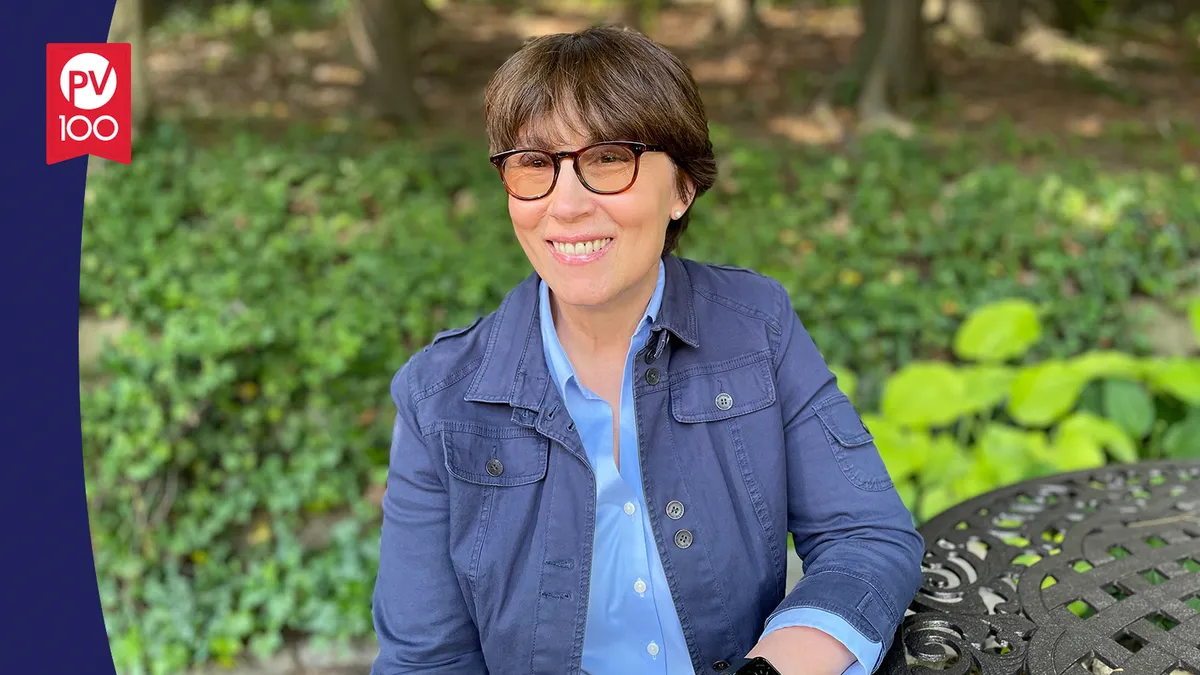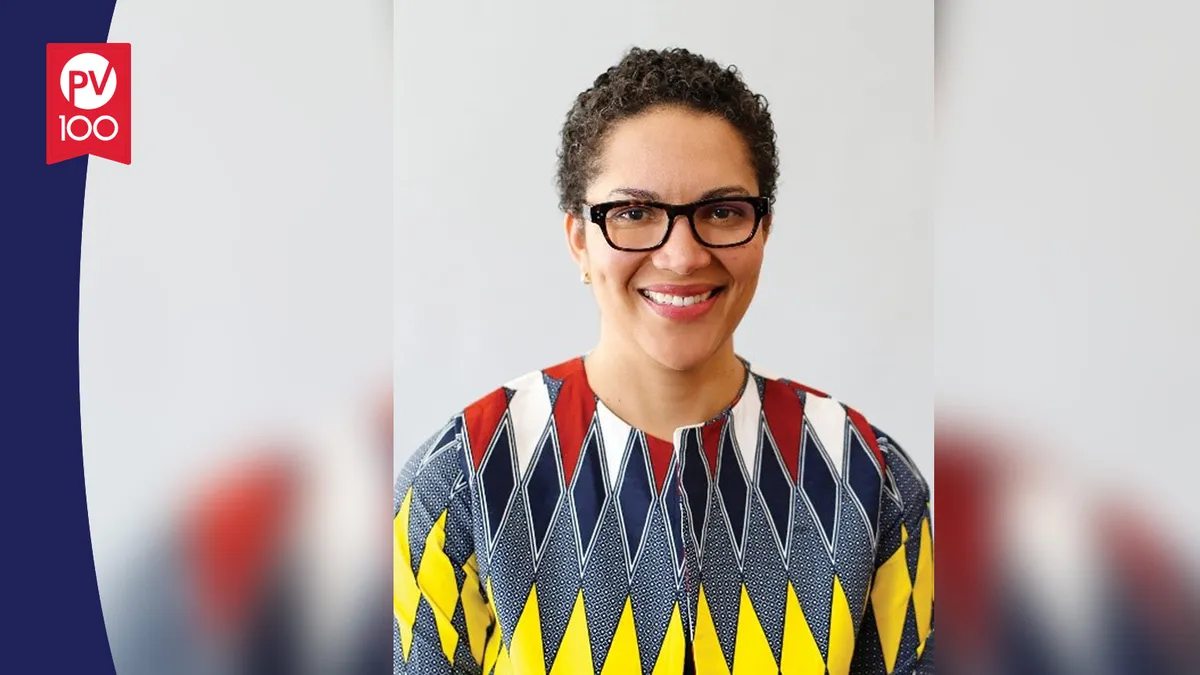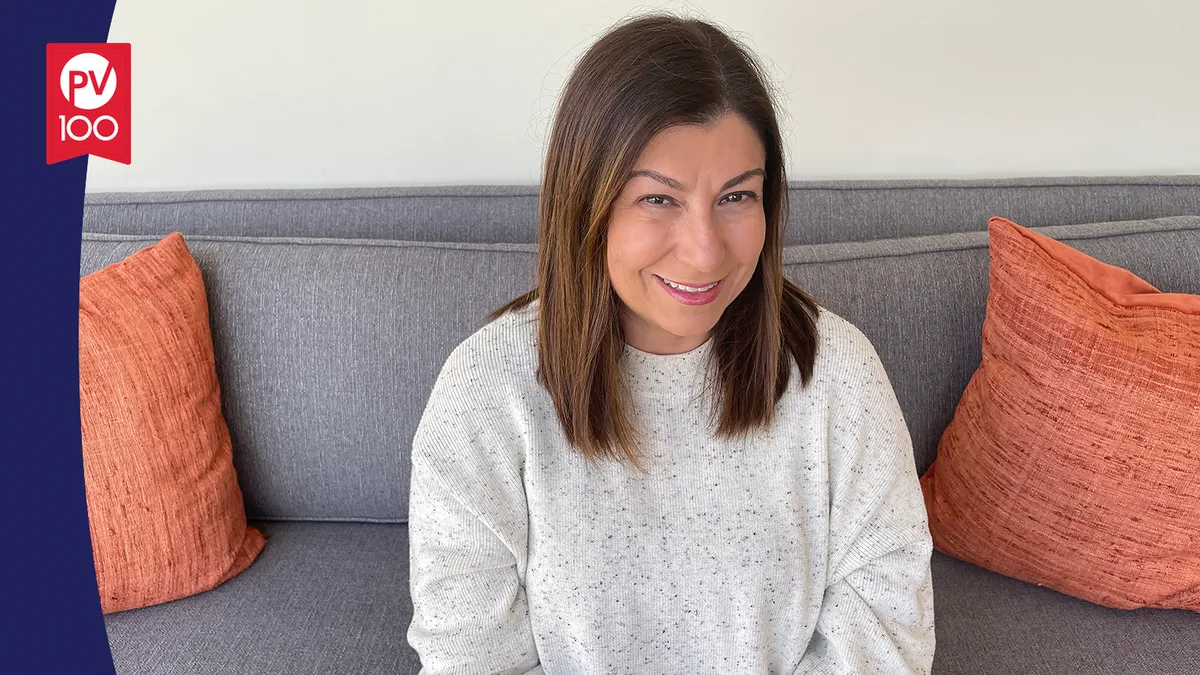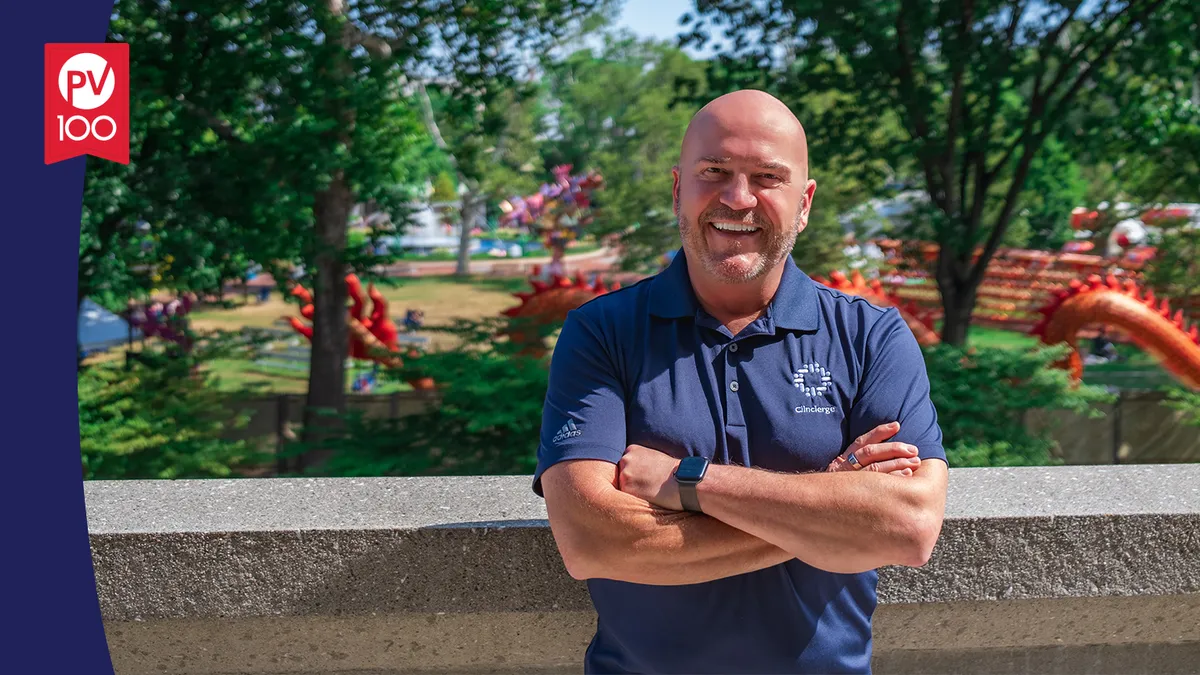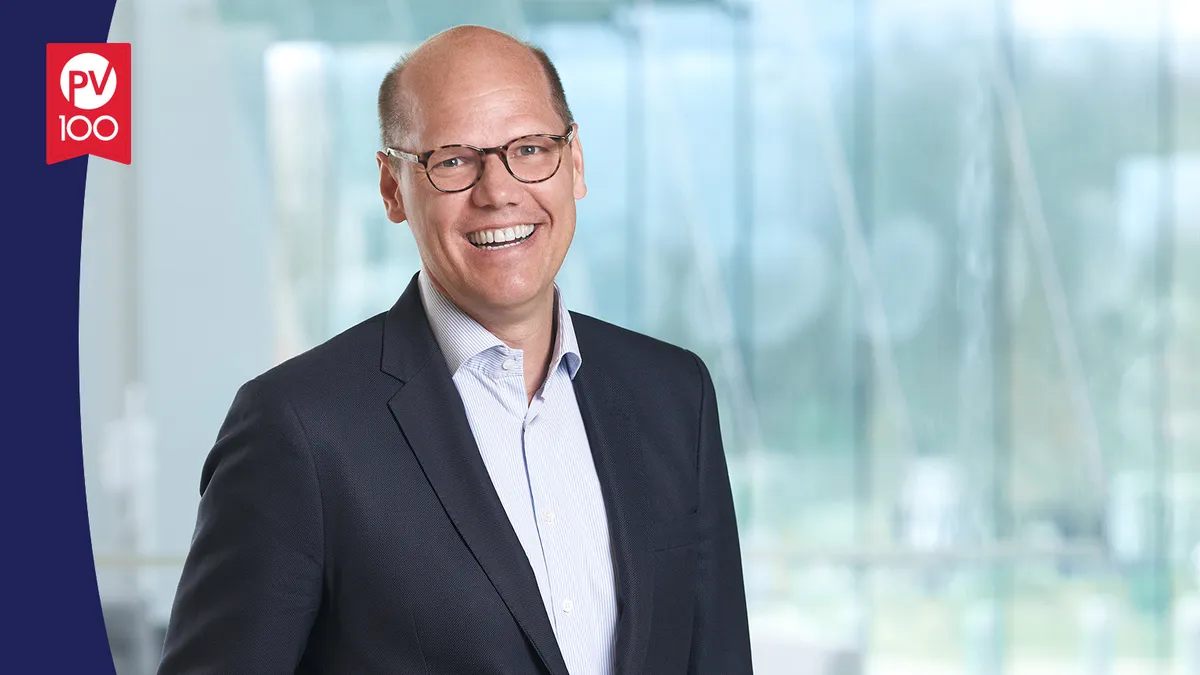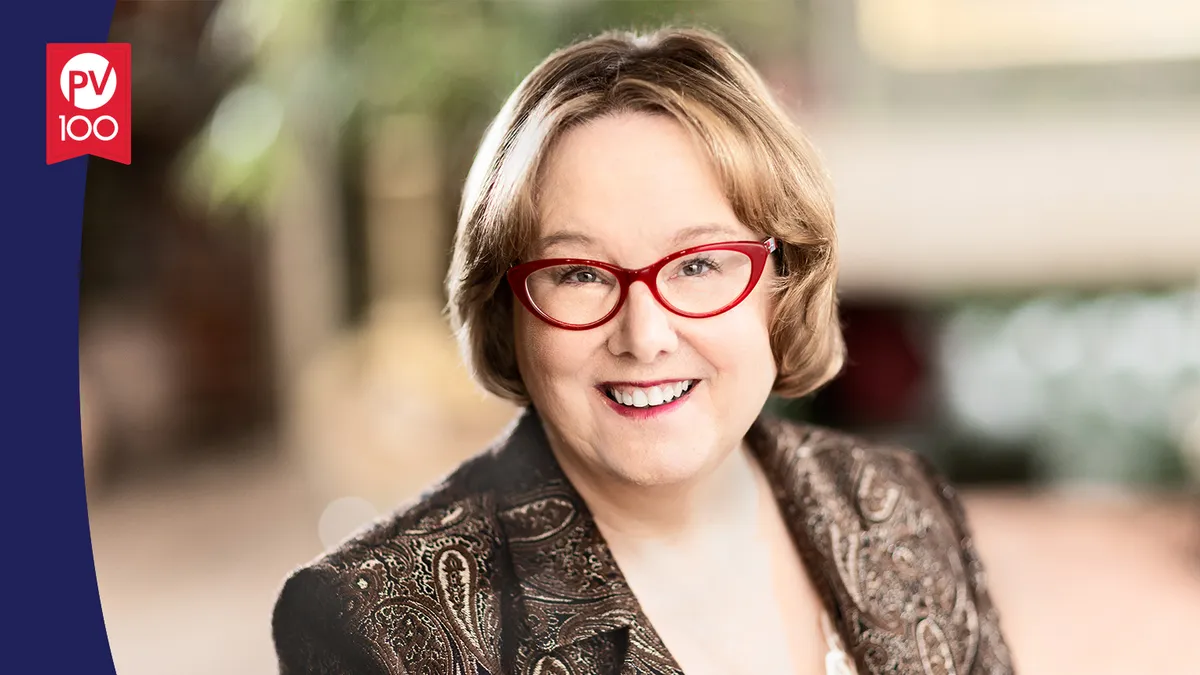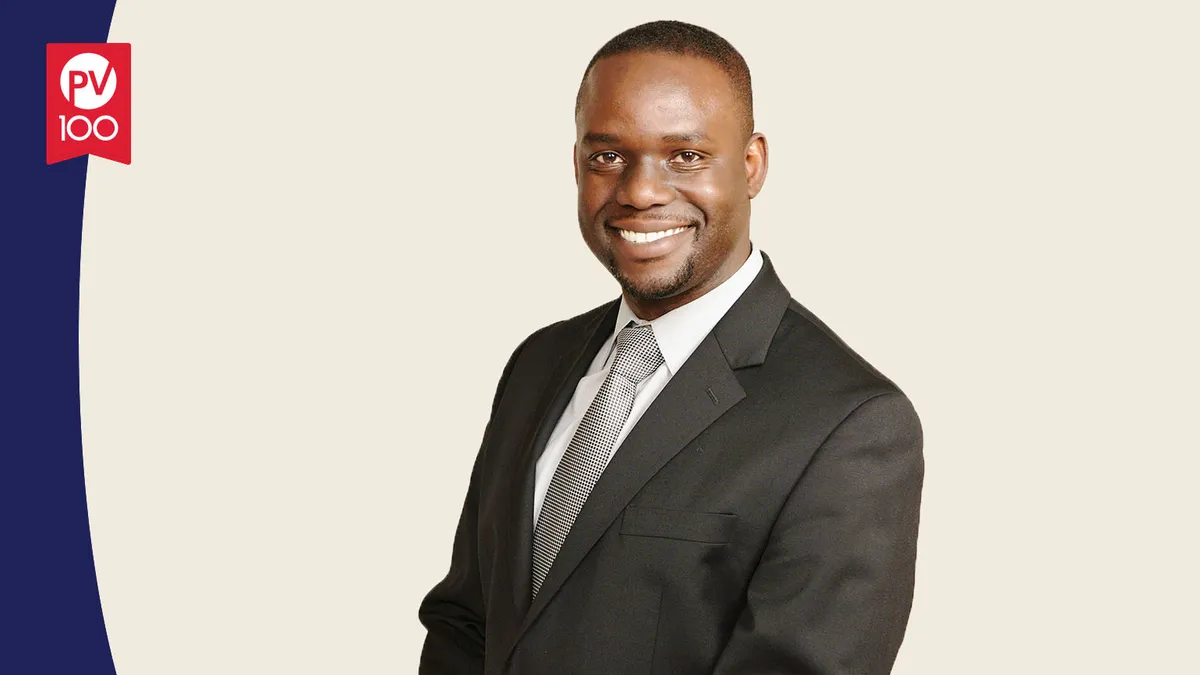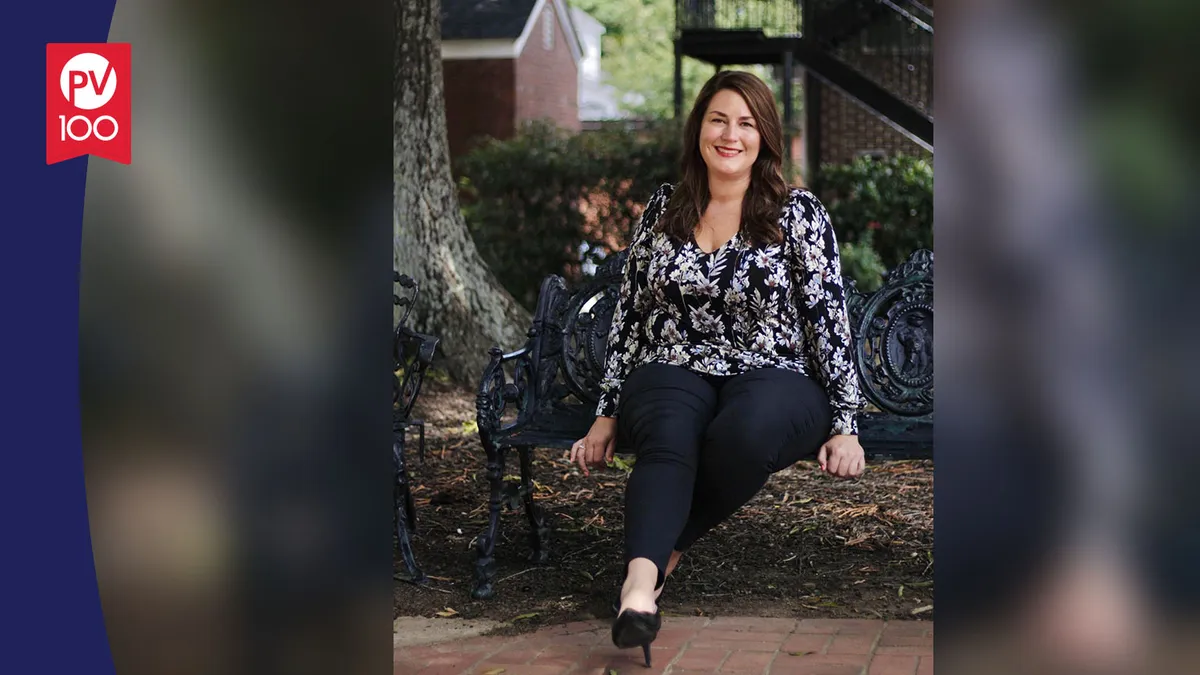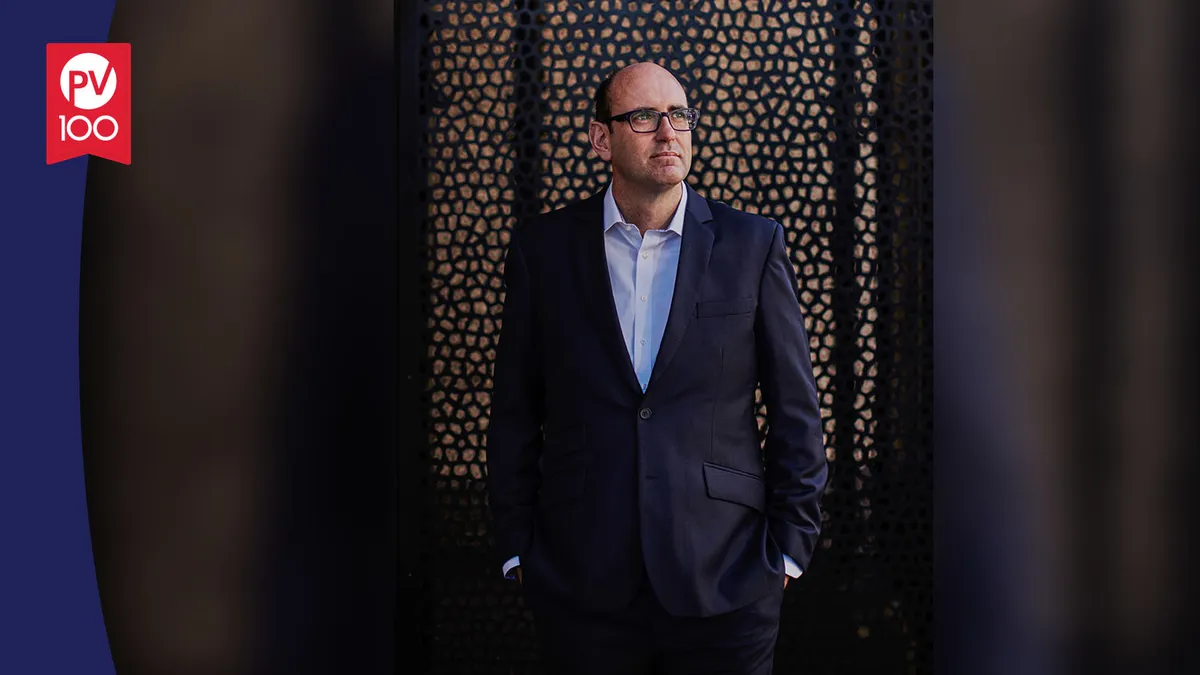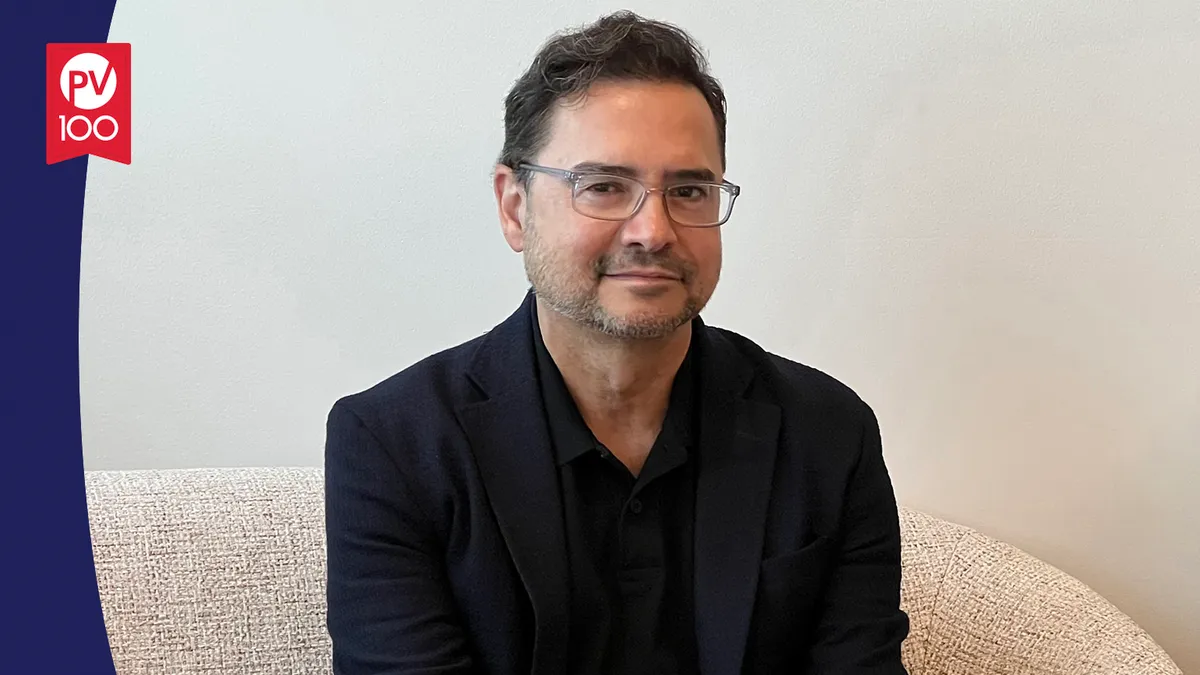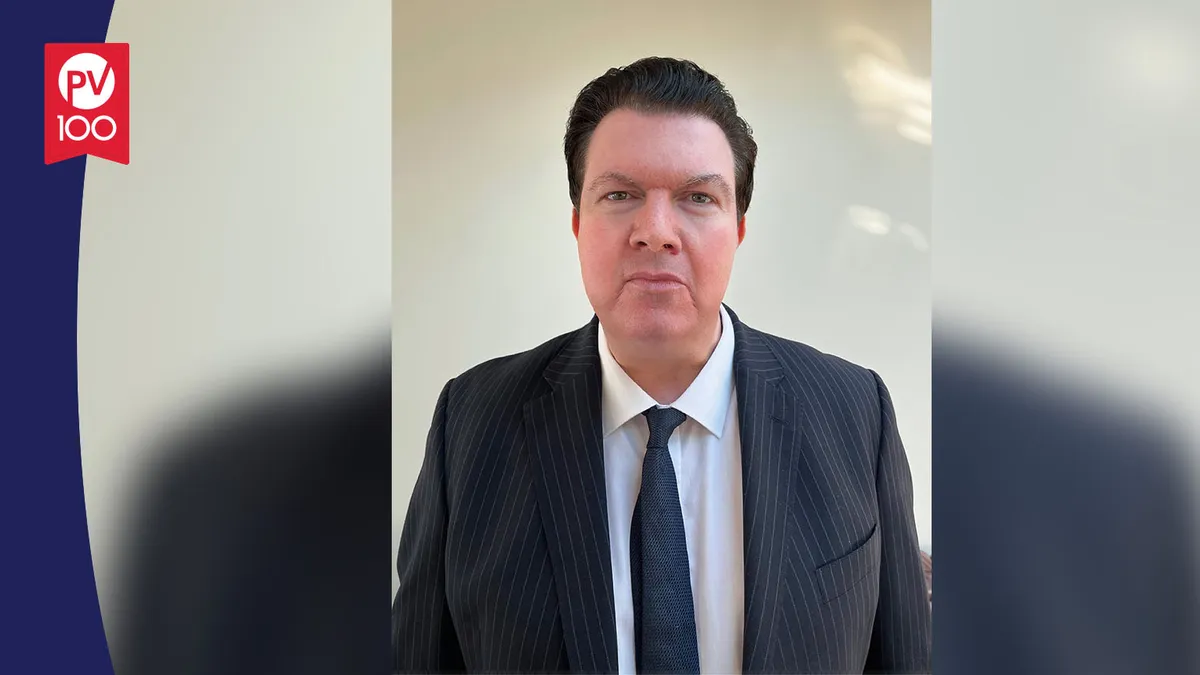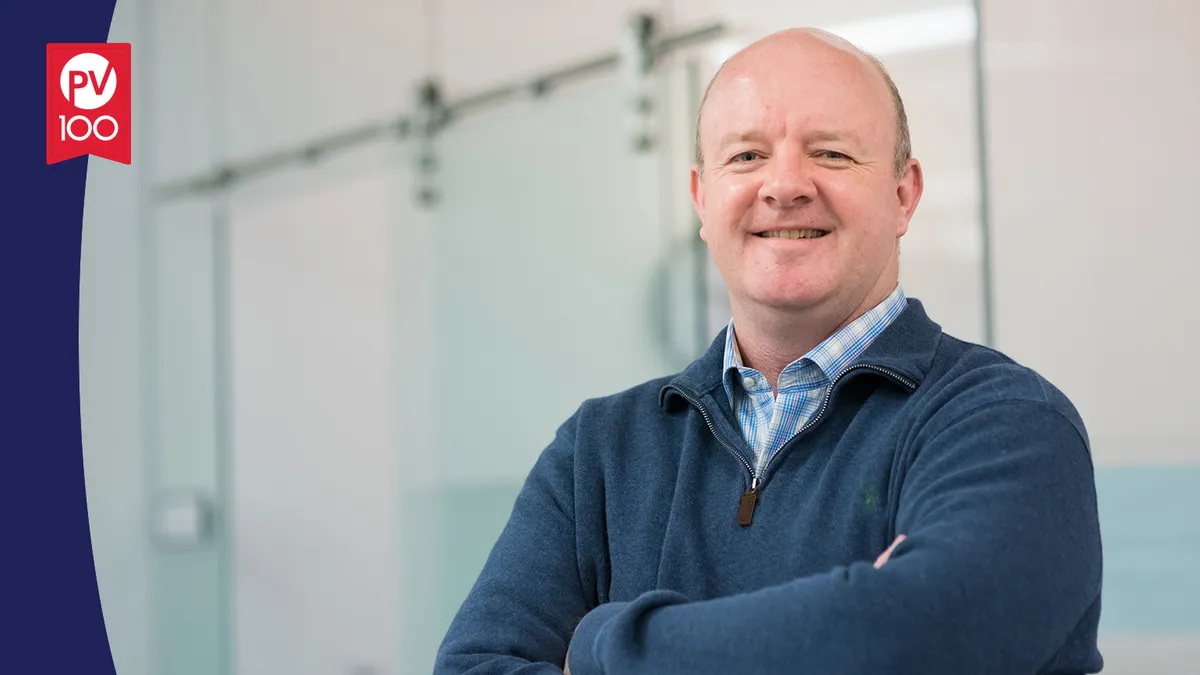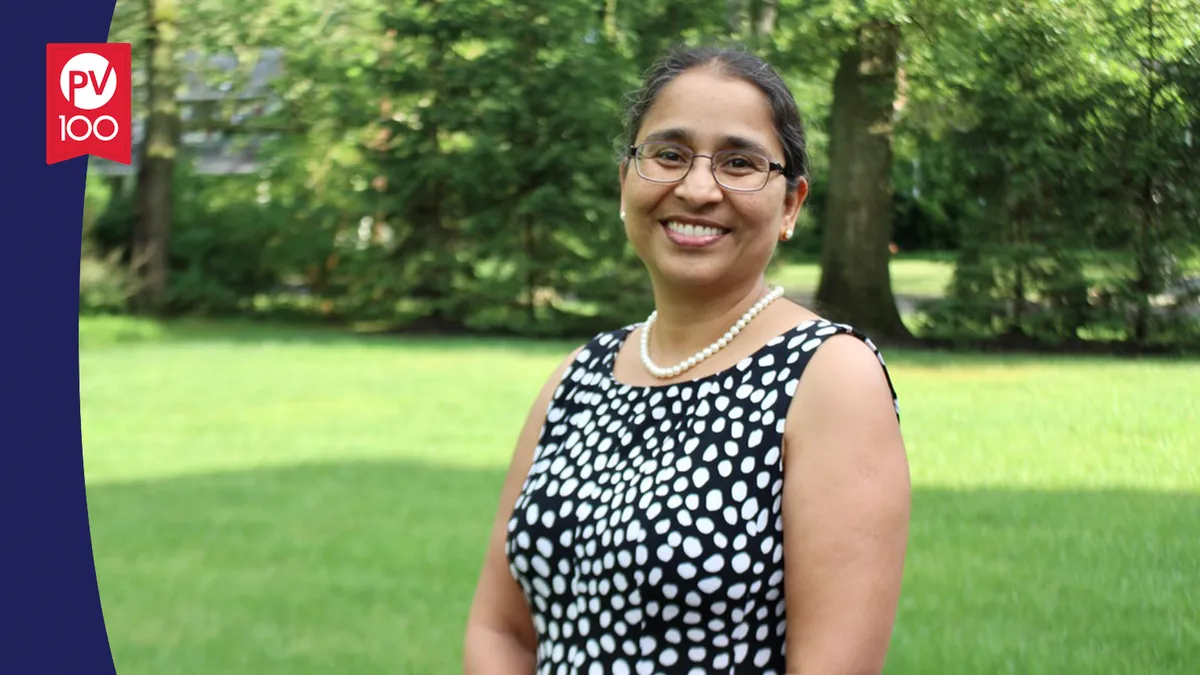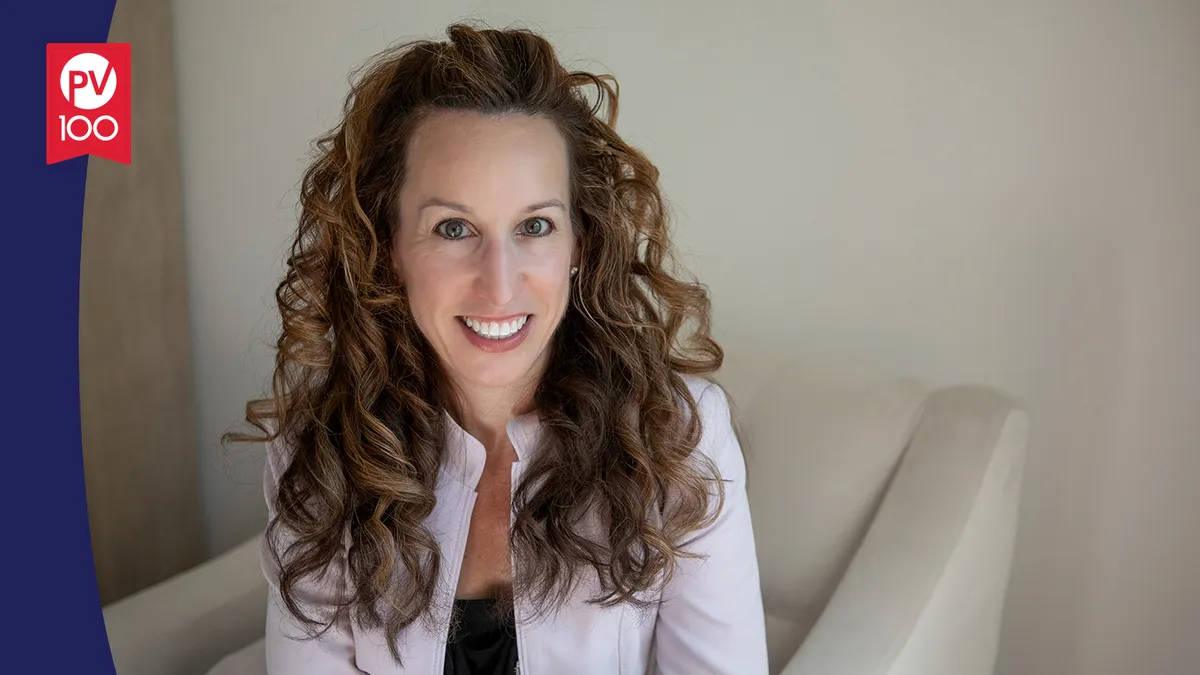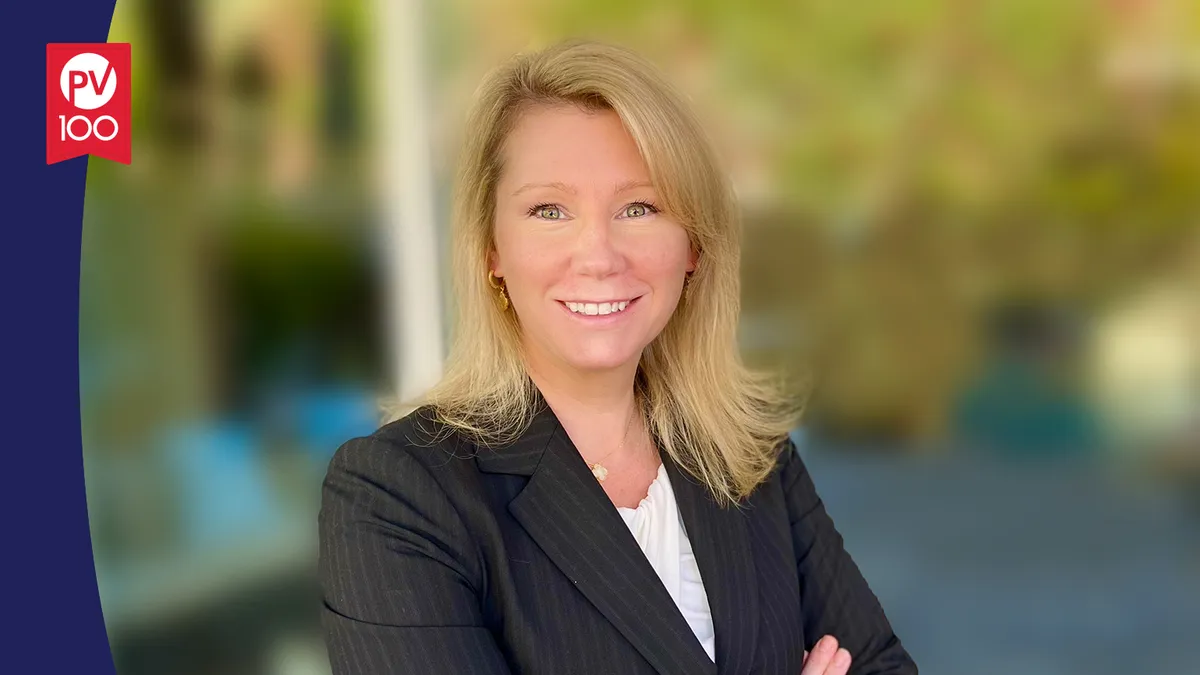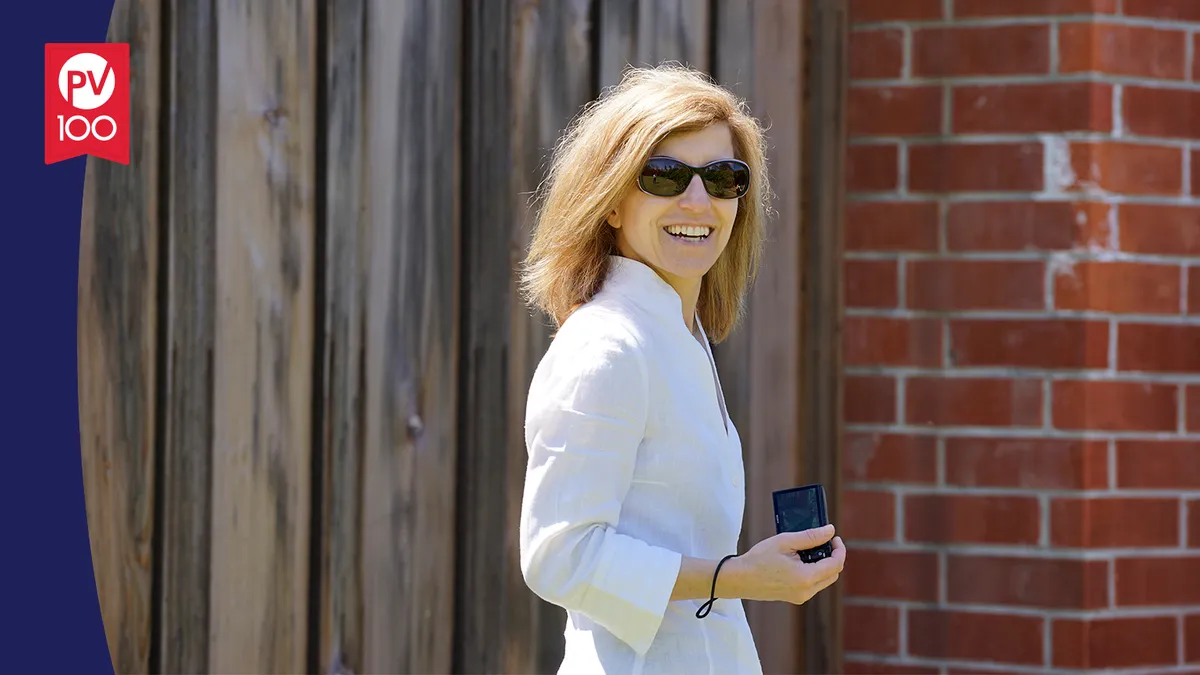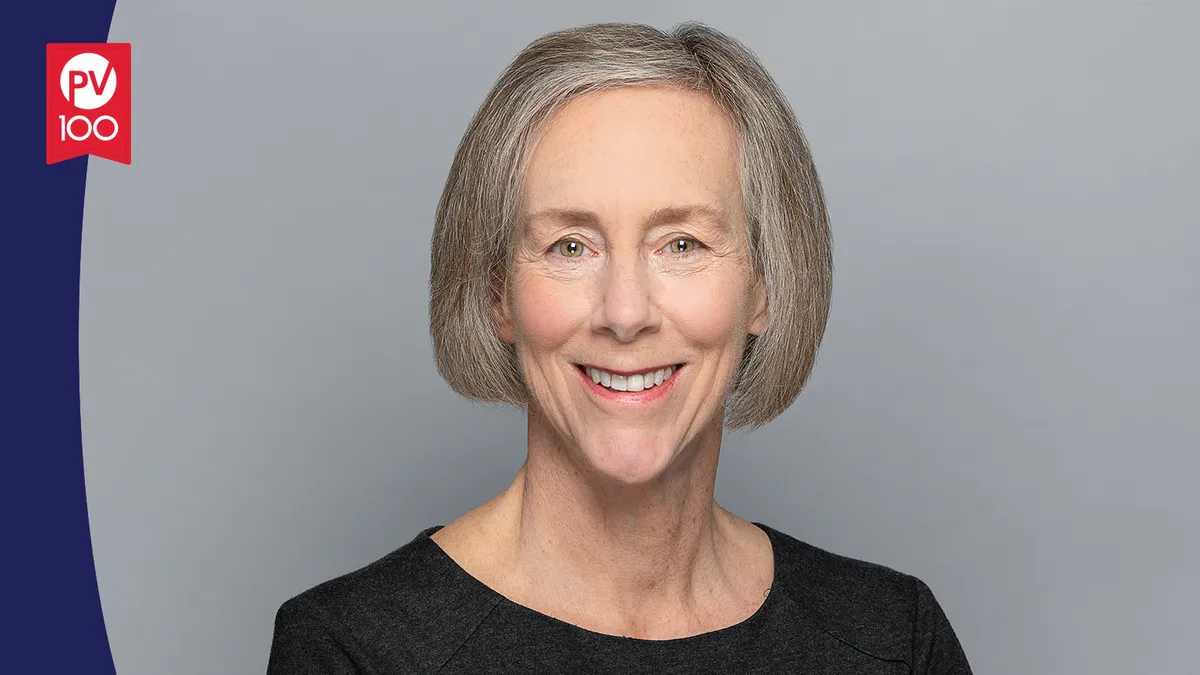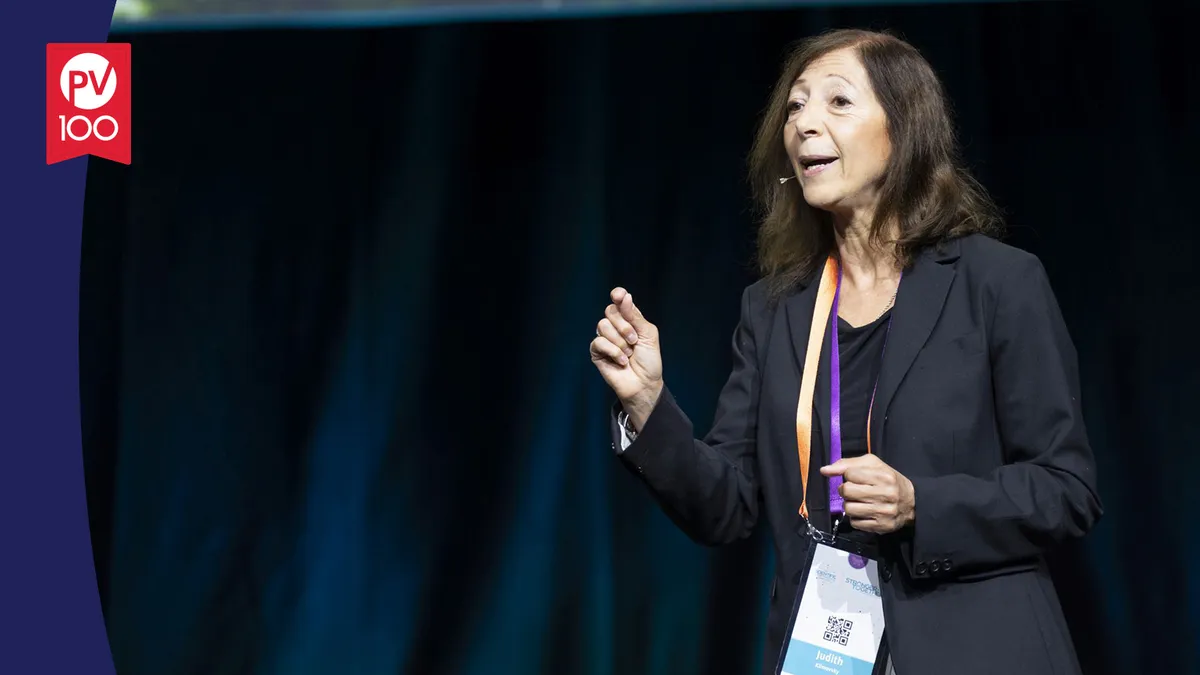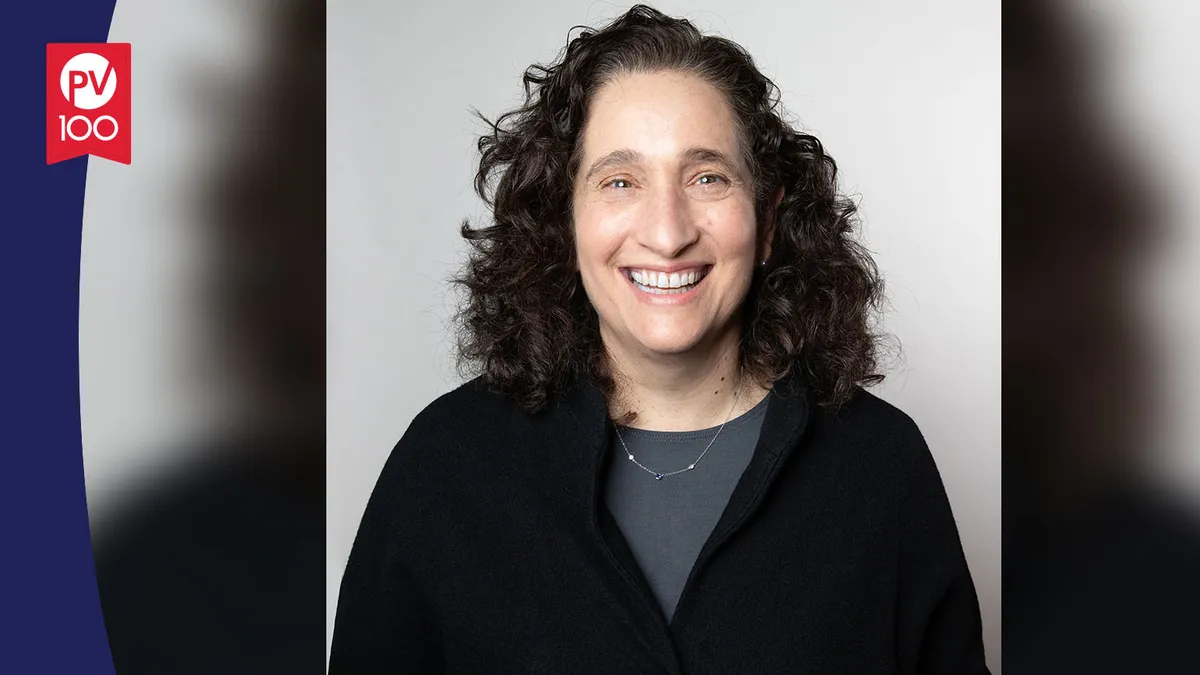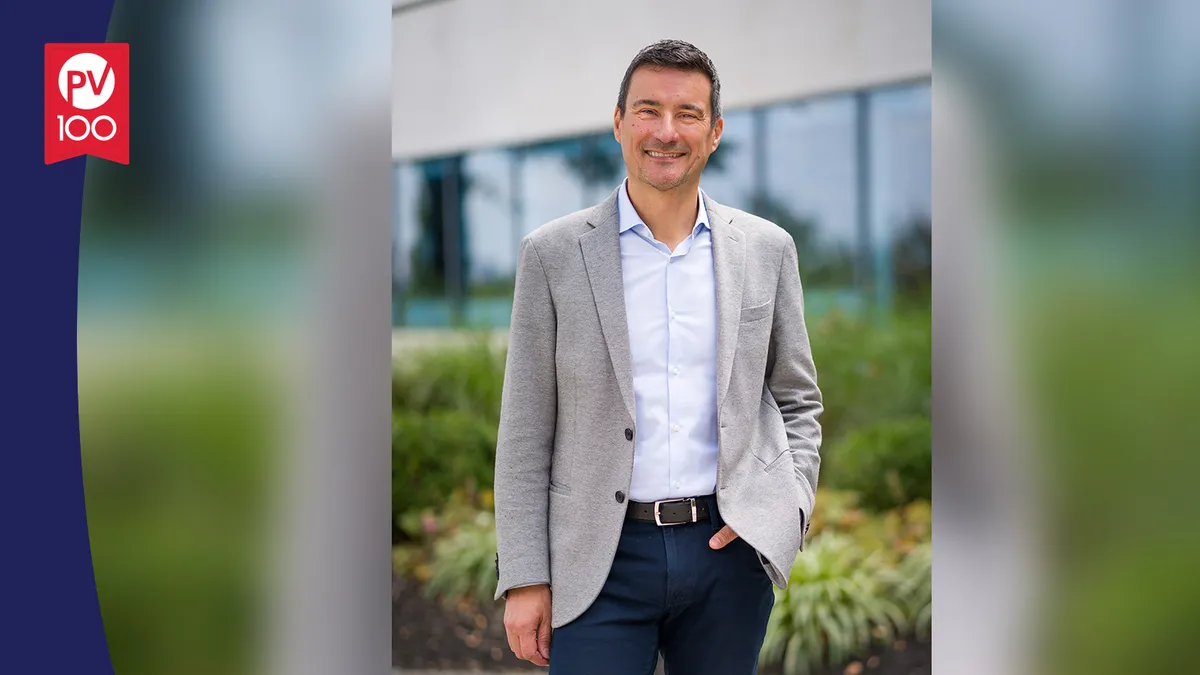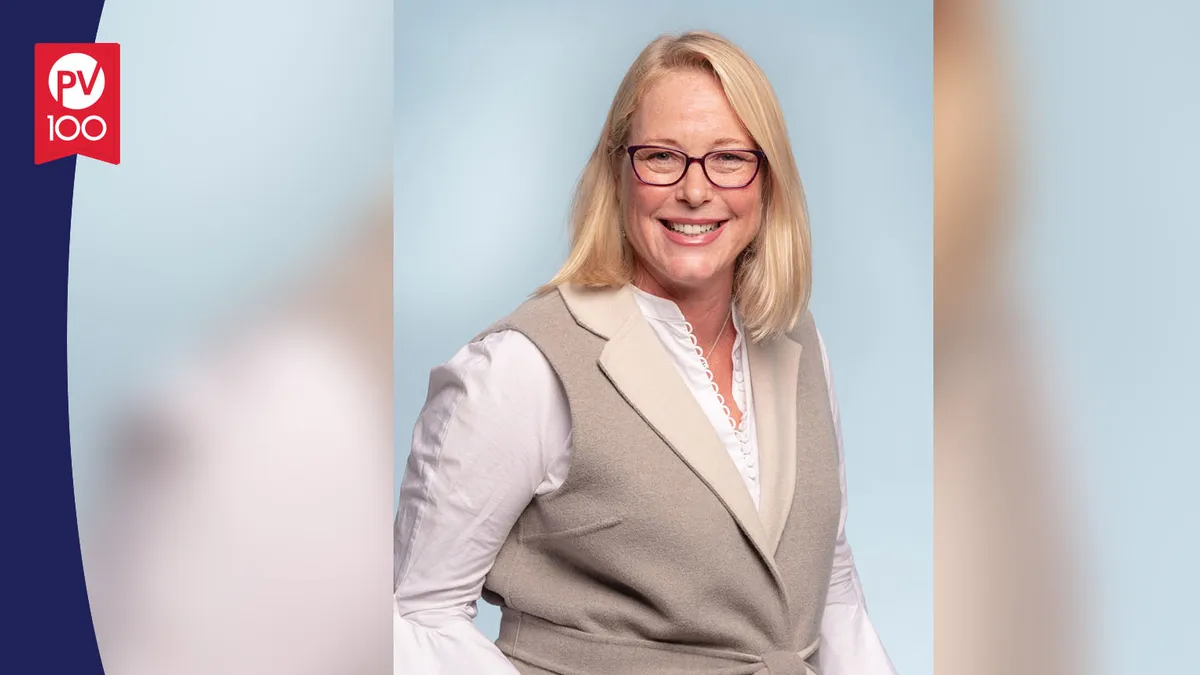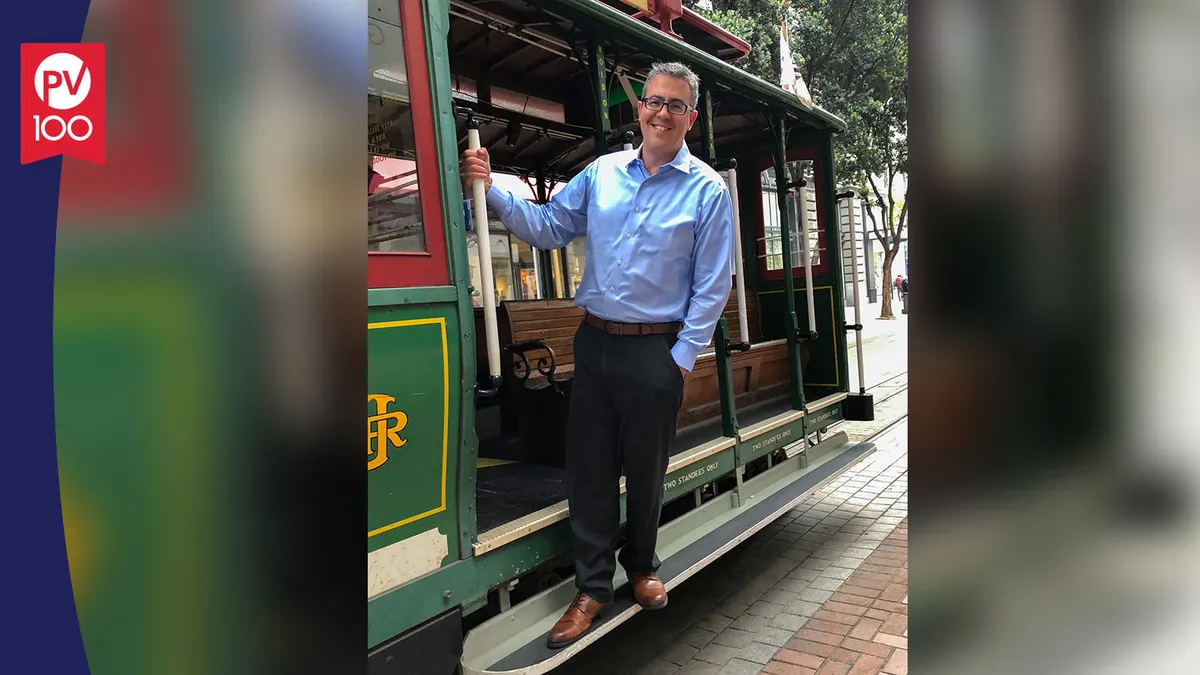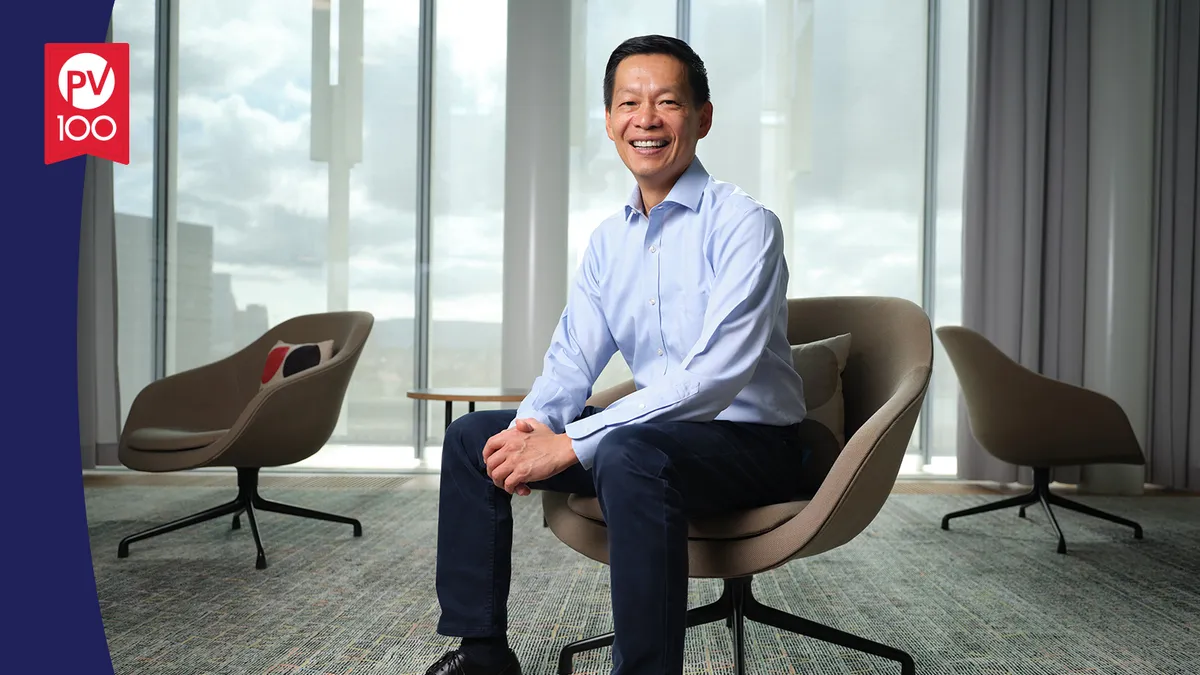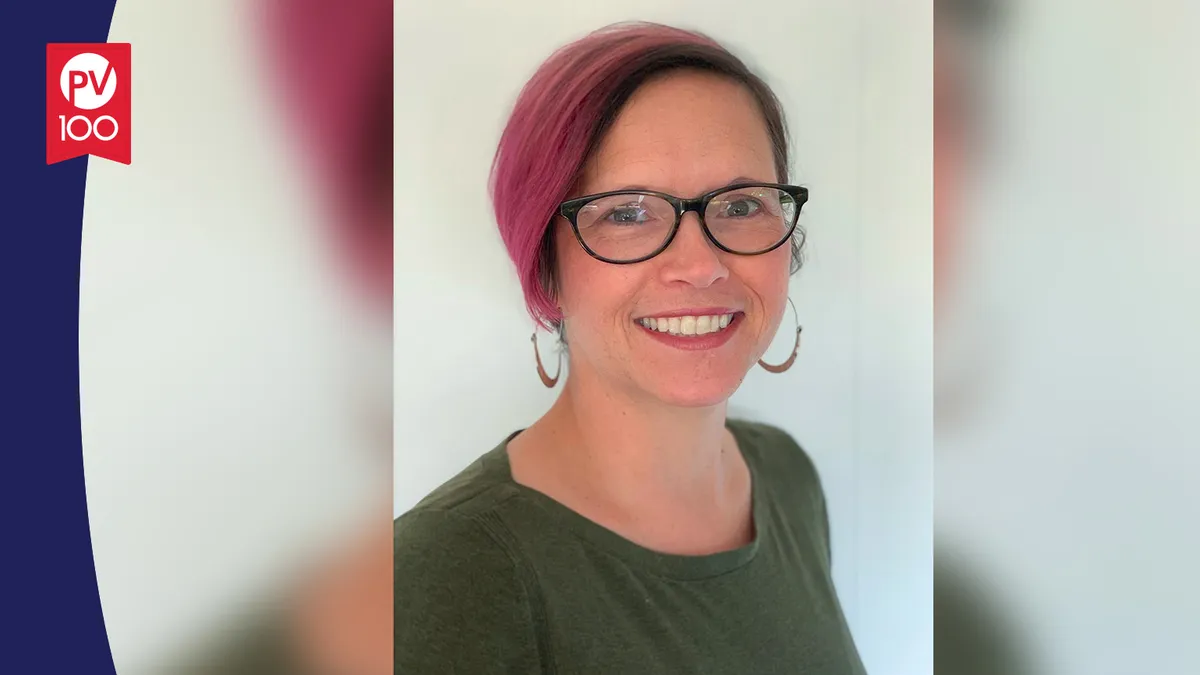Editor’s note: This story is part of our 2022 PharmaVoice 100 feature.
It’s one thing to have a big idea — it’s quite another to lay the detailed groundwork needed to bring the idea to life. That meticulous, everyday work is exactly where Baba Shetty, the president of technology and data solutions at Syneos Health, shines.
“He’s teaching organizations around the world — ours and our clients — to actively do the things they imagine,” one of his nominators says.
Syneos Health is one of the largest clinical-to-commercial and medical affairs service providers in the industry. Yet, Shetty’s colleagues say his accomplishments show it’s possible to break through bureaucracy by being “agile, nimble and data-enabled.”
“From framing our digital and CX strategies in the life sciences industry to tracking the progress of our SaaS platform, he has helped with numerous business and team evolutions,” a nominator writes. “He saw the potential in what we were building and believed in us from the beginning.”
Part of what has helped Shetty drive innovative solutions among the various teams he oversees is his penchant for embracing change while also staying pragmatic, a nominator says. The impact of these skills, which he’s honed over 20 years leading digital teams and stratgies in the industry, are far-reaching.
“I’m convinced there’s a better model for the conduct of clinical trials — and we’re in the midst of massive disruption in the field. It will be fascinating to see it play out over the next decade.”
Baba Shetty
President, technology and data solutions, Syneos Health
“[Shetty] is well on the way to making an even bigger impact on an organization that has helped develop or commercialize 94% of new drugs approved by the FDA between 2017 and 2021 by integrating data, analytics and AI into the operations of the organization,” one of his nominators says.
Here, Shetty discusses his approach to leadership and the technology trend that’s changing human health.
PharmaVoice: What new leadership skill have you honed in the last two years that you’re going to carry forward?
Baba Shetty: At Syneos Health, we’ve built a senior leadership training program focused on the concept of multipliers, based on an excellent book of that name by Liz Wiseman. The idea is that as leaders we may sometimes unintentionally ‘diminish’ our teams — and if we instead focus on unlocking all the smarts, energy and focus of our people, we can achieve more, faster. It’s a good lesson in managerial humility.
How would you describe your leadership style?
I’d describe my leadership in three verbs [that are] kind of a mantra for myself: listen, focus, clarify. To listen — to really listen — to our customers, our colleagues, our team members is something I try for. To me that’s the first step.
Focus is probably the lynchpin. To always be asking: Of all the things that we could do, what are the few things we must do? The long list of goals or tasks can be appealing — because there’s always a lot to do. I think it is a real skill to narrow that list down to the relatively few high leverage actions that will have disproportionate impact.
Clarify is my reminder that we are too often talking past each other. It’s a bit of an art form to be able to sift through complexity and distill down to the essence of the issue and make things clear within our teams. It’s an aspect of leadership I very much appreciate in others and aspire to myself.
What is the single most important trend impacting the industry?
The impact of artificial intelligence on human health. As a team, we’re spending a lot of time and focus on how AI and advanced analytical approaches will change product development for life sciences. We acquired a technology startup last year that is a specialist in this area. It’s a fascinating, fast-moving area, and a big area of focus for us.
What’s the most meaningful item on your desk?
My father was a cardiologist. He died too early from cancer. I have his watch on my desk, and it reminds me of the patients he saw every day during his practice — and of the disease that took him from us too soon. For me, it’s a reminder of the impact of the work we do in life sciences — why our work matters.



